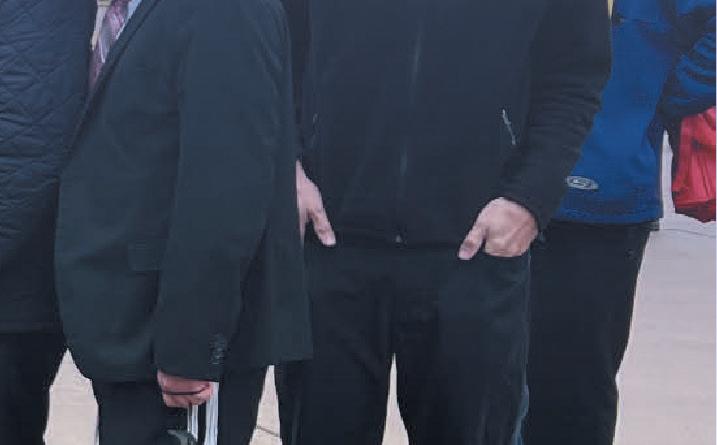
ASU students embraced Jewish life on campus during a special event
CELLO STILL SINGS
Cellist and author Janet Horvath appears at the Red Rocks Music Festival



ASU students embraced Jewish life on campus during a special event
CELLO STILL SINGS
Cellist and author Janet Horvath appears at the Red Rocks Music Festival

SHANNON LEVITT | STAFF WRITER
On Oct. 7, 2023, the day that Hamas launched an attack on Israel killing nearly 1,200 people and taking more than 240 hostages, Adam Berdichevsky took his wife and three young children into their home’s safe room, armed only with kitchen knives.
The family lived in Nir Yitzhak, a kibbutz about two miles from Gaza, where Berdichevsky was born and raised. From within a place of relative safety, he could hear guns and shouts. He knew death was at the door. Four of his close friends were murdered, more were grievously injured and seven civilian residents were kidnapped.
One year later, Berdichevsky and his wife, Hila, shared pieces of their tale of survival with the Greater Phoenix Jewish community at a commemoration event, which took place on Monday, Oct. 7, at the Ina Levine Jewish Community Campus with 700 people in attendance. He was asked to speak by the Center for Jewish Philanthropy of Greater Phoenix (CJP), which hosted the event.
Hila Berdichevsky recounted many details of what she and her family went through on that day, tearing up when she told of not knowing whether the text messages with her husband’s family would be the last they exchanged. Berdichevsky also wanted the crowd to know the importance of resiliency. His personal experience with the concept goes even beyond surviving that terrible terrorist attack. On returning to Israel from a vacation with his now-wife in 2007, the couple stopped in Thailand and were on a ferry when a violent storm capsized the boat. In the water, Berdichevsky became entangled in the engine’s motor and propeller. His right leg was cut deeply and most of his left leg was severed.
He didn’t give up on himself in a situation where many might have been tempted to. In fact, six years after learning how to maneuver with a prosthetic limb and
SEE SPEAKER, PAGE 2
SHANNON LEVITT | STAFF WRITER
The Israeli flag attached to the back of Max Heeres’ motorcycle flew fast as he pushed his bike to 100 miles per hour, racing down Loop 101 on Monday night. He was intent on gathering with Jews from across the Valley in mourning the horrific Hamas attack on Israel that took place one year ago, resulting in nearly 1,200 deaths and more than 250 hostages.
The Israeli-American president of the Lost Tribe of Arizona motorcycle club sped, knowing that “even if anyone wants to run me over, I go by so fast they don’t have time.” His fellow Lost Tribe member, Doug Faigel, joined him for the Oct. 7 commemoration event. The two both came last year when more than 4,000 people gathered in Scottsdale two days after the Hamas attack.
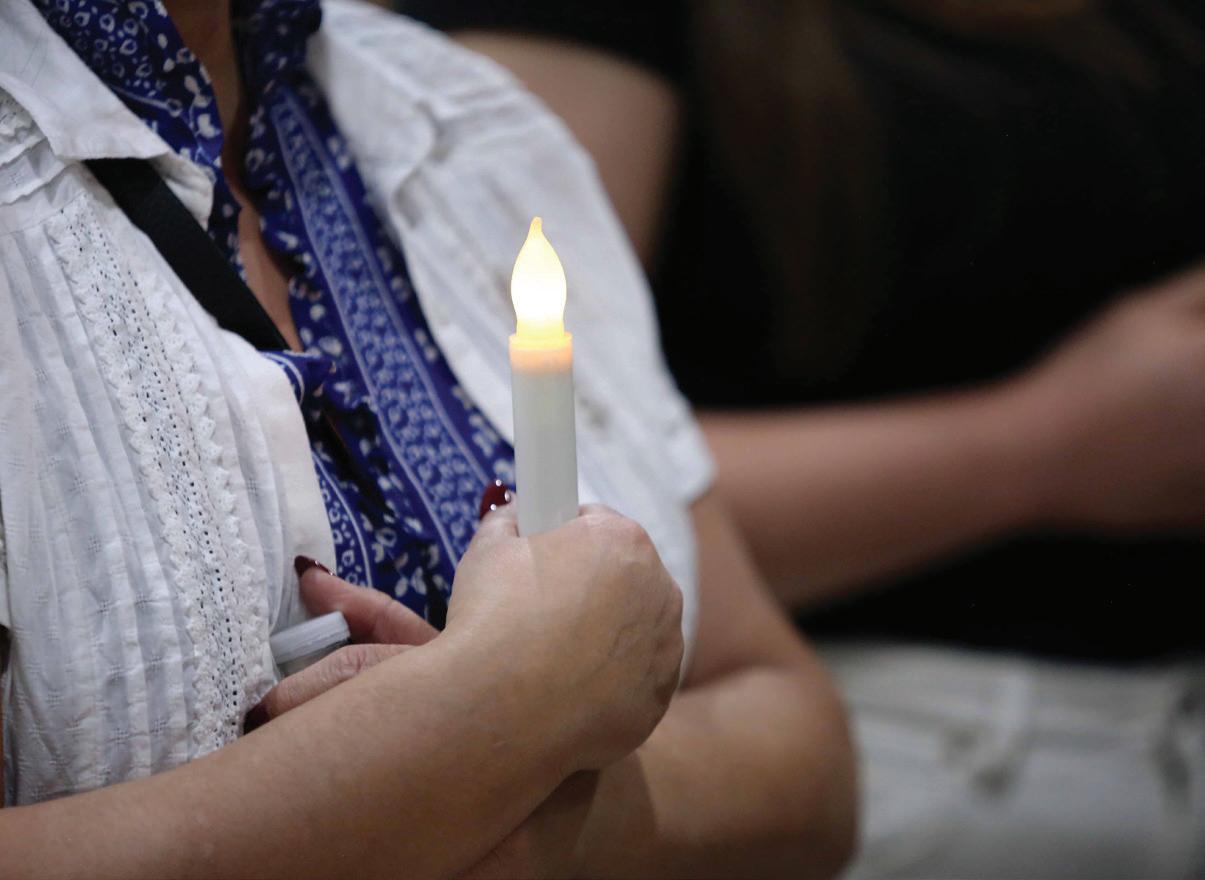
“There was an outpouring of support last year, but Israel feels more alone right now. We need to show our solidarity,” Faigel told Jewish News. While both men literally wear their Jewish identities on their motorcycle jackets, they needed to mourn with the larger community. SEE COMMEMORATION, PAGE 3
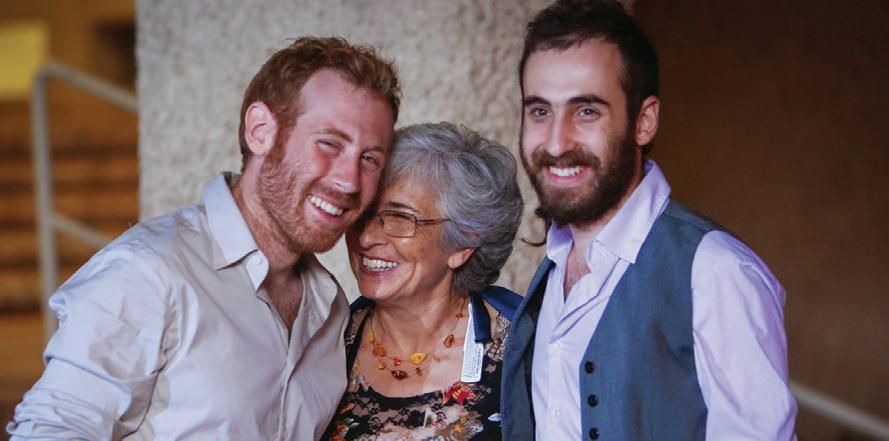
Phoenix-based Lodestar Foundation is offering a challenge grant opportunity in Vivian Silver’s name, a Canadian-Israeli activist for Middle East peace and women’s rights who was murdered by Hamas in the Be’eri kibbutz on Oct. 7, 2023. See page 12.
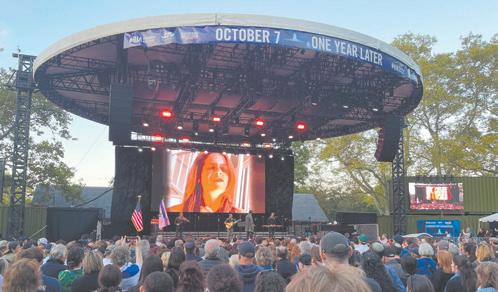
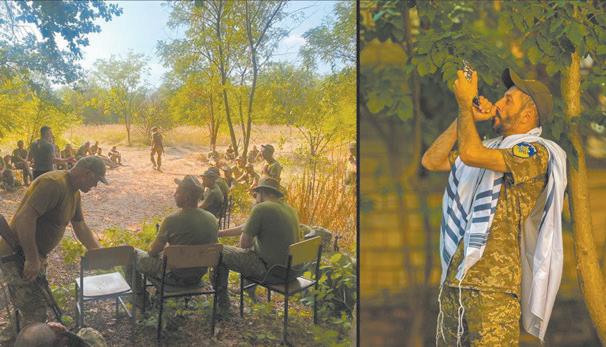
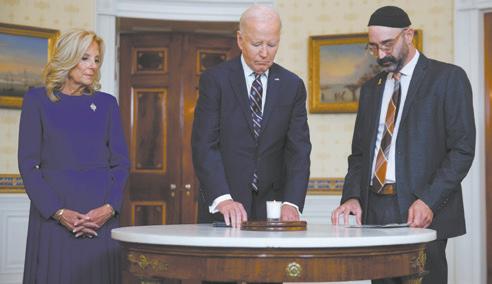
SOPHIE STERN
about her Judaism with her fellow council members and speaking out for her rights
a wheelchair, Berdichevsky became a competitive wheelchair tennis player. He was so good that he was Israel’s representative at the 2016 Rio Paralympics, the 2020 Tokyo Paralympics and this summer at the 2024 Paris Paralympics, playing both singles and doubles tennis.
“It was an amazing feeling in Paris, completely different from the other times,” he told Jewish News.
In Paris, Berdichevsky was one of the athletes carrying the Israeli flag at the opening ceremony.
“It was an amazing feeling to walk in front of the crowd and the TV audience, too. Most of the crowd was very supportive. It was very special to show people, especially the many injured soldiers, what they can achieve after an injury,” he said.
January
January
January 6
February 3
January 20
February 17
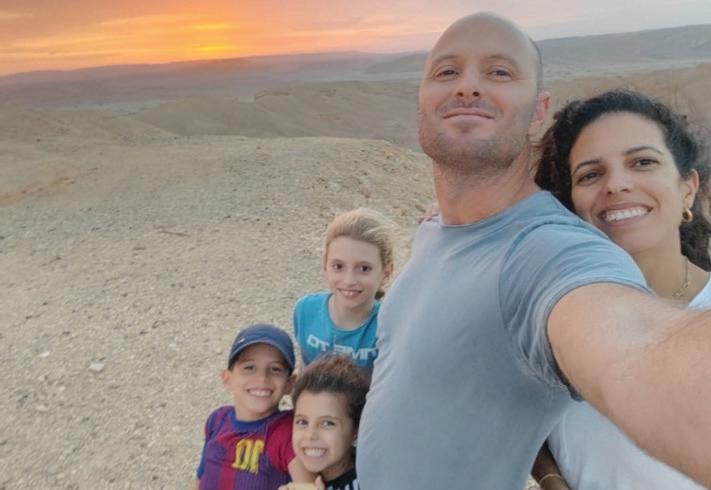
she earned her position, Meyers said.
August 25
After that terrible day last October, Berdichevsky and his family evacuated to Eilat. From there, he accepted a friend’s invitation to bring his family to Houston and stay as guests. That move to Texas was the first time Berdichevsky had been to the United States.
September 1
August 25
September 8
September 1
and the entire family has been able to receive psychological counseling. They now have many American friends.
That’s how Stern first learned of the open council seat, but there’s no doubt she earned her position, Meyers said.
To become a council member, Stern had to apply and demonstrate that she had something valuable to contribute, he said.
To become a council member, Stern had to apply and demonstrate that she had something valuable to contribute, he said.
Still, he thinks about the events of Oct. 7 all the time, he said.
March 10
February 3
February 17
March 24
March 10
March 31
March 24
April 7
March 31
April 21
April 7
May 5
April 21
May 19
September 8
September 15
September 15 October 6 October 13** October 20
“All the time I was going to tournaments and living my life, I was thinking about my friends and those who were killed.”
“She’s on the council because she deserves to be on the council,” he said. Stern is creating a life and career as a member of her community, which makes her a great addition.
October 6
It was an opportunity to practice his sport and qualify for Paris, but above all, the move gave him and his family some distance, both literal and figurative, from what they had endured.
October 13**
November 3
October 20
November 10
“I wanted to give my kids stability, quiet and peace of mind. My kids missed their home and friends, and they were going from place to place, but for them it was really good to come here,” he said.
November 3
November 17
November 10
December 1
However, the memory gives him “strength and the power to be better,” he said.
“She’s on the council because she deserves to be on the council,” he said. Stern is creating a life and career as a member of her community, which makes her a great addition.
He speculated that he has a genetic predisposition for resilience and optimism.
Stern graduated from McClintock High School in Tempe last year and now attends Glendale Community College, with a focus on dance. She is a regular performer at Detour Company Theatre, a Scottsdale theatre company for adults with intellectual, developmental and physical disabilities.
November 17
June 9
May 5
May 19
July 14
December 15
When his children first explored their home in Houston, the first thing they asked their dad was “Where is the shelter?”
December 1
June 9
August 4
July 14
“Maybe I have something in my genes that helps me. I’ve been through two major things in my life, the injury and, much worse, Oct. 7. But always remember, you only live once. We’re still living, and after Oct. 7, many didn’t get that chance,” he said.
Stern graduated from McClintock High School in Tempe last year and now attends Glendale Community College, with a focus on dance. She is a regular performer at Detour Company Theatre, a Scottsdale theatre company for adults with intellectual, developmental and physical disabilities.
about her Judaism with her fellow council members and speaking out for her rights
She already has some practice at
“One time, I was in class and someone called me the R-word and I told him not to. The teacher was in the hallway and another student repeated the word,” she said. Rather than letting the situation go, she told her theater teacher, who was able
She already has some practice at
“One time, I was in class and someone called me the R-word and I told him not to. The teacher was in the hallway and another student repeated the word,” she said. Rather than letting the situation go, she told her theater teacher, who was able
“If someone has a disability, saying the R-word is like saying the F-word,”
“If someone has a disability, saying the R-word is like saying the F-word,”
While performing in the musical “Hairspray,” she had another occasion to tangle with the offensive word, which
While performing in the musical “Hairspray,” she had another occasion to tangle with the offensive word, which appears in the script.
“That’s really bad and my friend said it on stage. I was not OK with that, so I went to the director and told her it was a bad word for people with disabilities, but she wouldn’t take it out,” Stern said.
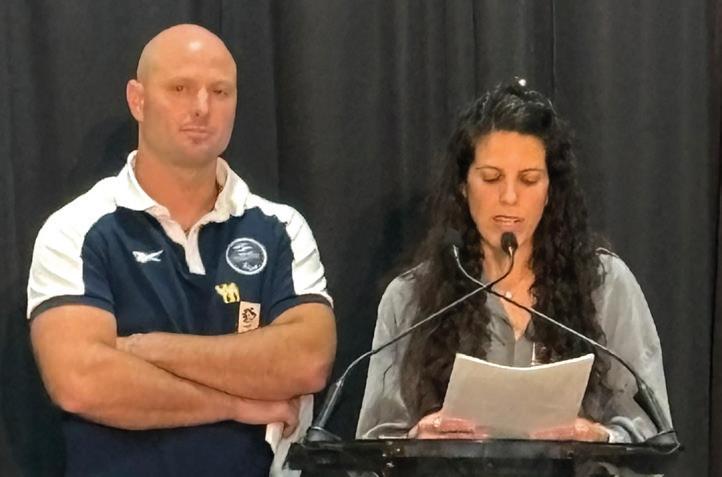
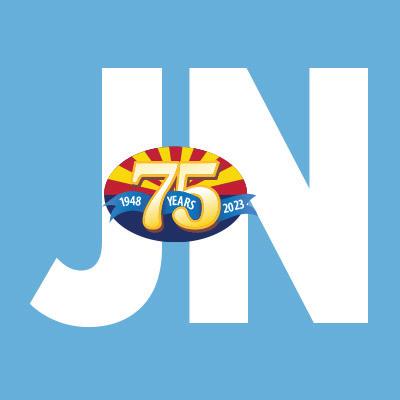

“That’s really bad and my friend said it on stage. I was not OK with that, so I went to the director and told her it was a bad word for people with disabilities, but she wouldn’t take it out,” Stern said.
She let her mother know about the conflict and they were able to convince the director of the need to remove the
She let her mother know about the conflict and they were able to convince the director of the need to remove the
“My friend Al was next to me when I told the director and he gave me the biggest hug ever and said that he loved me so much,” Stern said. Sadly, Al died in a car crash on Oct. 24, 2021.
Heart Can’t Even Believe It: A Story of Science, Love and Down Syndrome,” Silverman’s book about her daughter. When Gesher’s speakers’ bureau, Damon Brooks & Associates, was asked to find a speaker about Down syndrome for an event this spring, Hummell first asked Silverman to speak, thinking Stern might be too young.
Heart Can’t Even Believe It: A Story of Science, Love and Down Syndrome,” Silverman’s book about her daughter. When Gesher’s speakers’ bureau, Damon Brooks & Associates, was asked to find a speaker about Down syndrome for an event this spring, Hummell first asked Silverman to speak, thinking Stern might be too young.
They decided instead that Stern should tell her own story; it’s a real bonus that she is not afraid of public speaking.
community engagement, told Jewish News. Berdichevsky said he was lucky.
In fact, when Stern attended her first council meeting in January, she couldn’t wait to tell people of her involvement with Detour and share information about its upcoming shows.
“My friend Al was next to me when I told the director and he gave me the biggest hug ever and said that he loved me so much,” Stern said. Sadly, Al died in a car crash on Oct. 24, 2021.
“That was hard; it’s very hard to get emotions out and I was very, very upset,” she said.
“That was hard; it’s very hard to get emotions out and I was very, very upset,” she said.
On the recent anniversary of his death, Stern made a cake and took it to the crash site.
“The most important thing is to take it day by day. What you have in your hands many others don’t have. Take the best that you have and every day try to do better than the last day,” he said. JN
“It’s not the same when someone tries to tell a person’s story for them,” Hummell said.
They decided instead that Stern should tell her own story; it’s a real bonus that she is not afraid of public speaking.
“It’s not the same when someone tries to tell a person’s story for them,” Hummell said.
August 18*
“I told them, ‘Here, we don’t need one,’” he said.
August 4
August 18*
Berdichevsky is grateful for the many people in Houston’s Jewish community who have helped him and his family since they moved. His kids go to a Jewish school
December 15 *Best of Magazine **Annual Directory
Berdichevsky was recommended as a speaker to CJP by the Jewish Agency, a longtime partner.
In fact, when Stern attended her first council meeting in January, she couldn’t wait to tell people of her involvement with Detour and share information about its upcoming shows.
“There’s no question that she is going to thrive,” Meyers said. “She’s very gregarious and passionate about the things that matter to her.”
“His story really shows the resiliency of the Israeli people. Adam’s a survivor,”
Kaylie Medansky, CJP vice president of
“There’s no question that she is going to thrive,” Meyers said. “She’s very gregarious and passionate about the things that matter to her.”
“I don’t know how I did it without crying. I’m so proud of myself,” she said.
On the recent anniversary of his death, Stern made a cake and took it to the crash site.
20
“I don’t know how I did it without crying. I’m so proud of myself,” she said.
To watch Adam and Hila Berdichevsky speak to the Greater Phoenix Jewish community on Monday, Oct. 7, visit youtube.com/@PhoenixCJP.
Stern looks forward to sharing insights
Amy Hummell, executive director of Gesher Disability Resources, agreed that Stern is a good fit for ADDPC because of her ability to self-advocate.
Jewish News is published by the Jewish Community Foundation of Greater Phoenix, a component of the Center for Jewish Philanthropy of Greater Phoenix.
Stern looks forward to sharing insights
Additionally, helping people with disabilities find jobs was one of the reasons for acquiring the bureau. Unemployment in the disability community is upwards of 75% and of that percentage, 75% are ready, willing and able to work — but haven’t been given the opportunity, Hummell said.
Amy Hummell, executive director of Gesher Disability Resources, agreed that Stern is a good fit for ADDPC because of her ability to self-advocate.
Hummell co-hosted a book event with Meyers a few years ago for “My
Hummell co-hosted a book event with Meyers a few years ago for “My
Phone: 602.870.9470 | Fax: 602.870.0426 | editor@jewishaz.com | advertising@jewishaz.com subscriptions@jewishaz.com | www.jewishaz.com
Additionally, helping people with disabilities find jobs was one of the reasons for acquiring the bureau. Unemployment in the disability community is upwards of 75% and of that percentage, 75% are ready, willing and able to work — but haven’t been given the opportunity, Hummell said.
“People have it in them to speak up but don’t know how, and often they’re not cheered on. Sophie has family support
“People have it in them to speak up but don’t know how, and often they’re not cheered on. Sophie has family support
Phone: 602.870.9470 | editor@jewishaz.com | advertising@jewishaz.com subscriptions@jewishaz.com | www.jewishaz.com
PUBLISHER
PUBLISHER
12701 N. Scottsdale Road, Suite 201, Scottsdale, AZ 85254
Phone: 602.870.9470 | Fax: 602.870.0426 | editor@jewishaz.com | advertising@jewishaz.com subscriptions@jewishaz.com | www.jewishaz.com
Jewish Community Foundation of Greater Phoenix
Jewish Community Foundation of Greater Phoenix
PUBLISHER
ADVERTISING
SENIOR ACCOUNT EXECUTIVE Jodi Lipson | 602.639.5866 jlipson@jewishaz.com
Jodi Lipson | 602.639.5866 jlipson@jewishaz.com
ASSOCIATE PUBLISHER Rich Solomon | 602.639.5861 rsolomon@jewishaz.com
GENERAL MANAGER Rich Solomon | 602.639.5861 rsolomon@jewishaz.com
Jewish Community Foundation of Greater Phoenix
GENERAL MANAGER
Rich Solomon | 602.639.5861 rsolomon@jewishaz.com
MANAGING EDITOR Mala Blomquist | 602.639.5855 mblomquist@jewishaz.com
MANAGING EDITOR Mala Blomquist | 602.639.5855 mblomquist@jewishaz.com
MANAGING EDITOR Mala Blomquist | 602.639.5855 mblomquist@jewishaz.com
STAFF WRITER Shannon Levitt | 602.639.5854 slevitt@jewishaz.com
STAFF WRITER Shannon Levitt | 602.639.5854 slevitt@jewishaz.com
STAFF WRITER
Shannon Levitt | 602.639.5854 slevitt@jewishaz.com
ADVERTISING SALES CONSULTANT Jodi Lipson | 602.639.5866 jlipson@jewishaz.com
SUBSCRIPTIONS 602.870.9470 x 1 subscriptions@jewishaz.com
SUBSCRIPTIONS 602.870.9470 x 1 subscriptions@jewishaz.com
GRAPHIC DESIGNER Ricki Urban | 602.870.9470 X 2 advertising@jewishaz.com
SUBSCRIPTIONS 602.870.9470 x 1 subscriptions@jewishaz.com
GRAPHIC DESIGNER Ebony Brown | 410.902.2333 ads_phoenixjn@midatlanticmedia.com
GRAPHIC DESIGNER Ebony Brown | 410.902.2333 ads_phoenixjn@midatlanticmedia.com

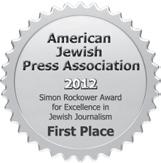

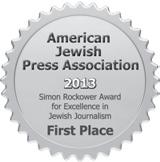

“Here, it feels like we are with family,” Heeres told Jewish News.
Seven hundred people gathered on the Valley of the Sun Jewish Community Center’s basketball court for an Oct. 7 commemoration event, featuring an Israeli paralympic athlete and his wife — both Oct. 7 survivors — local clergy, a Jewish college student and other community leaders. Due to safety concerns, registration was limited. However, the evening was live-streamed on YouTube and more than 1,000 people tuned in from home.
The Center for Jewish Philanthropy of Greater Phoenix (CJP) organized and hosted the evening, with the support of Anti-Defamation League Arizona, BBYO Mountain Region, Friends of Israel Scouts, Hillel at Arizona State University, Israeli American Council Arizona, Jewish Community Relations Council of Greater Phoenix, Phoenix Jewish National FundUSA Education and Advocacy and Valley of the Sun JCC.
A strong Jewish community was a common theme for the evening, including in the opening video with Israelis, who spoke of rebuilding the country and stressed the importance of being “one global family and Jewish community.”
Three Israelis spoke on Monday about what it was like to be in Israel on that terrible day. Each of them teared up while telling their stories, reminding those gathered that while they may have escaped unscathed physically, the emotional scars of that day are never far from their mind. That was especially the case for Adam Berdichevsky and his wife, who lived in Nir Yitzhak, a kibbutz about two miles from Gaza, and could hear the terrorists from behind the door of their safe room.
Yet, the Israeli survivors, as well as Consul General of Israel to the Pacific Southwest Israel Bachar — who sent a video message — acknowledged that being part of a strong and solidified global Jewish community was critical to surviving the present trauma of war and moving forward to a peaceful future.
“The atrocities of October 7 were meant to break us, but they did not,” CJP CEO Richard Kasper told the crowd. Instead, the attack “revealed our true strength,” a resolve to stand up proudly as one community. Witnessing such solidarity gives him hope that “the Jewish people will overcome adversity and thrive.”
The power of Jewish community prompted Jacqui and Stan Meyer to come out Monday night, especially “the power in communal mourning,” Jacqui Meyer told Jewish News. “It feels like it happened yesterday, and I needed to be here.”
Stan Meyer was “personally moved to be here with my community.”
Their friend Shirley Golden only recently discovered her Jewish heritage.
“I came to mourn with my friends
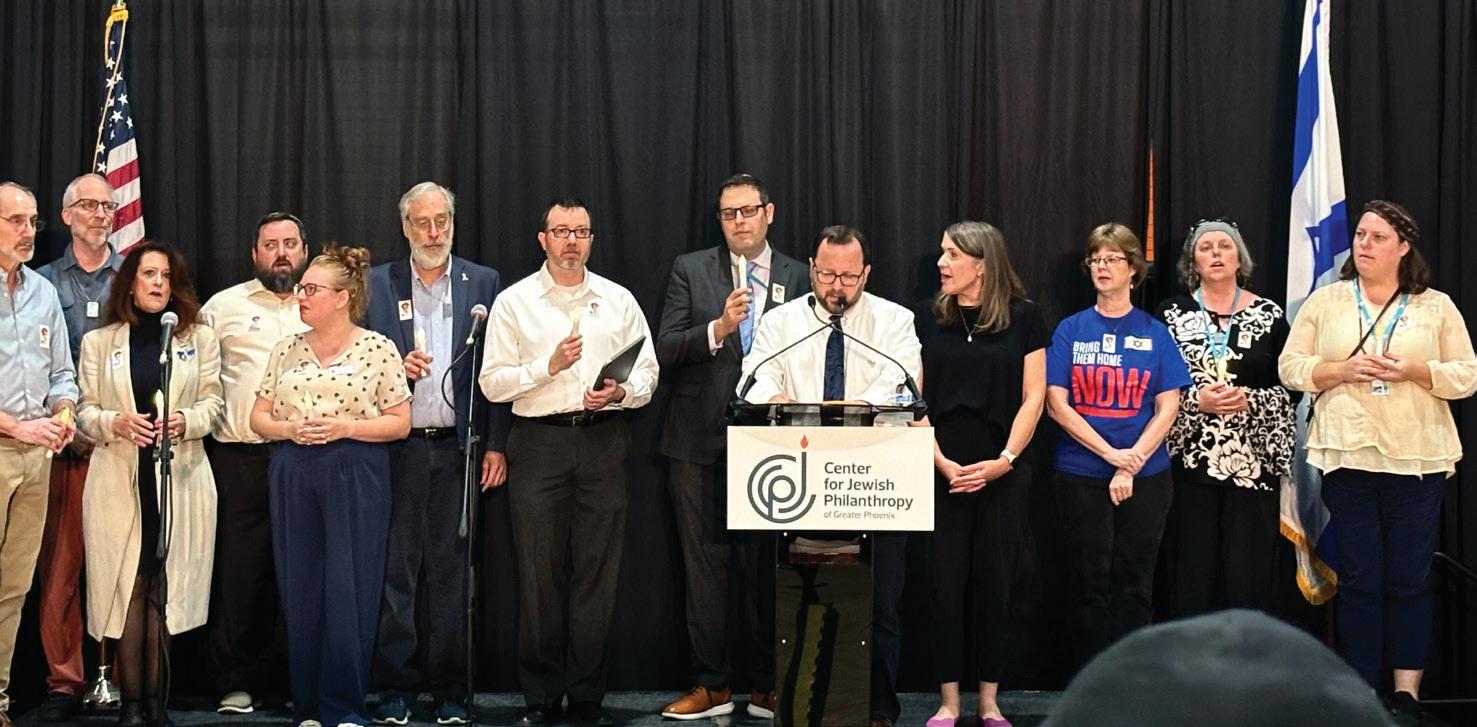
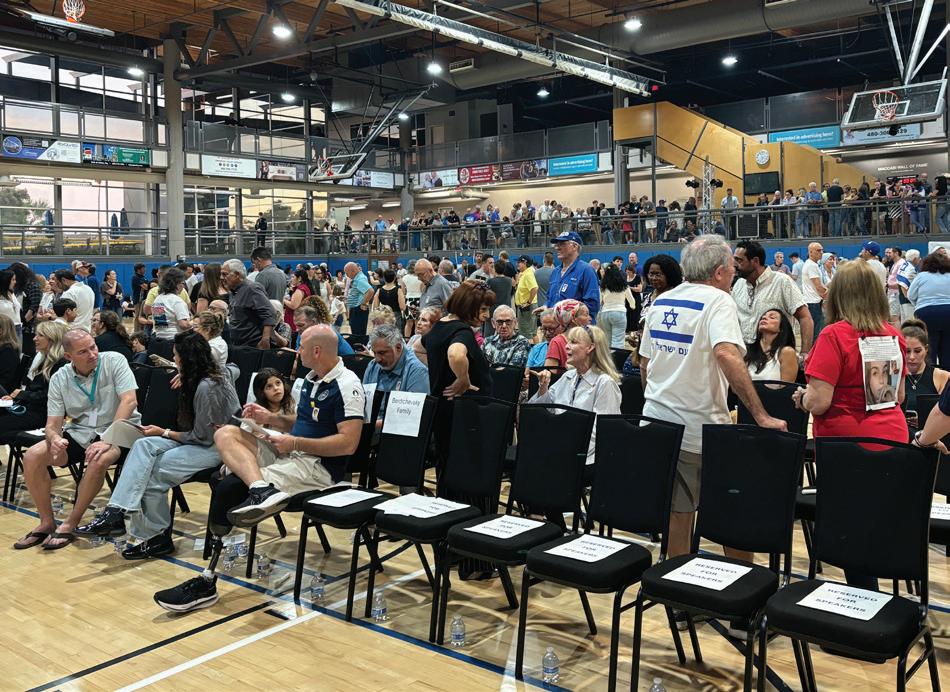
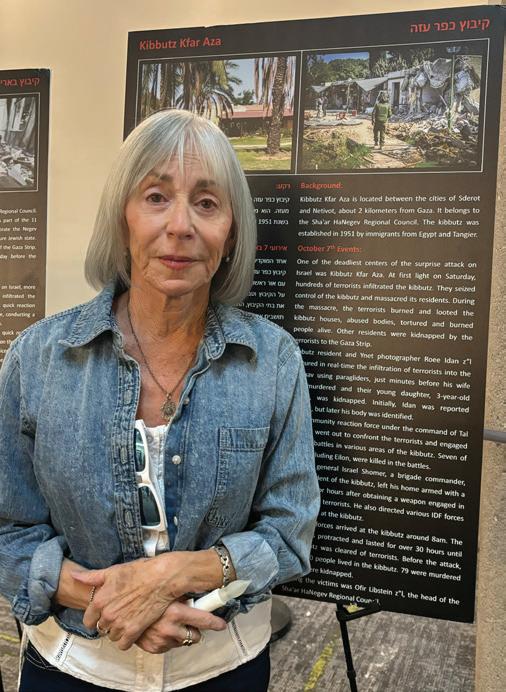
because the feelings are deep and this is part of who I am,” she told Jewish News.
Barbara Harel lived and volunteered in Kfar Aza when it was still in its infancy in the late 1960s. The kibbutz, which is close to the border with Gaza, was hit hard on Oct. 7. Harel remembers it fondly as the place of her first Passover Seder in Israel. She was first assigned to work in the kitchen, but after telling people that she wouldn’t have left home if she knew she would have to work in the kitchen — “Anything is better than washing dishes” — she worked with the chickens and in the field.
“I came tonight because I want my Israeli brethren to know we support them here. There’s power in numbers,” she told Jewish News.
Emily Artzi was born in Israel, but she isn’t involved in the Jewish community much. On Monday, however, she felt it was “special and important to be here and to be together.”
Beth Joseph Congregation Rabbi Yisroel Isaacs told Jewish News that while it’s “heartbreaking that we have to be here tonight, it’s also inspiring that we’re coming together.”
Temple Solel Rabbi John Linder and Congregation Or Tzion Rabbi Andy Green also found solace and hope in the solidarity of the Jewish community.
“It’s important to give strength to one another and a community and for individuals to draw strength from being part of something greater than ourselves,” Green told Jewish News.
Chabad of Arizona Rabbi Zalman
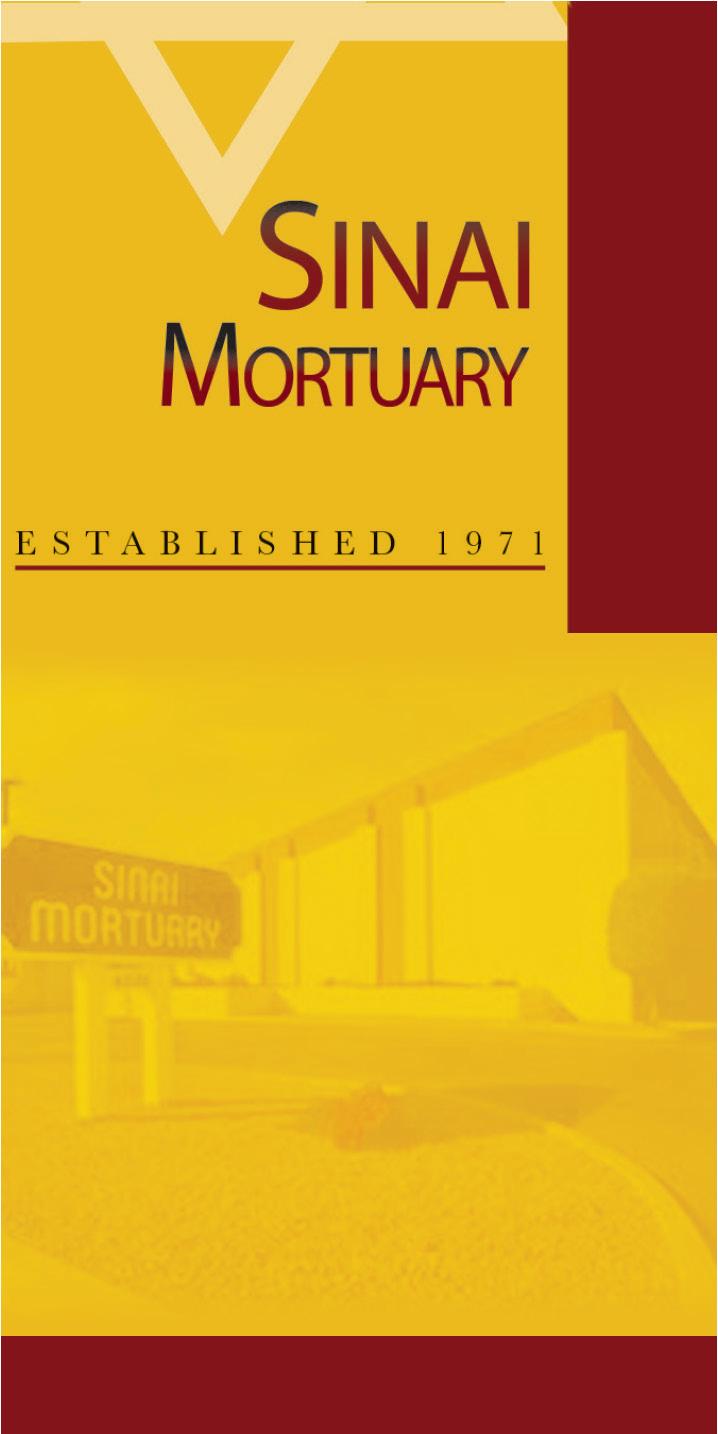
Levertov, Beth Joseph Assistant Rabbi Sholom Twerski and President of the Board of Rabbis of Greater Phoenix and Temple Kol Ami Rabbi Jeremy Schneider all emphasized how a strong Jewish community in the last year has not only helped sustain the State of Israel in a long and unrelenting war, but has also helped weather a rise in antisemitic incidents and sentiment in general and in Arizona specifically.
Emily Fox-Million, an ASU student and Hillel at ASU member, admitted that she was not very invested in her Jewish identity before coming to ASU. However, since getting involved with Hillel, and especially after Oct. 7, she has come to rely on her local Jewish community and leaders to sustain her emotionally in what has been a challenging year to be Jewish on campus.
Rachel Hoffer, CJP board chair and the final speaker, closed by stressing the importance of community, something she’d witnessed with new eyes in the last year.
“The outpouring of support in so many forms has been nothing short of heroic, and hasn’t wavered in 365 days. We often hear about the great Jewish leaders of the past who answered the call when Israel needed them most. I didn’t realize on Oct. 6, 2023, how many of them were living amongst us in our own community.” JN
To view the Oct. 7 event video, visit youtube. com/@PhoenixCJP.
Jewish News is published by the Jewish Community Foundation of Greater Phoenix, a component of the Center for Jewish Philanthropy of Greater Phoenix.
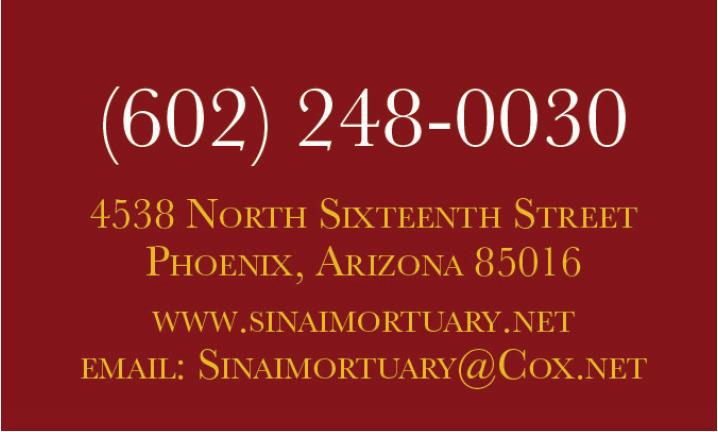
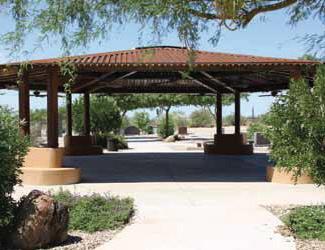
SHIRA TANZER | CONTRIBUTING WRITER
As students walked through Arizona State University’s (ASU) main campus in Tempe on Thursday, Sept. 19, faint strains of Hebrew music could be heard, getting louder as a sea of blue tents came into view.
The group of Jewish students and leaders with yarmulkes and tzitzit visible, dancing in the center of the walkway, made it very clear where the source of the music was coming from, with a large sign proclaiming “Let HERE Be Light tour ’24.”
The traveling Jewish festival is in the middle of visiting 50 different college campuses across North America, with young Chabad on Campus leaders driving from city to city bringing Jewish pride to college students.
Rabbi Shmuel Tiechtel, executive director of Chabad at Arizona State University, said the event represents the proud environment he wants Jewish students to be a part of at ASU.
“I want them to feel they have a wonderful and welcoming Jewish community on campus. ASU is a place where they are safe and included,” he said.
Chabad at ASU’s Jewish Life Coordinator Malka Abelev agreed, adding that being so loud about Judaism isn’t always something that can be done in public, especially not on a state college campus. She felt this festival did a great job of showing that “there is a home and there is a space on campus” for Jewish pride in Tempe.
Some of the students attending had heard about the event from Chabad at ASU’s social media accounts, but others were drawn in by the sounds while walking on campus. Leora Gadd, a member of the Chabad at ASU student board, said a student came up to her and said he joined the celebration when he heard a familiar Jewish song, which Gadd said was amazing.
“That’s the goal, to bring people in,” she declared.
While staff encouraged students walking by to come over and participate, others were sitting in different booths featuring stations with Jewish-themed bracelet making, shirt designing, kosher food, a photo op, tefillin wrapping, challah making and mezuzah creating.
Mendle Moully, one of the organizers traveling to West Coast campuses, was standing in the tefillin booth and helping students passing by wrap the leather straps and complete the blessing. He was more than happy to share why he’s traveling the country as part of the event — just as soon as he finished helping a student put on tefillin.
“The overall goal is to make Jewish stu-
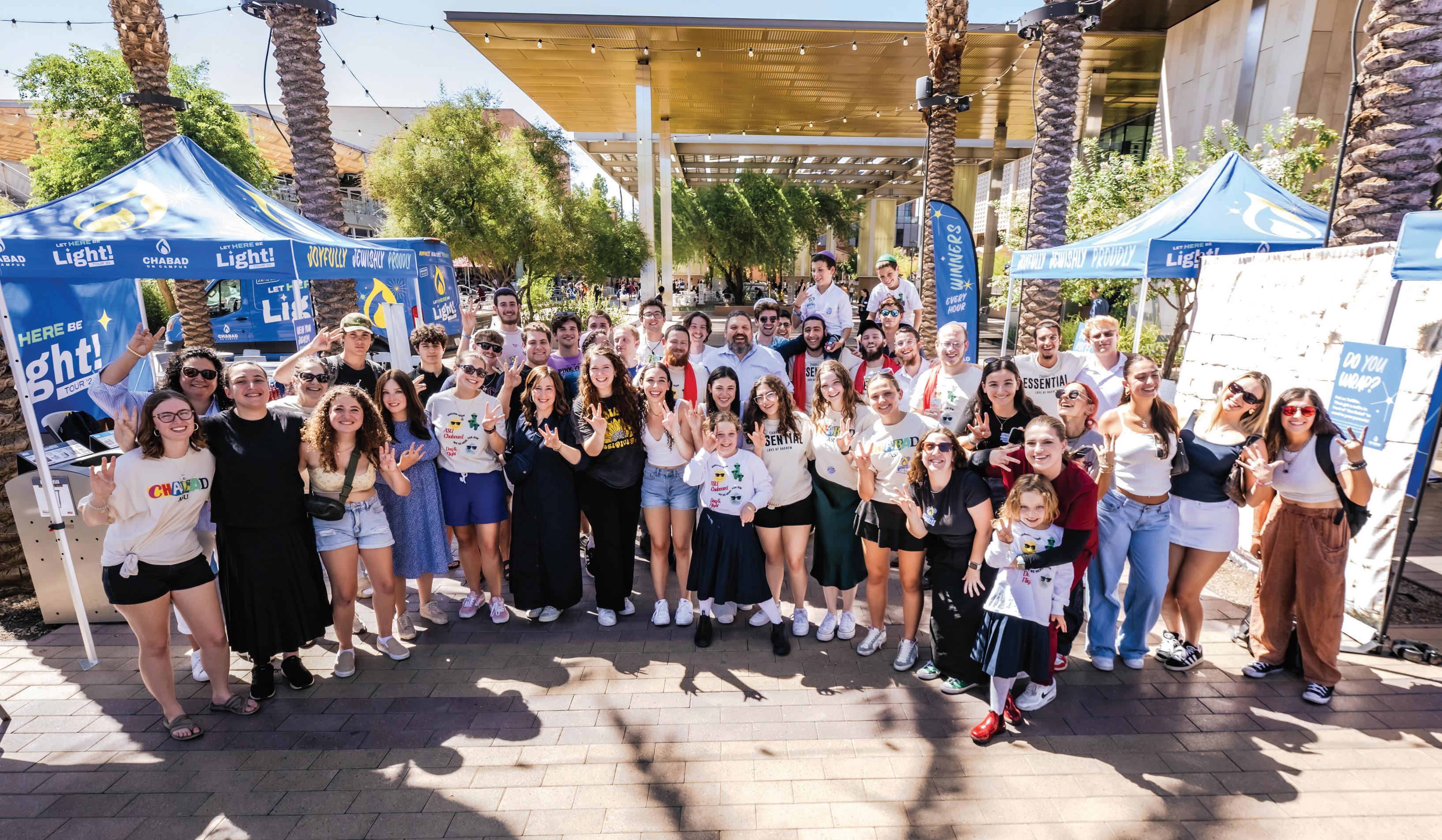
dents feel comfortable, feel safe and really happy to be Jewish,” he said. “We’re here to let them know they should be proud of who they are and they shouldn’t hide that fact.”
There was certainly no hiding in this group of Jews, as students formed a circle and danced in the middle of the pathway; a rare sight on a campus that has seen antiIsrael protests and demonstrations many times over the past year. In fact, the war in Israel and its effect on college campuses across the continent was one of the deciding factors in creating the festival.
ASU freshman Marlee LaBell said when she started college a few weeks ago, there was a feeling of caution about being openly Jewish on campus. Now, attending the event, she described a sense of power in numbers.
“You’re surrounded by people who are also very proud of it, so it makes you feel safer about it rather than being one person alone,” she described.
Abelev explained that outwardly displaying the joy in being Jewish helps dispel the fear and concern students may be feeling.
“We wanted to come out and celebrate being Jewish — and not come out in defense of being Jewish or to show we have a right to exist, just to come out and be what we are,” she proclaimed.
Tiechtel added that his hopes for the event included making ASU an environment where Jewish students are proud to openly show their faith in again.
The word “proud” was used constantly
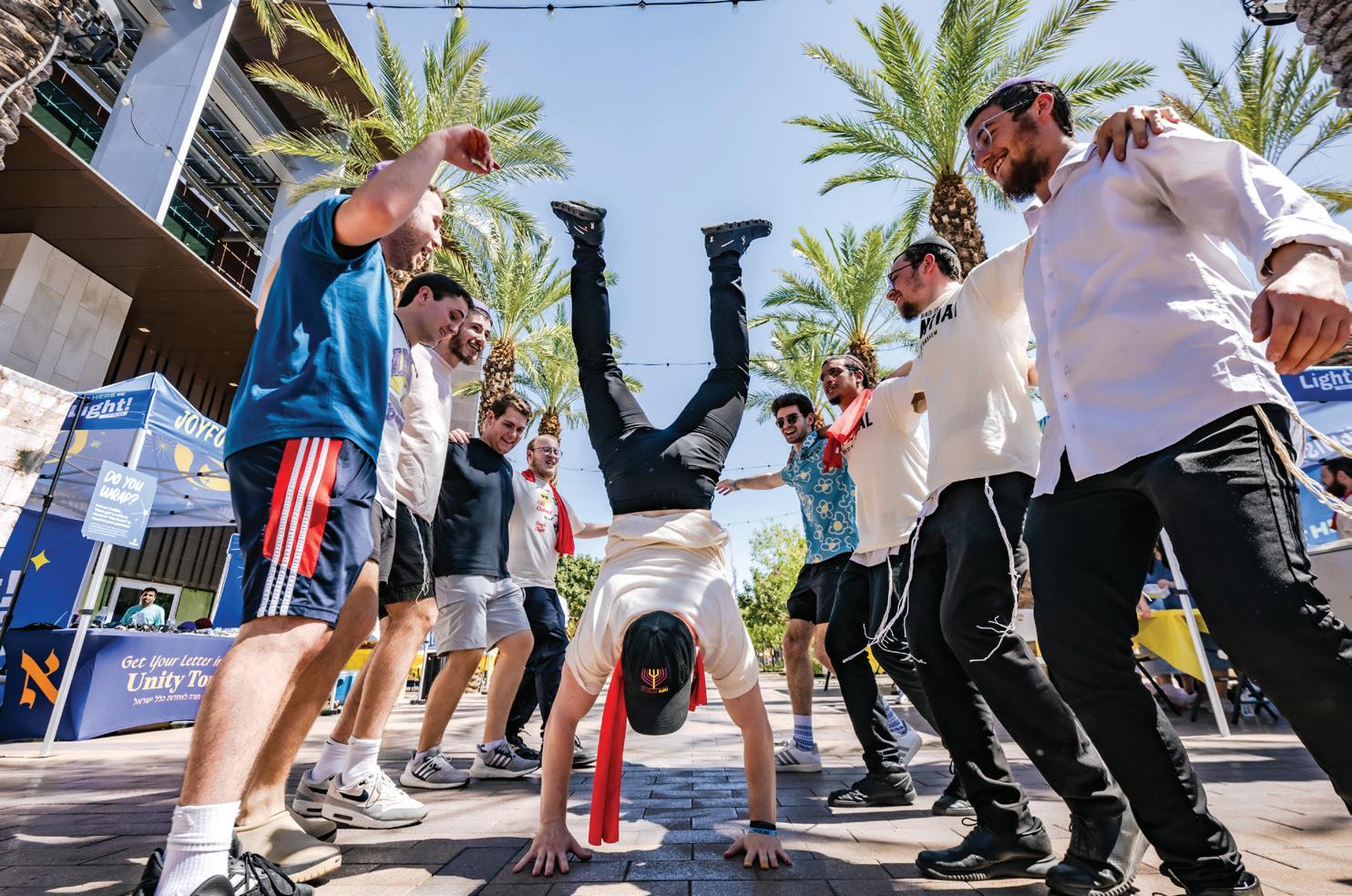
throughout the hours-long event, with the Let HERE Be Light flyer proclaiming a festival created “joyfully, Jewishly, proudly.” Attendees and organizers enthusiastically brought all three of those terms to life, sharing a desire to find pride in their Judaism and help others do the same.
Jewish fraternity Alpha Epsilon Pi (AEPi) member Dotan Barshishat was a volunteer at the event, giving out kosher food to students, and stopped to comment on the welcoming environment that allowed students to embrace their Jewishness and love for Israel in a public place.
“It’s nice seeing that we can just come together and have fun and not forget about anything but have a space to go,” he remarked. “We’re all in this together.”
Gadd echoed the sentiment, commenting on the amount of unrestrained Jewish pride displayed at ASU during the festival.
“I came here and saw everyone dancing to ‘Am Yisroel Chai’ in the middle of campus and I almost cried. This means the world,” she said. JN
For more information on Chabad at ASU, visit jewishasu.com.
Shira Tanzer is a freelance writer living in Scottsdale.

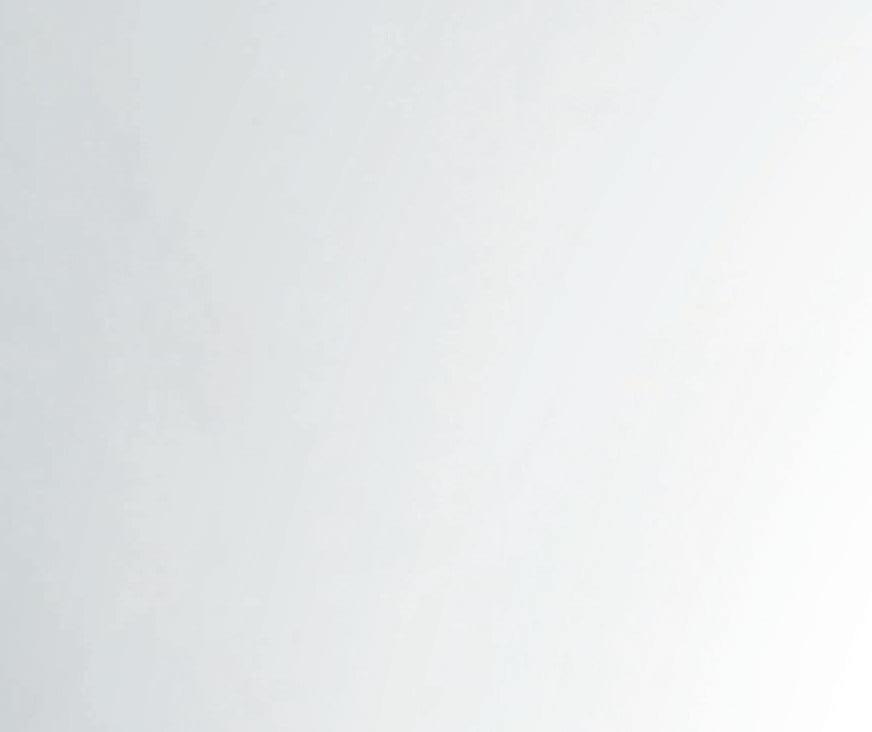
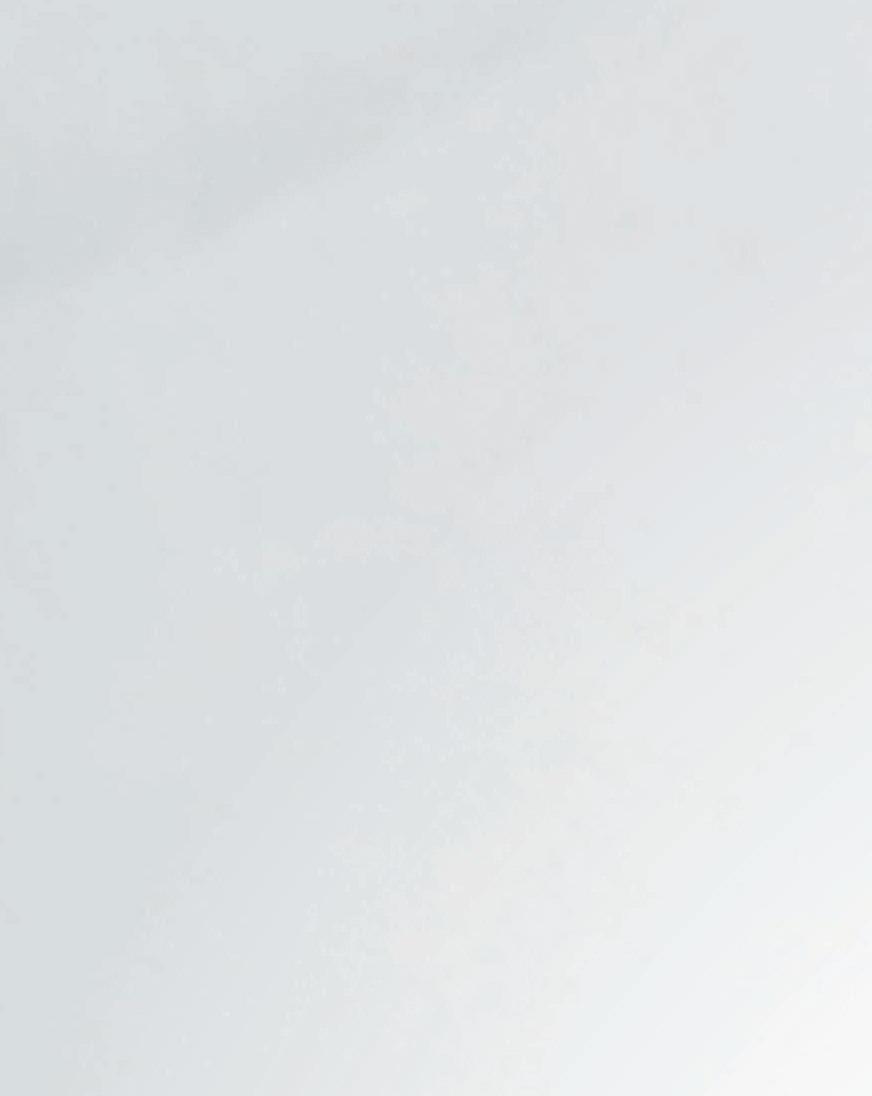


We run Arizona businesses of all sizes and we endorse Vice President Kamala Harris for president. She is the best choice for our economy and for the future of the United States.
With Harris in the White House, we’ll have a pragmatic, fact-based leader who gets up every day thinking about us, not himself — a source of stability for business, not chaos.
We don’t agree with Harris on every issue, but her “Opportunity Economy” will invest in Arizona’s middle class. Her plan boosts the tax deduction for start-ups from $5,000 to $50,000 and cuts red tape and permitting restrictions; incentivizes home construction, which will spur economic development; and negotiates lower drug prices, not just for insulin, but for other life-saving drugs. Restoring the child tax credit and offering support for parents in their child’s first year will also help our overall economy.


Donald Trump is no fiscal conservative. He’s a budget-busting protectionist who would politicize the Federal Reserve and use the heavy hand of government to advance his own interests. According to non-partisan economists at Goldman Sachs, Trump’s irresponsible economic policies would shrink GDP in 2025-26, causing a net loss of jobs. His proposals would increase the federal budget deficit by an astonishing $5.8 trillion dollars over the next 10 years, more than five times what Harris’s proposals would cost, and set back the average family $4,000 a year.
Harris will expand the asylum crackdown and sign the tough bipartisan border bill — supported by the U.S. Border Patrol — that Trump killed for crass political reasons. She would sharply reduce President Biden’s capital gains tax proposal and bar any tax increases for those making less than $400,000 a year.
Signed,
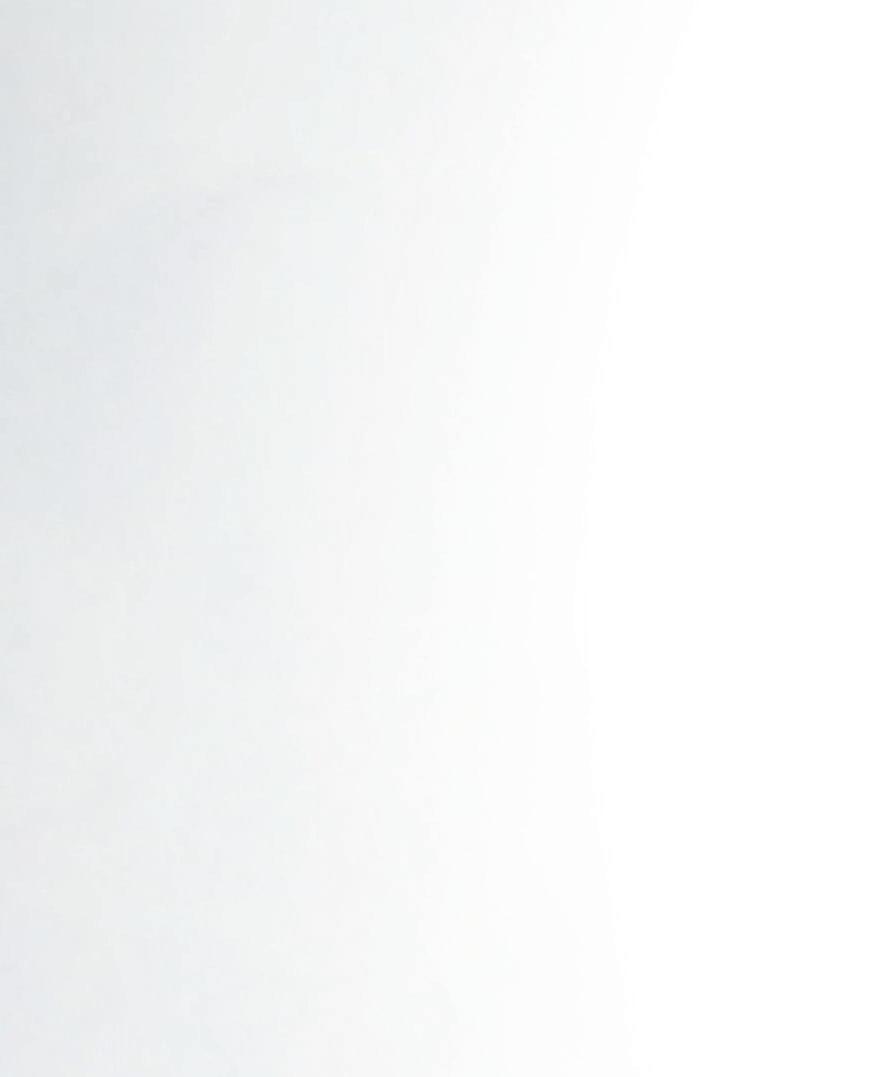
Adam Goodman
CEO, Goodman’s Furniture
Bert Millett
Managing Attorney, Orangewood Law Group
Bettina Nava
Co-Founder and Owner of OH Strategy Communications
Blake Sacha Director, Intel Corporation, Retired
Brandon Clarke
Co-Founder & Chairman, StartupAZ
Brian Barabe
Owner, PuroArte.com
Christopher R. Kaup
Shareholder, Tiffany & Bosco, P.A.
Dan Schweiker
Co-Chair, China Mist Tea Company, Retired

David DeConcini Partner, 4-D Properties
David Lovitt
Owner, Insurance Agency, Retired


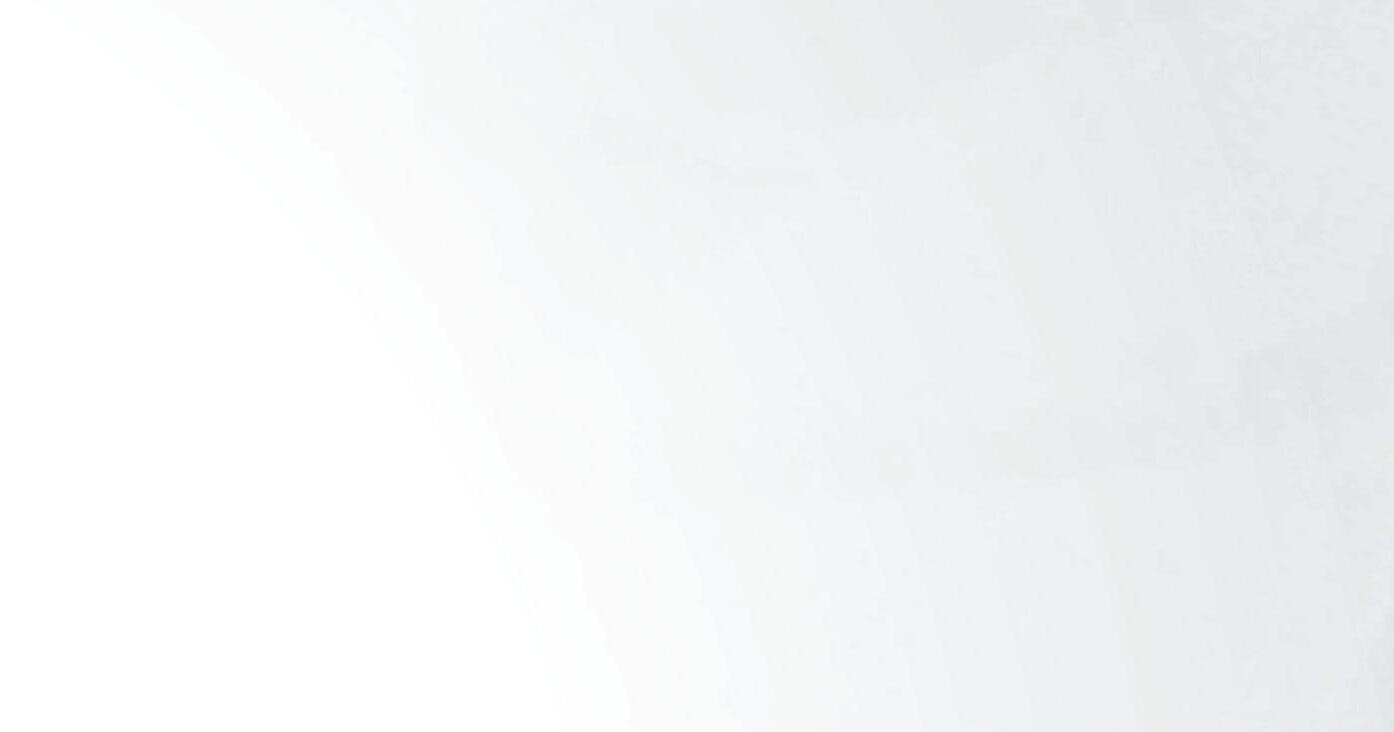
David Reese
Banking Executive, Retired
Elizabeth Baierl Owner, Solidad Services LLC
Gary Haydon
Chairman of the Board, Haydon Companies
Girish Rishi
Chairman & CEO, Cognite, Inc
Hon. Robin Ross Shaw Founder, Wild American Chestnut, LLC
James Huntwork
Attorney at Law
John Graham Sunbelt Holdings
John Lutes
Owner & CFO, Van Gogh’s Ear Gallery
John Webster
President & Owner, Executive Millwork
Judge Dan Barker Principal, Mediation Services, Retired
For these reasons and more, please join us in supporting the Harris-Walz ticket and advancing what’s best for our state, our economy and our democracy.

Keith Galbut

President, ADVOCATE –Residential Construction Advisors
Lyn Mowafy Virtual Habitats, Retired
Marianne Mago CEO, Steele Foundation
Matthew Gindlesperger Principal Engineer, MG ASIC LLC
Michael Kano
Co-Founder, Veterans Home Access LLC
Neil Giuliano
Former Mayor of Tempe
Oliver Harper, M.D CoFounder & Past President, Arizona
Medical Clinic
Paul Hickman


Former Senior Advisor to Sen. Johh McCain
Phineas Anderson
Headmaster, K-12 Independent Day Schools, Retired
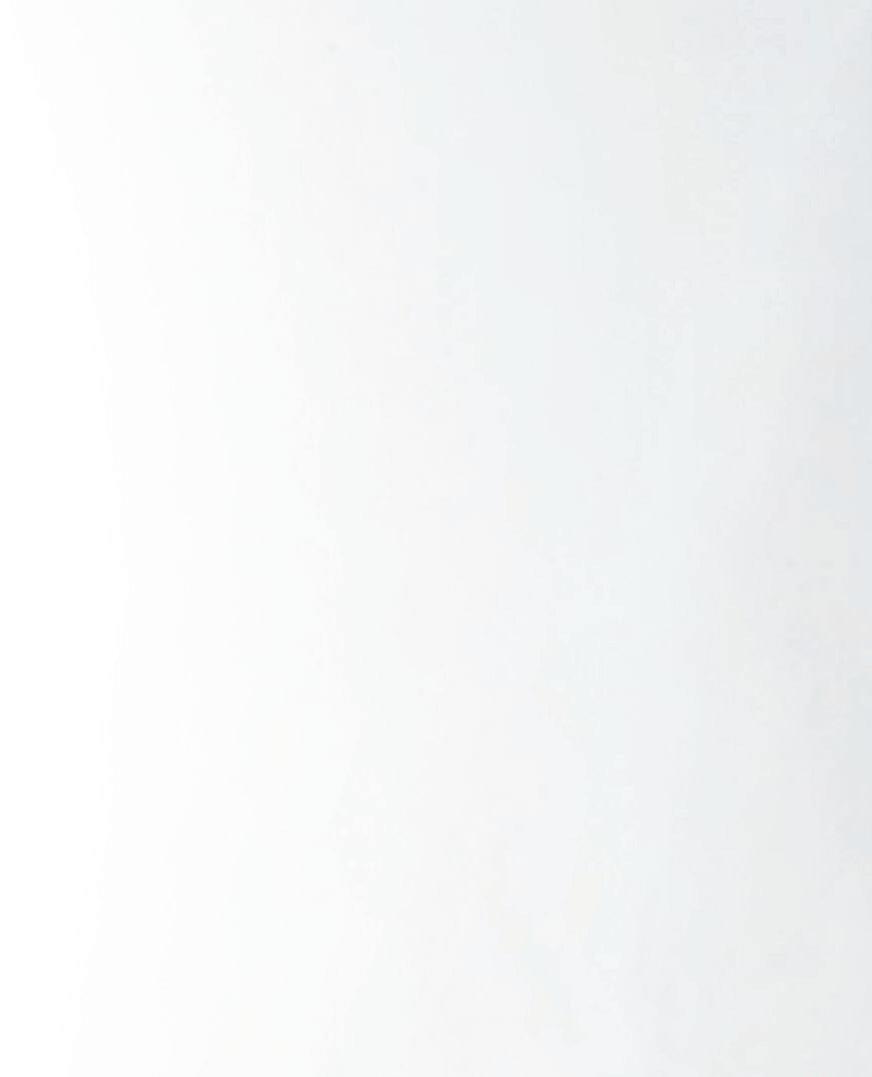
Phil Francis CRO, Petsmart, Retired
Robert Frith
Business Development Manager, Motorola, Retired
Sharon Harper Chairman & CEO, Plaza Companies
Stan Shafer COO, Holualoa Companies
Steve May
Chief Veteran Advocate, Veterans Home Access LLC
Thomas Lewis II, DVM Founder, Dermatology for Animals
Tirrill Woodring
Southwest General Development LLC, Retired
Tom Curzon
Managing Member, Pole Creek Capital
Yasser Sanchez Law Office of Yasser Sanchez
Querida Walker Owner, My WOAB LLC

SHANNON LEVITT | STAFF WRITER
Last month, the Center for Jewish Philanthropy of Greater Phoenix (CJP) welcomed four new board members, including two teens, bringing the total number to 15. The new members are Ellen Weiss, Ashley Rubio Levine, Eli Feldman and Samantha Zell.
“As we continue to grow, it’s tremendously gratifying to have such a highquality pool of leaders working with us. I’m delighted by the spectrum of experience and perspectives represented on our board,” said CJP CEO Richard Kasper.
“Our new board members have diverse backgrounds, interests and perspectives that represent the entire community,” added CJP Board Chair Rachel Hoffer in an email to Jewish News.
Having the board match the diversity in the community is key, she said, adding that the new members bring “varying experiences, skills and knowledge.”
Ellen Weiss has been active in the Jewish community since she was a teenager, attending Jewish summer camp, youth groups and religious services. Those experiences set her up to be a leader in the community, which started with becoming the president of her B’nai B’rith chapter.
“It’s important to be exposed to different elements in the Jewish community and have different touchpoints,” she told Jewish News.
Weiss was born in Chicago, grew up in Buffalo, New York, and attended the University of Michigan in Ann Arbor. After meeting and marrying her husband, the couple lived in Buffalo, where they raised two daughters. Weiss spent most of her career as a professional fundraiser. Now, she is a certified health coach and master workplace wellness consultant.
While Weiss is a relative newcomer to the Valley, she is well versed in the Jewish Federation and was a fixture in Buffalo’s Federation for years. She started in the Young Women’s Cabinet, eventually moving up the leadership ladder until she became the chair of Women’s Philanthropy.
“The Federation is where I wanted to spend my time,” she said.
Eventually, Weiss was asked to sit on the Jewish Federation of North America’s (JFNA) Women’s Philanthropy board for eight years, where she learned with women from cities across the nation and learned best practices to share locally.
“I’m very proud of that,” she said. Weiss and her husband spent years
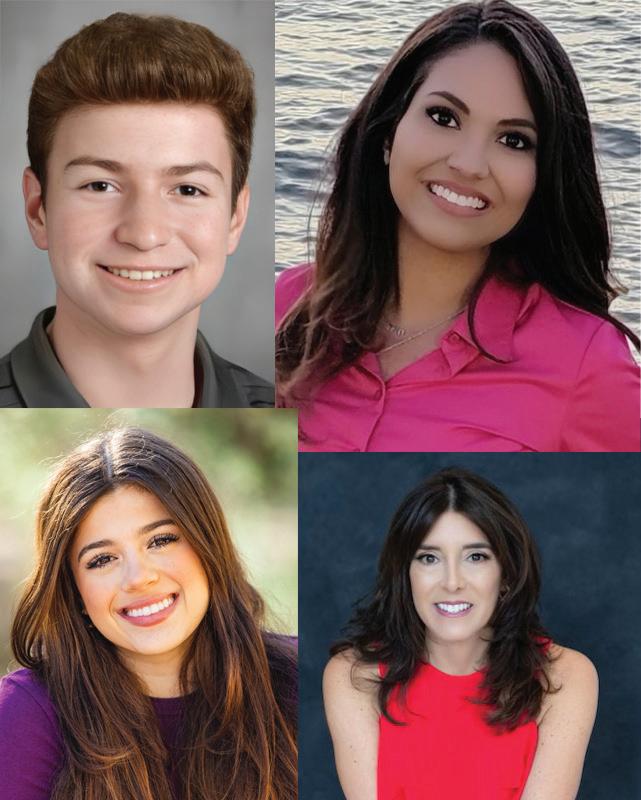
“I WANT TO TACKLE ISSUES LIKE HUNGER, HOMELESSNESS AND LITERACY AND BE PART OF THE HIGH-LEVEL DECISION MAKING THAT IMPACTS THE COMMUNITY.”
getting to know the Valley as snowbirds before making a permanent move. Both their daughters attended the University of Arizona in Tucson and Weiss’ sister moved to Phoenix 25 years ago.
“When we started to spend more time here, my husband said we would need more space, so we bought a larger home at the end of 2019. We ended up quarantining here during the pandemic,” she said.
While the couple learned to work remotely from their Arizona home, their daughters also moved to the Valley. Recently, Weiss became a grandmother. Given that her passion has long been working for the Federation, she made a point of getting to know the Greater Phoenix staff, attending events and donating locally. Based on her JFNA experience, she was sometimes called on for advice. A year ago, she was asked
to chair CJP’s Women IN Philanthropy. She has been using the role to reach out to unengaged folks and re-engage them, which is a role she will continue as a CJP board member.
“That is my passion, and I talk to a lot of people in my demographic — mid-life, empty nesters. We devoted our time to having children, starting a business and now have more time and desire to connect with like-minded people,” she said.
Ashley Rubio Levine is an Arizona native, who now lives in Paradise Valley with her husband and four children. The family belongs to Temple Solel, and the two oldest children are students at Pardes Jewish Day School in Scottsdale.
Levine has a master’s degree in political psychology and works as a campaign consultant, though she’s taking off the current election cycle.
“I have a one year old and a two month old, so I needed to sit this one out,” she told Jewish News.
While she’s been involved with AIPAC (politically her “wheelhouse”) for several years, she became interested in doing something more charitable — “and less like work!” After attending a Ben Gurion Society event, she joined JFNA’s Young Leadership Cabinet, where she’s in her third year. She is the current chair of Ben Gurion in Greater Phoenix.
“It was a natural progression to join the CJP board. I wanted to do more for my community, and I spoke to Rich (Kasper) and Rachel (Hoffer) to see if I could be of use,” she said.
Her main areas of interest are Israel and overseas. Like many of her friends, she and her husband have been feeling isolated due to world events and find “meaning in building our relationship with each other and our global community. I want to bring that connectedness to Phoenix,” she said.
Levine offers a unique perspective given that she met her Jewish husband in 2018, after she had decided to convert to Judaism on her own.
“I love being Jewish, and I love my community,” she said.
She was grateful that so many CJP board members were welcoming and interested in hearing her perspective.
“People have their eyes on the future,” she said.
She likes the idea of a Jewish community “where everyone can feel welcome regardless of their affiliation and back-
Tim Stringham is an Army and Navy veteran and attorney who has served our country and will always put our democracy first.
Tim has dedicated his life to public service and freedom – serving in Afghanistan in the US Army and as a Judge Advocate General (JAG) in the US Navy where he gave human rights training to partners in Africa, Europe and the Middle East. Tim was born and raised in Arizona, graduated from Arizona State University in 2009, and, using the GI bill, attended Notre Dame Law School in 2018 and earned his General Master of Law degree in National Security Law from Georgetown University.
During these uncertain times, we need a tested expert like Tim Stringham to deliver transparent, accessible, and fair elections to Arizonans.
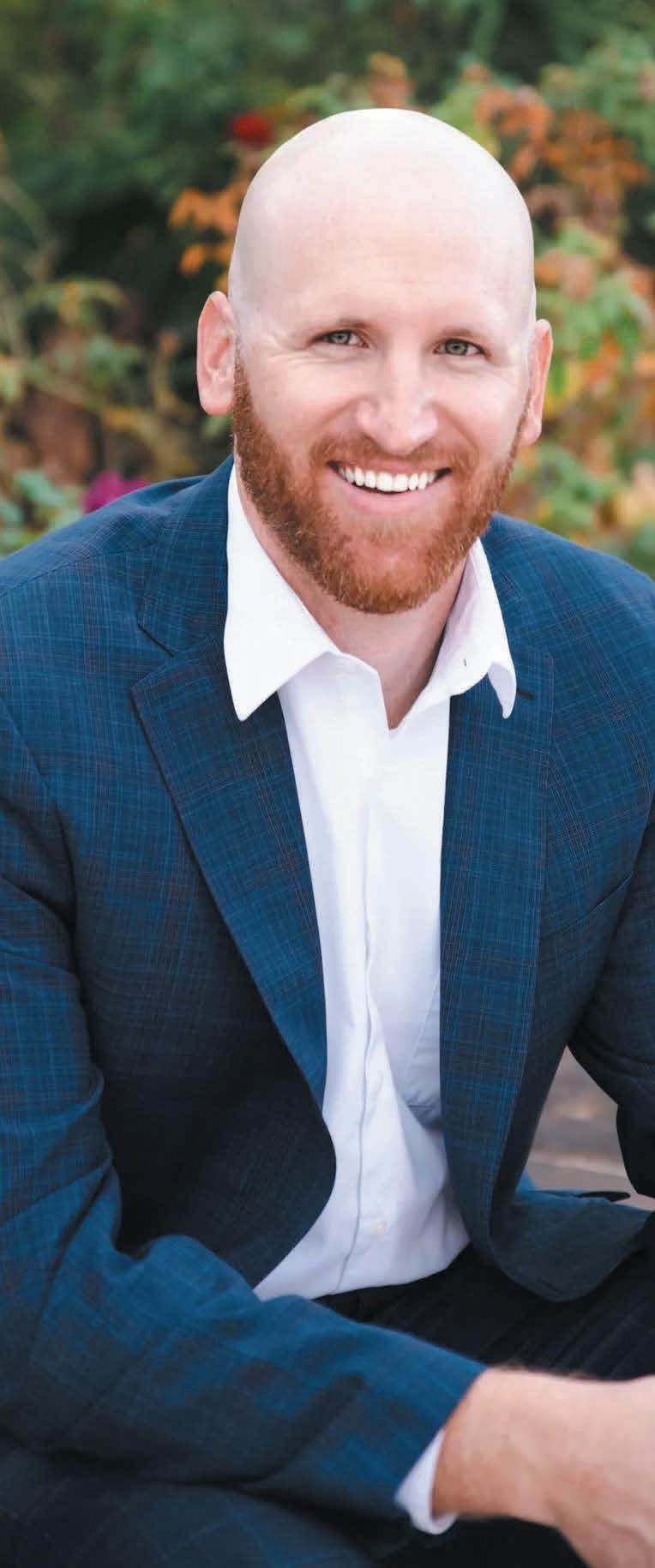
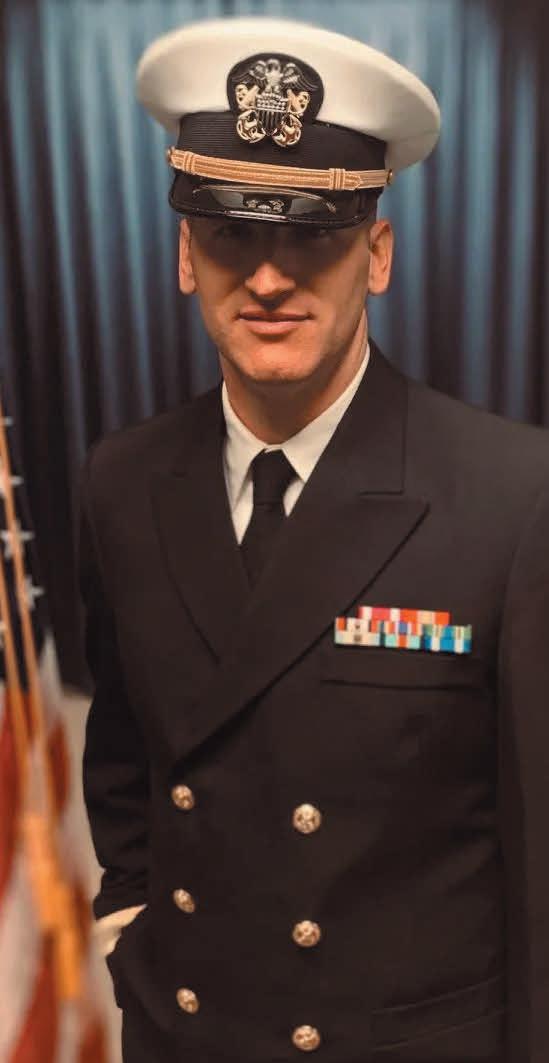
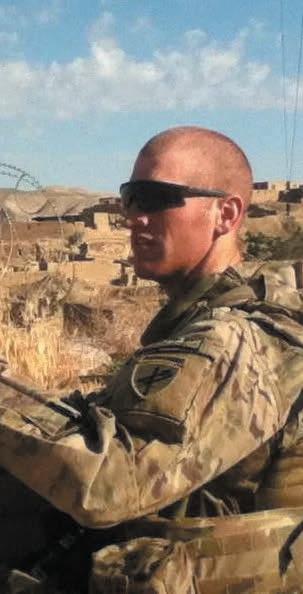
SHANNON LEVITT | STAFF WRITER
Next month, Arizonans will find out which way Proposition 139, the Right to Abortion Initiative, is decided. A recent Fox News poll showed that voters overwhelmingly support it, but the National Council of Jewish Women Arizona (NCJW AZ) and other groups aligned on the issue aren’t taking good polls to the bank and calling it a day. In fact, they’re putting their foot on the gas in their efforts to convince voters who have yet to make up their minds to support the proposition.
Prop 139 would amend the state’s constitution to guarantee access to abortion up to the point of fetal viability. According to Pew Research Center polling, American Jews support abortion rights more than any other religious group.
On Friday, Sept. 27, NCJW AZ and Yes on Prop. 139! (Arizona Abortion Access) hosted a breakfast/canvassing event to energize several dozen volunteers, people the organizations consider critical messengers when talking to voters face to face, on the telephone or writing personal notes on postcards.
Carole Davis, an NCJW AZ member, attended the morning’s event because she feels very nervous about the election.
“I couldn’t just sit back and do nothing. I grew up during the period when Roe was settled law, and it breaks my heart that it doesn’t exist now for women,” she told Jewish News.
She volunteered to write postcards to voters, sharing her hope they would vote for Prop. 139. Writing postcards made sense for her because “I have good handwriting,” she laughed.
“I’m here because I’m terrified,” Dianne Post told Jewish News. Post is the attorney for the Arizona NAACP State Conference, who worked earlier this year with the Jewish Community Relations Council of Greater Phoenix on legislation allowing homeowners to remove racist language in housing covenants that discriminate against Black, Latino, Asian, Jewish Arizonans and other minority groups.
Post sat with other volunteers, calling a list of voters and asking them to vote yes on Prop. 139. She has also been knocking on doors almost every day, talking to voters in person.
Congregation Or Tzion Rabbi Andy Green was one of a handful of men in attendance.
“The National Council of Jewish Women Arizona’s work at this moment
is about expressing Jewish values, and that’s what’s on the ballot this election,” he told Jewish News.
Green explained that Jewish law, in certain cases, not only allows but mandates health care intervention. Thus, there is a fundamental religious freedom value that’s at stake in the November election.
He is happy to support the work of informing the electorate about certain issues, especially when they coincide with Jewish law, which advocates making health care accessible for all people who need it, he said.
“This is really important.”
Linda Feldman also sees the proposition as a basic health care issue and asked aloud why the medical profession has not been more outspoken.
“Doctors take an oath to heal and help people. I really want to know where they are on this issue,” she said.
Before people started writing postcards and making calls, NCJW AZ President Civia Tamarkin briefly sketched out the history of reproductive rights from the time Roe v. Wade was decided by the United States Supreme Court in 1973, until it was overturned with the 2022 Dobbs v. Jackson Women’s Health Organization decision.
Part of the morning was dedicated to giving volunteers all the background information they need to help convince voters of what’s at stake.
“Dobbs did not happen in a vacuum. It was only the last nail in the coffin of the erosion of reproductive freedom and abortion access that began the very moment Roe became law,” Tamarkin told the audience, adding that Arizona was often the state used as a test case for challenging Roe.
Tamarkin said she and others supporting abortion rights believed in stare decisis, the legal principle directing courts to adhere to previous judgments.
“We thought we had won because we had a decision (Roe) from the highest court in the land.
“We believed these decisions were sacrosanct, and we turned a blind eye to what was happening. Unfortunately, we did not see the onslaught that was coming and nibbling away at it for years,” she said.
Carolina Rodriguez-Greer, Arizona Abortion Access’ political outreach director, said she’s sure that even if the proposition passes, its opponents will be lining up to attack it in court on Nov. 6, the day after the election.
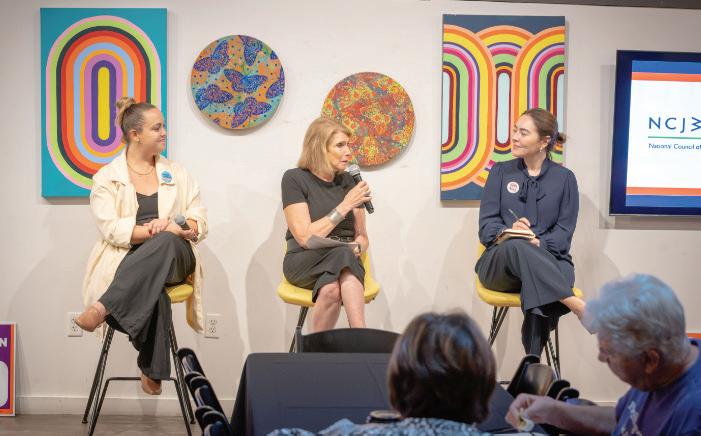
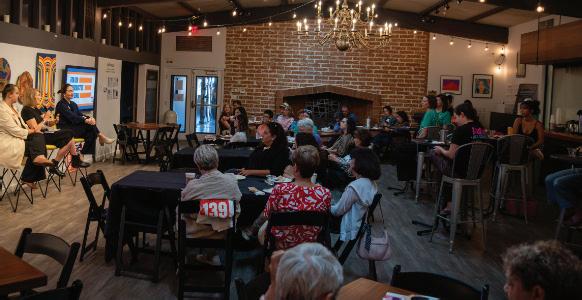
“DOBBS DID NOT HAPPEN IN A VACUUM. IT WAS ONLY THE LAST NAIL IN THE COFFIN OF THE EROSION OF REPRODUCTIVE FREEDOM AND ABORTION ACCESS THAT BEGAN THE VERY MOMENT ROE BECAME LAW.”
CIVIA TAMARKIN
On the other hand, more than 800,000 registered voters signed the petition to get the proposition on the ballot. That is by far the most signatures any ballot petition has received in the state.
Rodriguez-Greer is not surprised by the good polls but worries that because the proposition appears at the end of a lengthy ballot, people will give up before they get to it. This is one more reason not ,to assume that because a proposition polls well, it will pass.
“Conversations like this are what win elections,” she told the roomful of volunteers.
“When we encourage people to vote, let’s remind them that their lives and the lives of their daughters, their sisters, their mothers, their wives, etc., are on the line. That’s why we do this,” Tamarkin said. JN
For more information on the National Council of Jewish Women Arizona, visit ncjwaz.org.
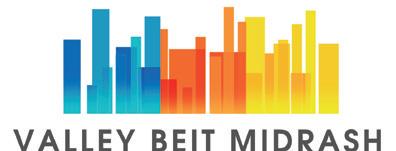

Board Members

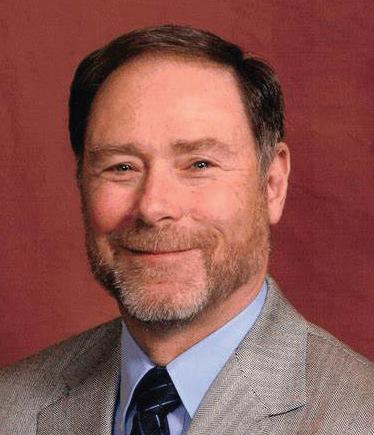
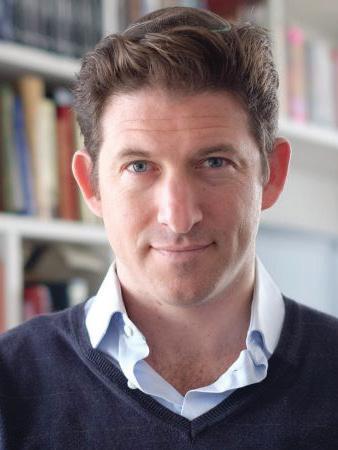
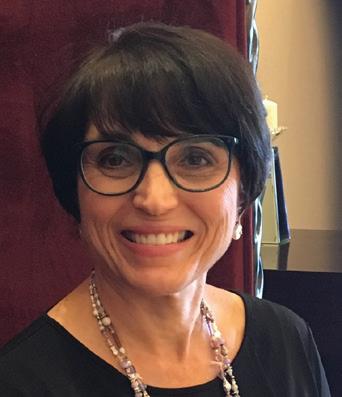

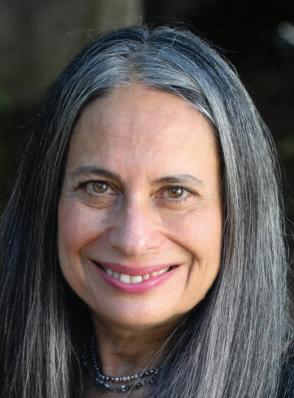

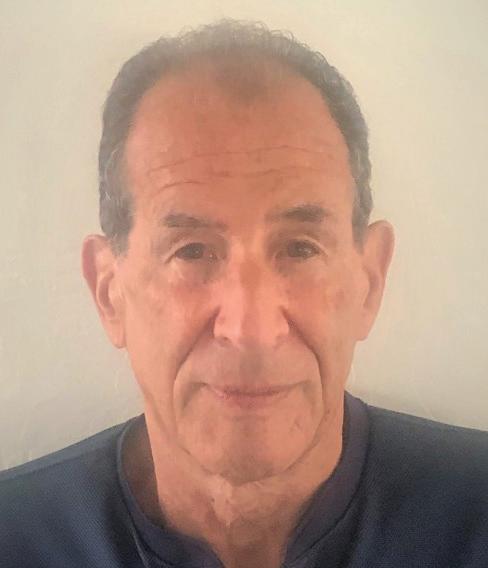
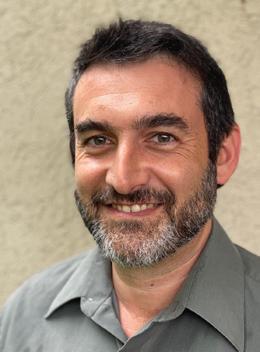
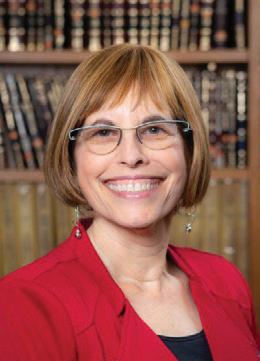

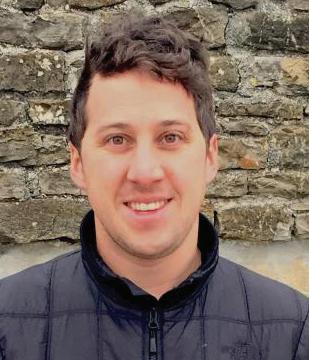


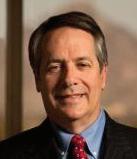
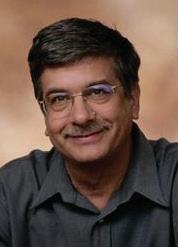

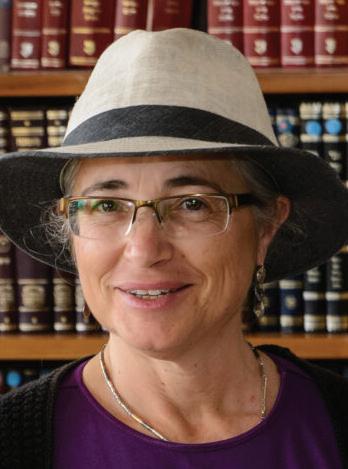
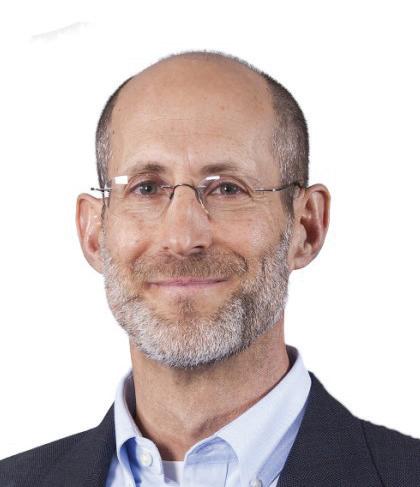
Staff Members
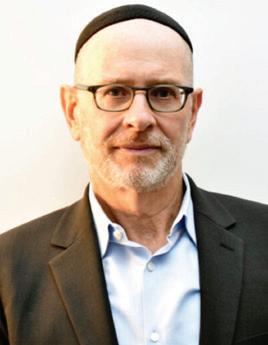
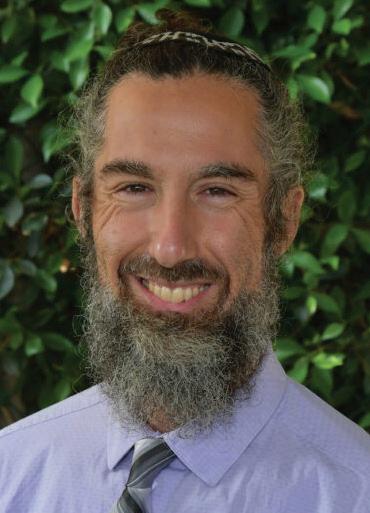
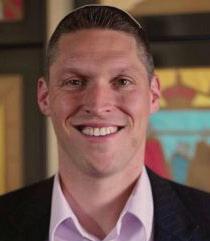


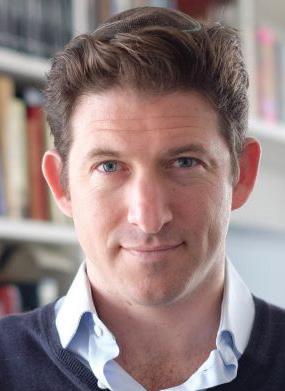
wishes everyone a shana tovah, a happy new year filled with joy and love. We invite you to join us in pursuit of improving lives in our communities through transformative learning and action. Here’s how you can plug into our work this year:
1. Learn with us at our upcoming classes. We have multiple pluralistic o erings each week and options for both virtual or in-person learning.
2. Serve with us and volunteer with Arizona Jews for Justice to help uplift the most vulnerable members of our community.
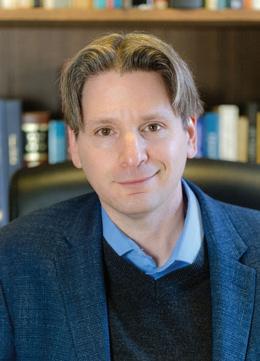

3. Reach out if you are looking for internship or fellowship opportunities for teens and young adults. We would be thrilled to tell you more about our leadership development programs.
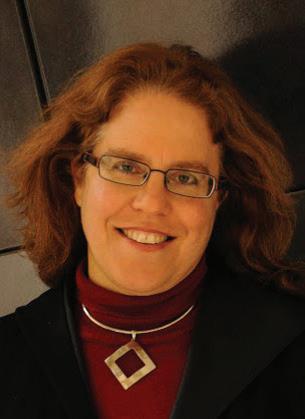
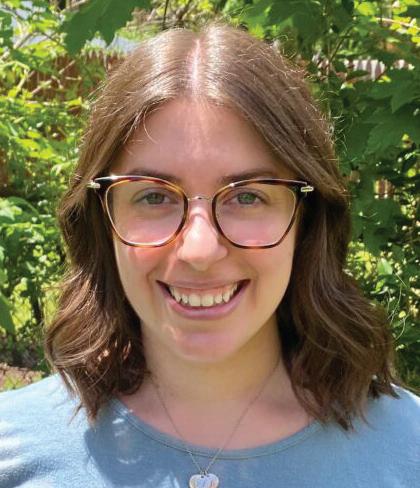
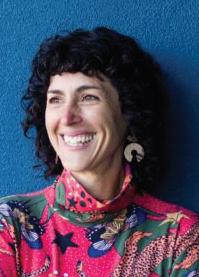
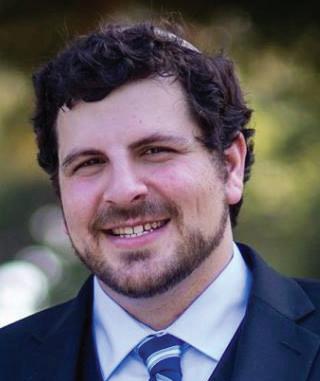
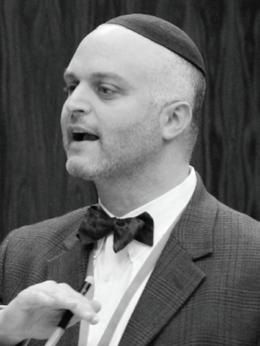

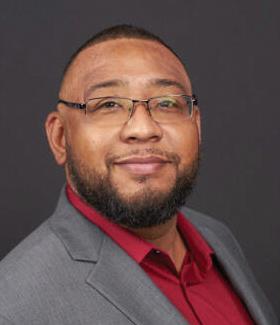
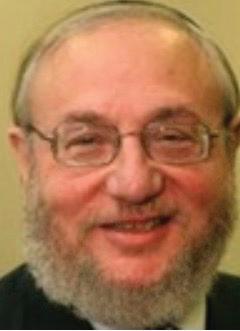
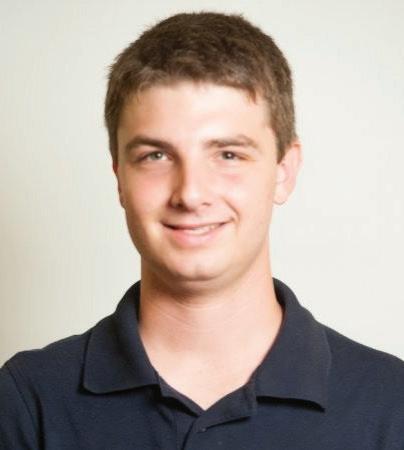
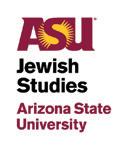
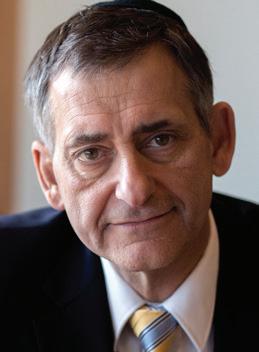
4. Become a Legacy donor. By joining the Jewish Education Legacy Society of Valley Beit Midrash you will ensure VBM has the ability to provide engaging learning opportunities and save lives in our communities for many years to come.
We hope this year will be a time of renewal and growth and that we will experience many joyful moments together in the year ahead.
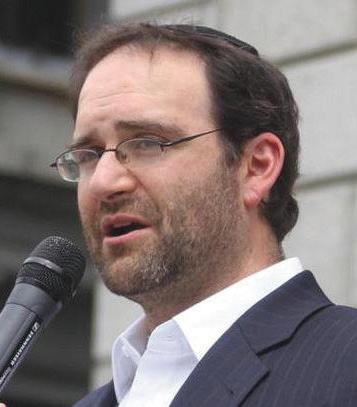
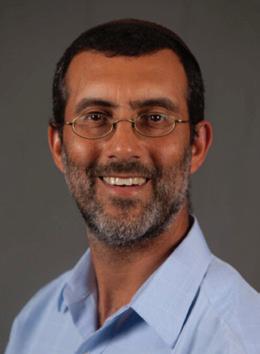
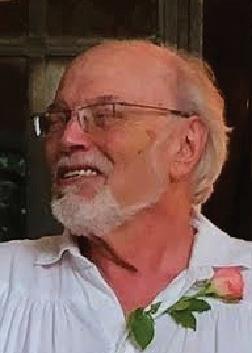
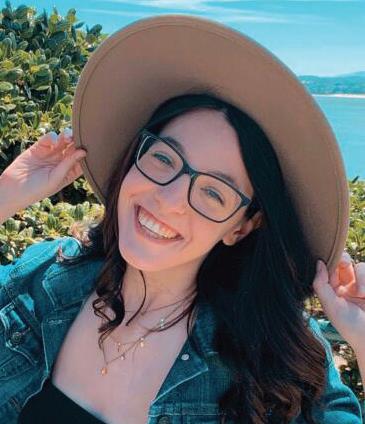
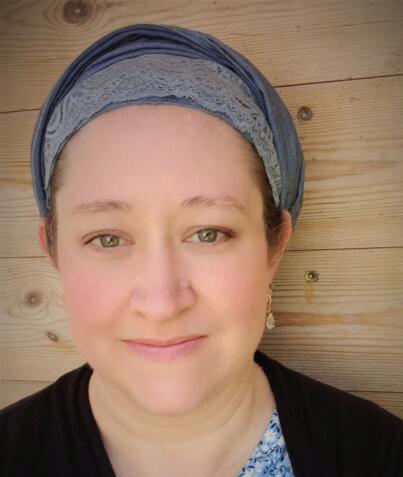
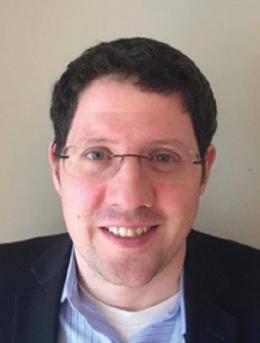
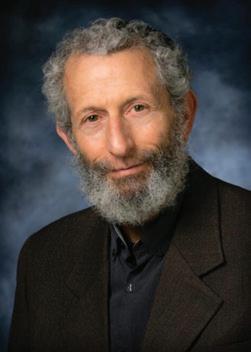
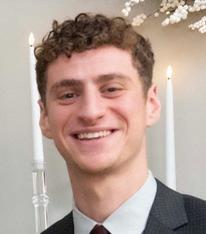


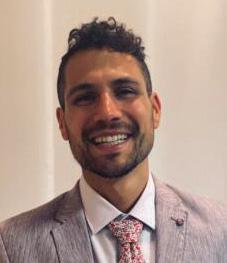
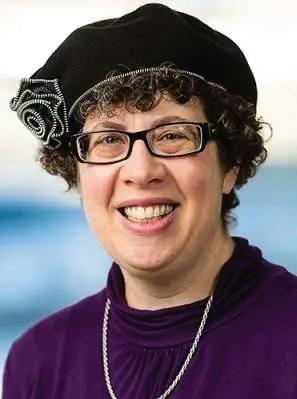


ground,” she said.
Eli Feldman and Samantha Zell are the youth representatives on the board and will offer the freshest perspectives, given they are both still in high school.
Feldman is 17 and a senior at Brophy College Preparatory in Phoenix. He is a member of Congregation Beth Tefillah in Scottsdale.
Three years ago, Feldman volunteered with PJ Library, a program of CJP and the Harold Grinspoon Foundation. He learned about CJP’s Youth Philanthropy Board and applied. It seemed to coincide with his interests in volunteering and investing.
“I’ve always been interested in the stock market and investing. I’ve been investing since the sixth grade,” he told Jewish News.
He first learned about finance from a two-week student project at Pardes and discovered he had a passion for it. He invested money he received at his bar mitzvah and for birthdays, as well as his Chick-fil-A salary. He’s thinking about majoring in finance in college next year.
One part of his responsibility on the Youth Philanthropy Board was researching nonprofits.
“It was like researching companies, making sure they would do the right thing with the money we gave them,” he said.
As a new CJP board member, Feldman is looking forward to applying his financial knowledge to grant allocation, something he finds very meaningful.
“I want to tackle issues like hunger, homelessness and literacy and be part of the high-level decision making that impacts the community,” he said.
Feldman volunteers at homeless shelters and is the president of Brophy’s Jewish student union, the largest in the state. After Oct. 7, he joined with the president of the Muslim club to organize an event about the war to counteract the misinformation spreading on TikTok and
offer a prayer for peace.
“We compared verses from the Hebrew Bible, the New Testament and the Quran to show similarities, and to prove that we can all get along peacefully,” he said.
Zell is 16 and a junior at Chaparral High School in Scottsdale, and became a bat mitzvah at Congregation Or Tzion.
While on the CJP board, she will maintain her position on the Youth Philanthropy Board for a second year, where she will continue to advocate for Israel, her biggest passion.
“I want to do anything I can to help Israel,” she told Jewish News. “Even from far away, I’m able to make a difference by being a part of a philanthropic board.”
She’s excited about the opportunity to learn about philanthropy from the profes-
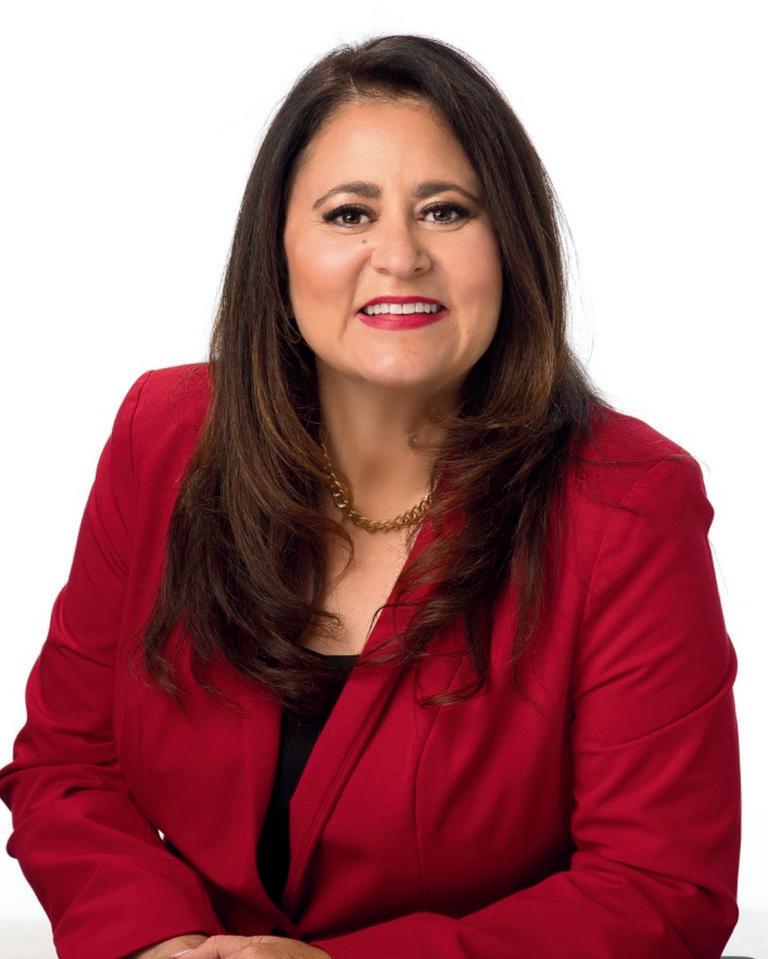
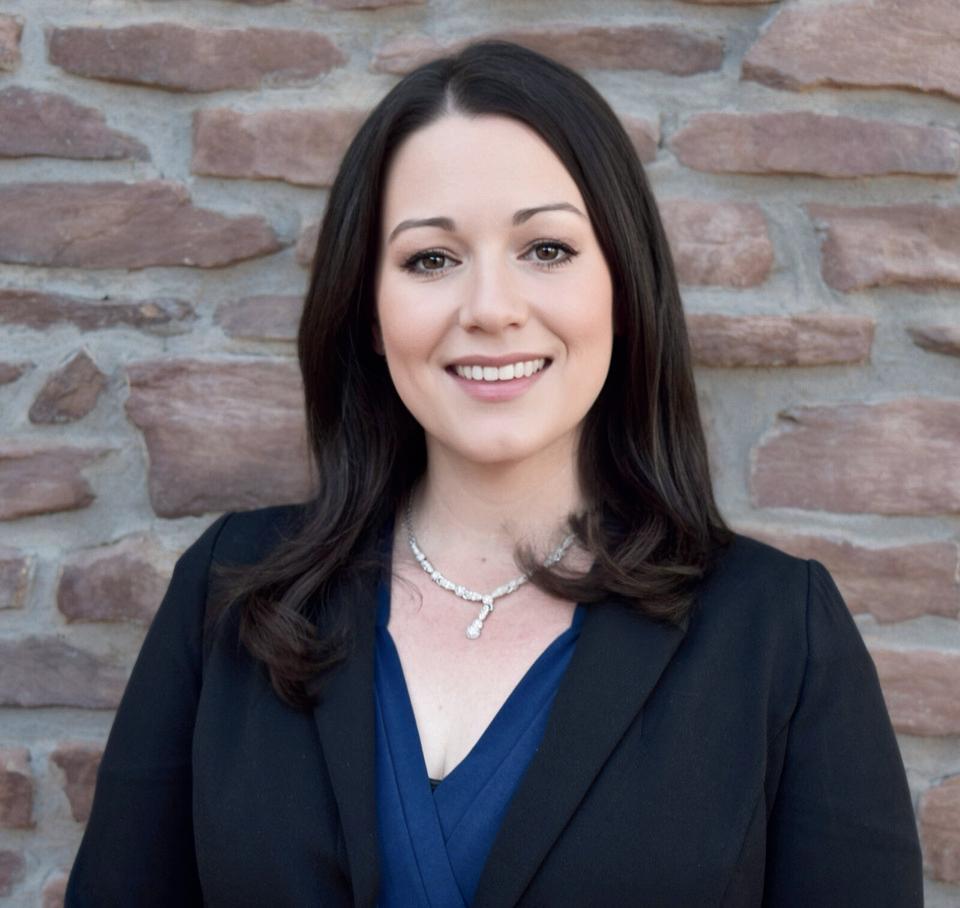
sionals on CJP’s board. She is honored to have the chance to share her values, advocate for nonprofits that align with them and listen to other viewpoints.
“I want to know what other people think is important,” she said.
Zell is also passionate about music and medicine. She is part of HonorHealth’s Medical Explorers Club, where she hears from doctors in various fields. There she has also had the chance to dissect human hearts and other organs. She’s considering becoming a doctor one day.
She writes music and leads an a capella group at her school called Gold Dust Avenue. The group has performed and competed both locally and nationally.
While she has a lot on her plate, she doesn’t foresee that her responsibilities for youth philanthropy or the CJP board will be too stressful. Instead, she predicts it will bring her joy.
“I love doing anything I can for Israel,” she said. JN
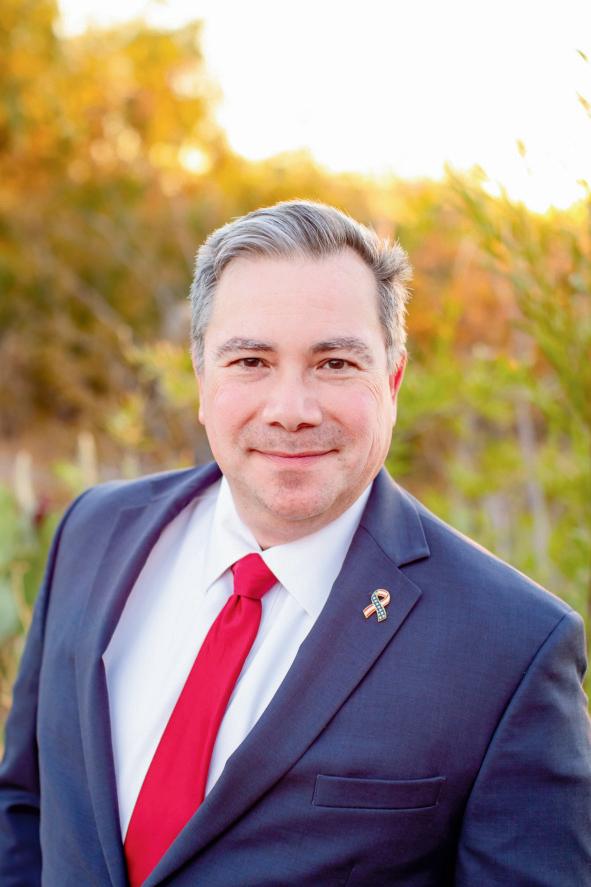
SHANNON LEVITT | STAFF WRITER
Kirsten Engel, a candidate for Arizona’s 6th Congressional District, attended an event held at the Tucson Jewish Museum & Holocaust Center (TJMHC) a few months ago. It was her first time visiting the museum. She met Lori Shepherd, the museum’s executive director, who invited her to come back anytime for a private tour.
“I really wanted to come back and spend some time looking at exhibits and learn more about Tucson’s Holocaust survivor community, their stories and the role they have played in our society. The museum does an incredible job of that,” Engel told Jewish News.
Shepherd’s invitation to Engel is one she makes to all local elected officials and candidates for office.
“If there’s a way we can benefit the local electeds with whatever they’re working on — from education legislation to current events — we are eager to do it. We will always reach out and offer a private tour for their benefit,” Shepherd told Jewish News.
Since Engel’s visit, Shepherd has given tours to a handful of other political leaders. However, she does not promote those
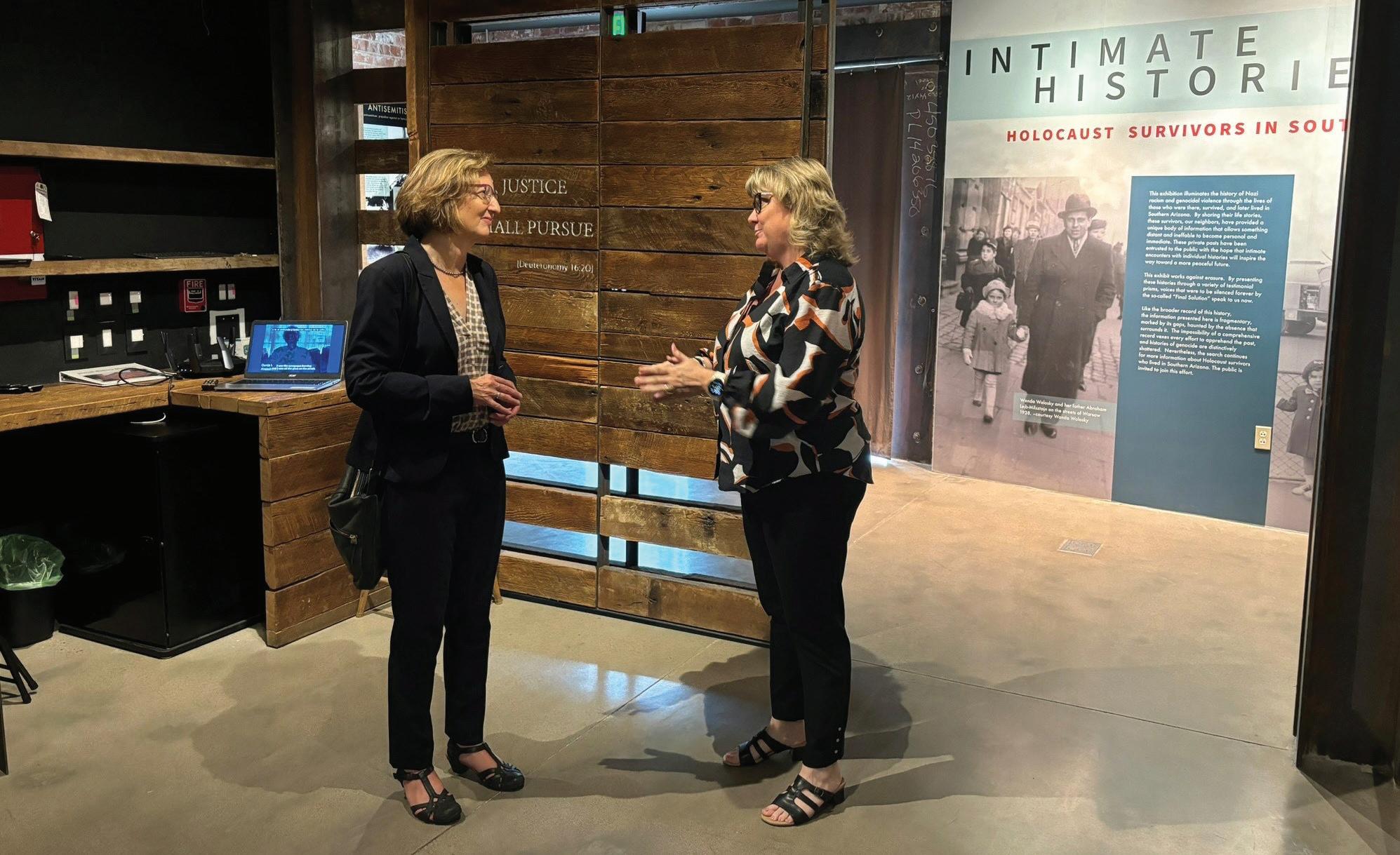


SHANNON LEVITT | STAFF WRITER
On Oct. 7, 2023, Vivian Silver, a Canadian-Israeli activist for Middle East peace and women’s rights, was murdered by Hamas in the Be’eri kibbutz when the terrorist group attacked Israel. Just three days before her death, Silver had been part of organizing a peace rally in Jerusalem, which brought out 1,500 women, both Israelis and Palestinians.
Silver was deeply involved in bringing peace to the region for much of her life. Even after her retirement in 2014, she continued to work to bring Israelis and Palestinians together. Silver co-founded Women Wage Peace, an interfaith grassroots organization, and volunteered with Road to Recovery and Project Rozana, organizations that transported Gazan patients traveling to Jerusalem for treatment.
This fall, in honor of Silver’s belief in and ceaseless work for peace, the Phoenixbased Lodestar Foundation is offering a
challenge grant opportunity in Silver’s name. For every grant the organization receives from someone of $20,000 or more, Lodestar will match it up to a maximum of $100,000.
One of the organizations Silver worked closely with was the Alliance for Middle East Peace (ALLMEP), a group of over 100 leading non-governmental organizations working to foster reconciliation between Israelis and Palestinians and between Arabs and Jews in Israel and the wider region.
Jerry Hirsch, Lodestar’s founder and chairman and one of the founders of Temple Emanuel of Tempe, discovered ALLMEP years ago. Hirsch admired the organization’s mission and involved Lodestar in furthering its growth and professionalization.
When John Lyndon, ALLMEP’s European director, told Lodestar’s staff about Silver’s story and informed them that her family is honoring her legacy by
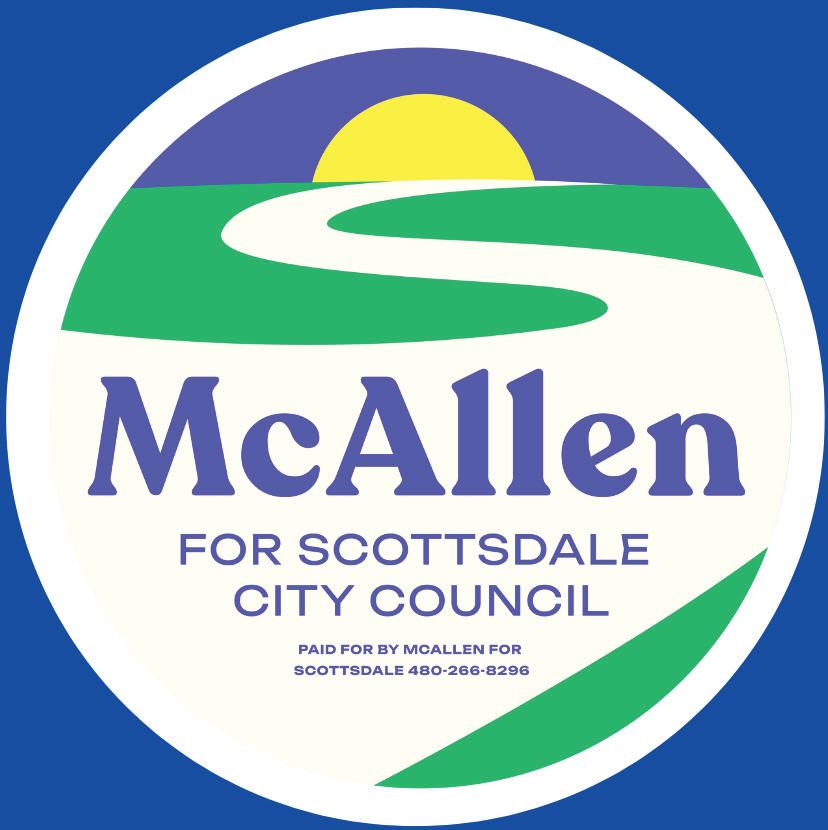


creating the Vivian Silver Impact Award, the Phoenix-based foundation decided to offer challenge grants to help fund the award through the New Israel Fund.
Every year, the financial prize will be awarded to two women, one Palestinian, one Israeli, who demonstrate the ability to accomplish big things in one of the three areas that Silver was passionate about: building Arab-Jewish partnership in Israel; establishing peace between Israel and Palestine; and advancing women to decision-making and leadership positions, according to viviansilver.com.
Lodestar’s challenge grants can double the money, making them a successful method of raising money quickly, especially in a limited time period. In this case, the limit is the final day of December 2024.
“We thought it was just remarkable that this family did not choose vengeance and instead are doing something to honor her and carry on her tradition with this award,” Lodestar President Lois Savage
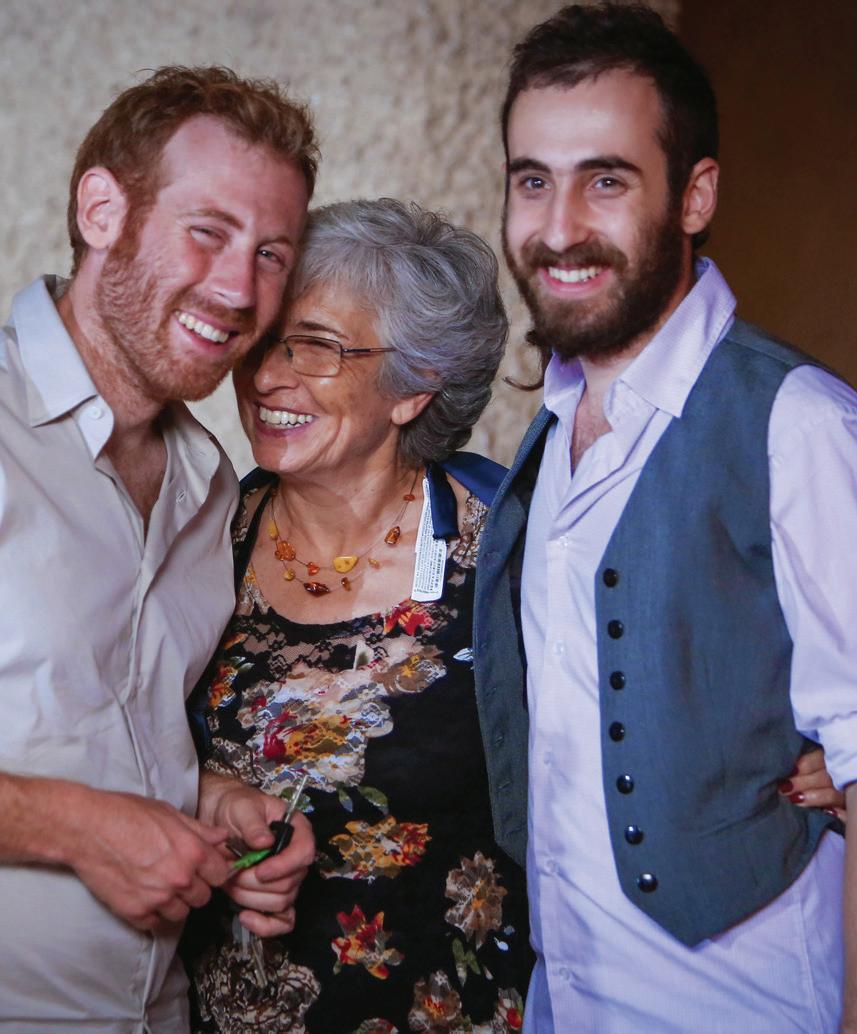
told Jewish News. She and Hirsch were very impressed with that instinct, in part because it dovetails with Lodestar’s mission of “seeking meaning from philanthropy.”
“Our foundation is supporting this effort because one of our main strategies is to support philanthropy, which is defined as the love of mankind. We believe that for Vivian Silver’s family to support Israeli-Palestinian dialogue, in spite of Vivian’s cruel murder by Hamas, is a deep expression of love for mankind,” Hirsch told Jewish News in an email.
Savage explained that Lodestar has two basic strategies. The first is to support the growth of philanthropy and programs that simplify philanthropy, thereby encouraging more of it. The second is to support two or more nonprofits to come together, thus erasing much of the dysfunction and duplication that exists in the philanthropic landscape.
The challenge grants to support the Vivian Silver Impact Award fall in the first category.
“We want to champion people who are exemplary philanthropists or exemplary volunteers. That’s what Vivian was,” Savage said.
“I personally believe that the future of Israel depends on achieving peace, and achieving peace depends on engaging in meaningful dialogue with neighboring enemies, regardless of how repulsive that may seem,” Hirsch said.
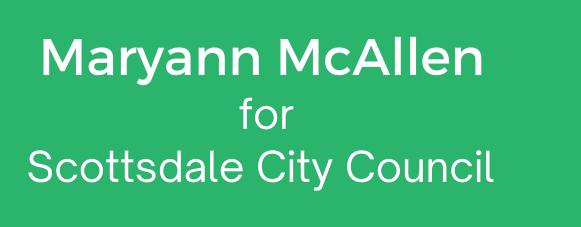





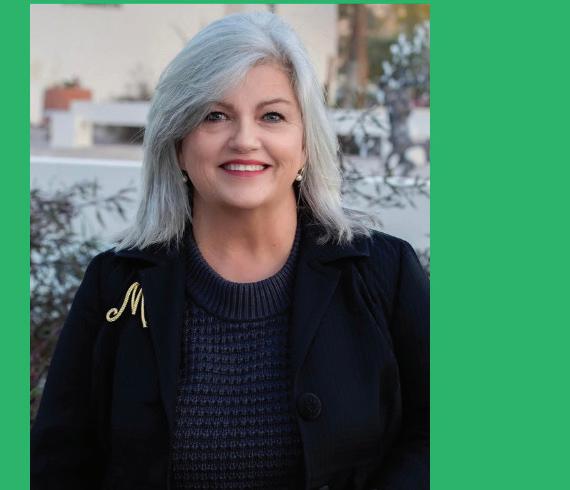

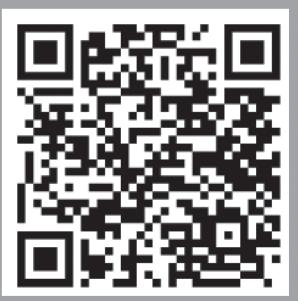

Savage, who is also Jewish, views Silver as a standard bearer for women, especially considering that she could have lived a comfortable life in Canada, where she was born. Instead, she decided to move to Israel and engaged in difficult and stressful work for most of her adult life.
“She was fearless. She stood up for treating Arabs and Jews as equals at a time where there’s a lot of antipathy and animosity between them,” Savage said.
“She was a strong, exemplary woman who deserves to be honored for the work she has done and the cause for which she gave her life,” she said. JN
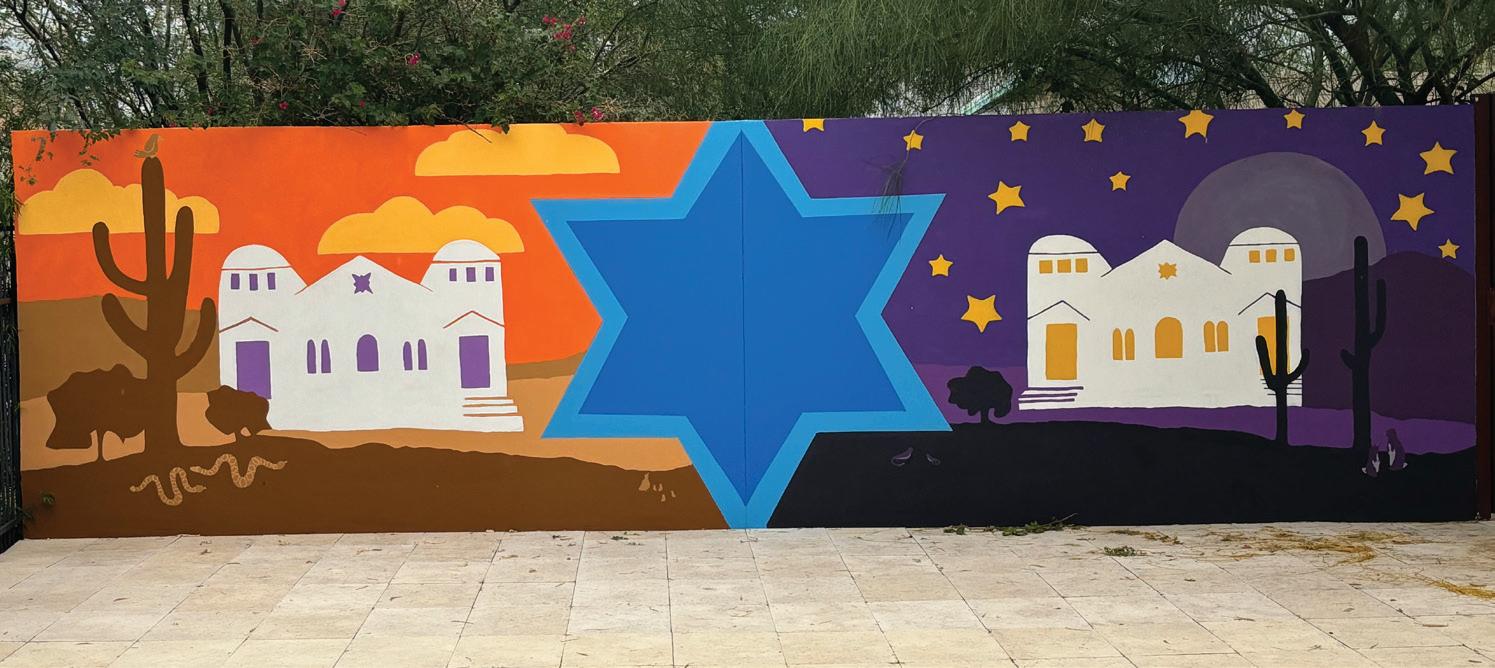
and expressing hate toward them.”
on social media or the museum’s website.
“I will give a tour to any politician who wants to understand our work. They should feel free to ask questions without worrying about the optics,” Shepherd said.
Reed Hirshman, Engel’s Jewish deputy finance director, volunteered to accompany his boss when he heard she had accepted Shepherd’s invitation.
“I was not surprised at all that she wanted to go. That’s totally Kirsten,” he told Jewish News. “She wants to be at the forefront of combating antisemitism.”
Engel enthusiastically supported Arizona’s Holocaust education mandate that passed when she was a state legislator.
“I recall my daughter coming home one day and talking about an incredible afternoon listening to a Holocaust survivor in middle school,” she said. “It’s so important to really know the history of the Holocaust.”
Shepherd shared with Engel some insights she’s gleaned from teachers following the mandate since its 2021 implementation and discussed some of the challenges and needs.
Shepherd hopes that whichever candidate wins in November, they will be interested in pursuing federal legislation ensuring Holocaust education, thus giving more support and instruction to teachers. Engel was interested in learning more, she said.
“She really wanted to know how Holocaust education and our work at the museum support the community as a whole, and how she can be a part of it,” Shepherd said.
Engel, who is not Jewish, also met earlier with several Tucson rabbis, leaders of Jewish organizations and community members to talk about combating antisemitism in the community.
“The Jewish community in Arizona, and nationally, has been feeling isolated and we’ve seen a rise in antisemitic incidents. I really want the Jewish community to know that their safety, security and inclusion is a top priority for me,” said Engel.
She also appreciated how the museum broke down genocide into different stages and noted that “it’s very concerning to see more modern parallels between isolating different communities based on religion,
The majority of visitors to TJMHC are students, followed by civic organizations, retirement communities, church groups, families, groups of friends, etc. Most, like Engel, aren’t Jewish.
The museum’s mission is to teach the dangers of identity-based hate and how to think critically about it, which Shepherd and her colleagues believe will make the community stronger and safer for everyone.
“At the end of the day, we want to teach the Holocaust and other genocides. Ours is a distinctly human story, not just a Jewish one,” Shepherd said.
Hirshman admitted that he was unaware of the museum’s existence, even though he attended the University of Arizona in Tucson. He is from Scottsdale and is a member of Congregation Beth Israel. He visited the museum with his boss on a rainy Thursday morning, when there were no school tours and they had the place pretty much to themselves, he said.
Hirshman was as impressed with the museum as Engel was. As someone who has made a point of visiting many Holocaust museums around the world, he found it very unique, he said.
While other large museums start the visitor off in the 1930s and push them through a chronological history, Hirshman appreciated how TJMHC told the story of the Holocaust through Tucson’s local survivors.
“Tucson is very much like, let’s look at the why, how and what of it,” he said. “It gave it way more of a grounding in the story they’re trying to imbue.”
Seeing the stages of genocide also stood out to him as it had to Engel, as well as the way the museum compares and contrasts the Holocaust with other genocides.
“The Holocaust is our (Jews’) history and it’s big, but it’s not unique,” he said.
While a focus of the museum is antisemitism and hatred of Jews, its overall perspective is broader.
“I’m trying to make southern Arizona safer and stronger. We do that through education and helping people understand we’re stronger because of our differences. That’s the powerful stuff,” Shepherd said. JN
For more information on the Tucson Jewish Museum & Holocaust Center, visit tjmhc.org.













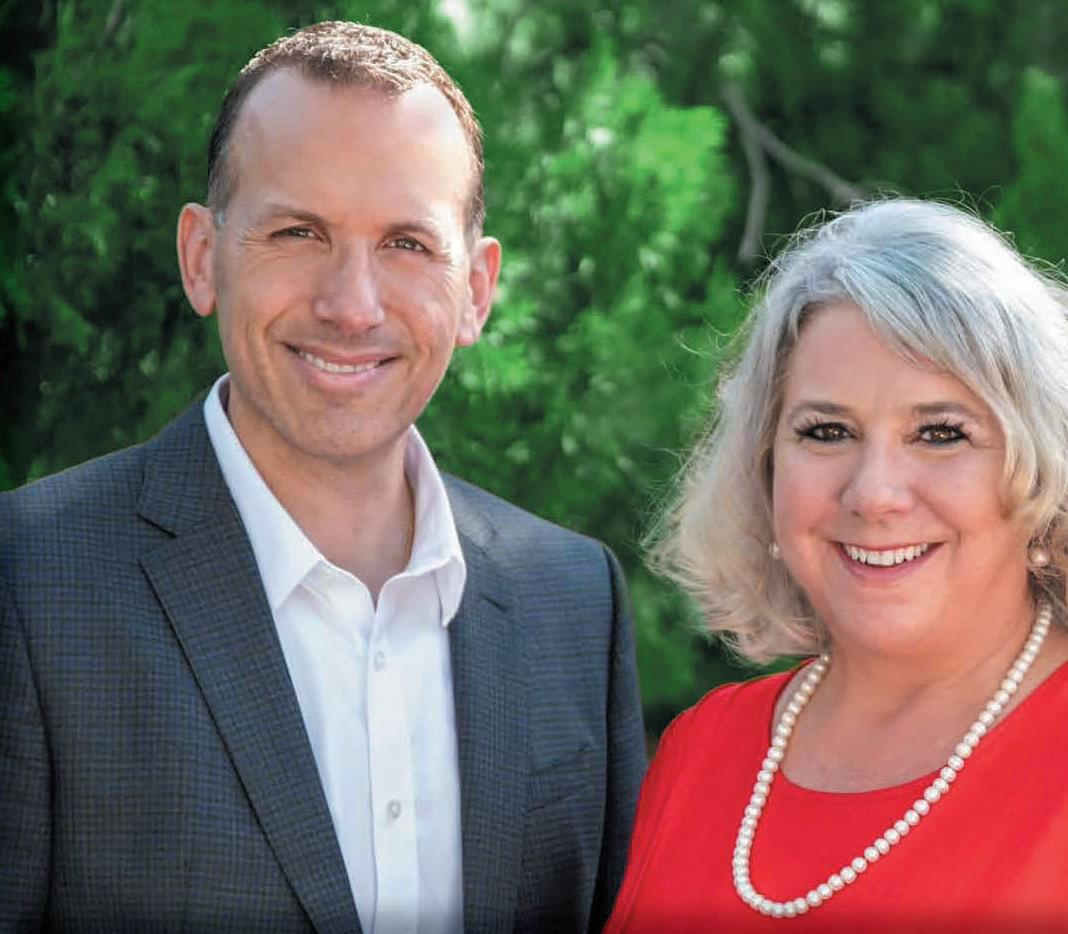

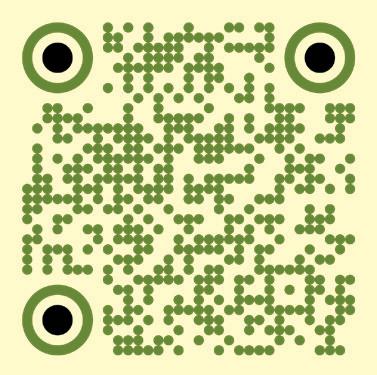


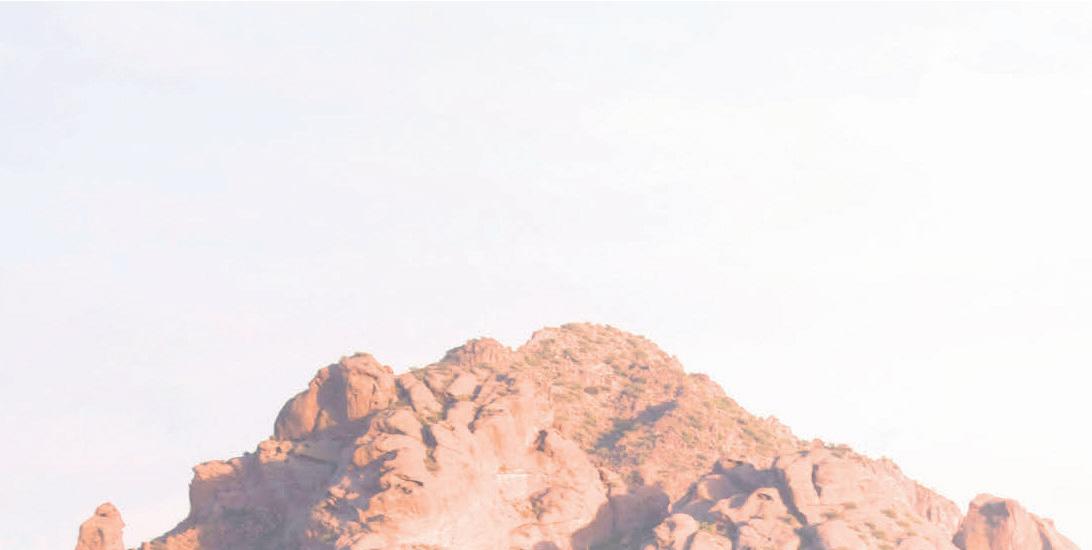

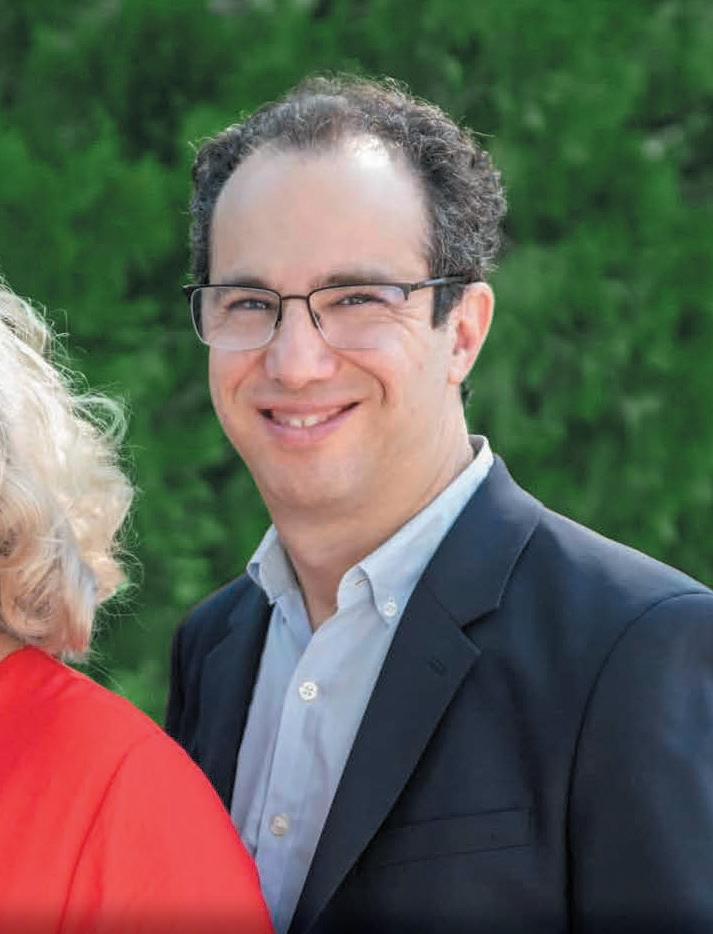


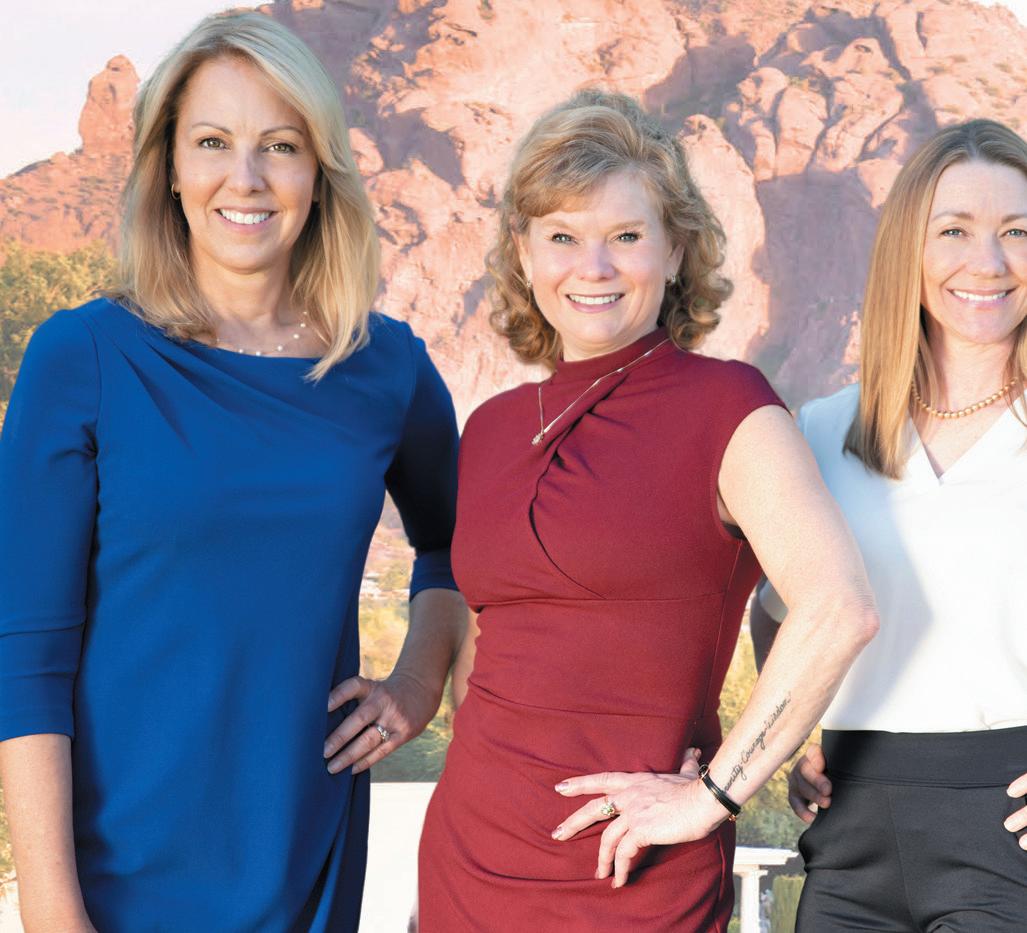


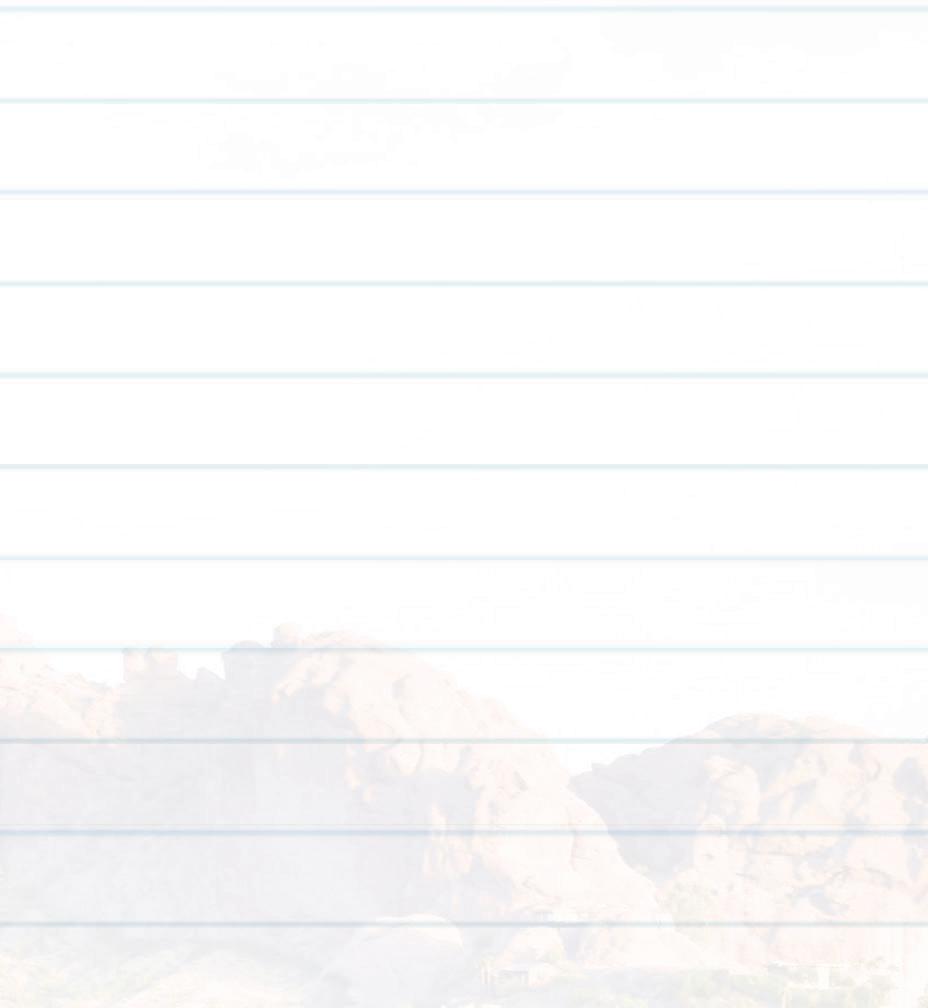
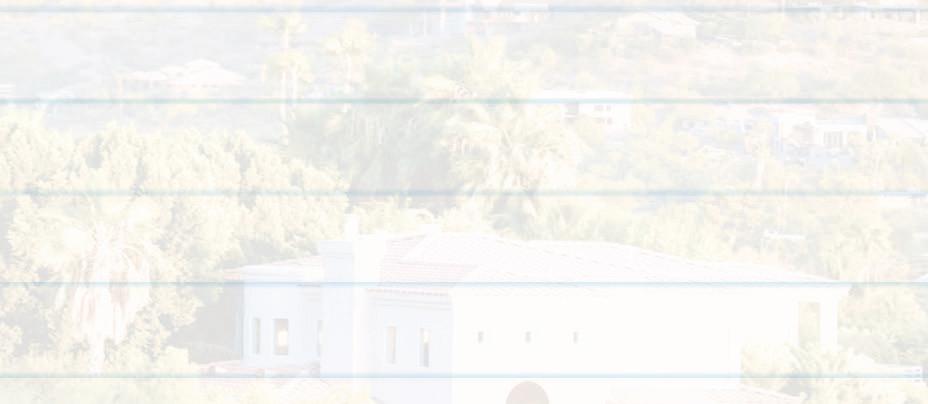

‘I’m
SHANNON LEVITT | STAFF WRITER
R
abbi Jonah Pesner knew from a young age that he both loved and appreciated the Jewish community that had raised him and needed to call it out when it fell short of its ideals, especially when it came to seeing all people as equal.
He became painfully aware of that need when he attended his synagogue’s board meeting as youth group president. Board members debated what to do about an unhoused person sleeping in the vestibule. The moment he heard someone ask, “Do we really want those people here?” he knew what his rabbinic journey would be about.
“I was not going to be a Jewish continuity rabbi … but would challenge my Jewish community not to leave the Torah in the ark, but take it out into the streets where it could live and breathe,” he said. His rabbinic career would be about universalism rather than tribalism. Pesner, director of the Religion Action Center of Reform Judaism
(RAC), delivered the annual Zeichick Family Lecture co-sponsored by Valley Beit Midrash (VBM) and the Jewish Community Relations Council of Greater Phoenix at Temple Chai in Phoenix, on Wednesday, Sept. 25. His talk, which received two standing ovations, was titled “Every Voice, Every Vote,” and nominally about “strengthening democracy by encouraging and protecting voter participation.”
As leader of the RAC, the political and legislative outreach arm of American Reform Judaism, Pesner comes to the fight for voting rights on behalf of an organization that was founded, in part, as a bulwark against antisemitism and racism in 1959. Kivie Kaplan, the last white Jewish president of the NAACP, donated money to the Union of American Hebrew Congregations (the Reform movement) for a building to house its social action center, but with one condition: It must be used as a hub for the civil rights

movement.
Martin Luther King, Jr. had his first office in that building, and the Civil Rights Act of 1964 and the Voting Rights Act of 1965 were drafted in its conference room.
“The two most important pieces of civil rights legislation in American history were written in the conference room of a Jewish institution. That’s real,” Pesner said.
The RAC’s first fight was to ensure the right to vote. Pesner reiterated that voting and democracy were worth people putting their lives on the line “because if we lived in a country where every voice was heard and every vote gets counted, then the country would be a reflection of our shared values, our shared concerns and the policies and laws would reflect the will of the people.”
Rabbi Shmuly Yanklowitz, VBM dean, was moved by his historical portrayal of
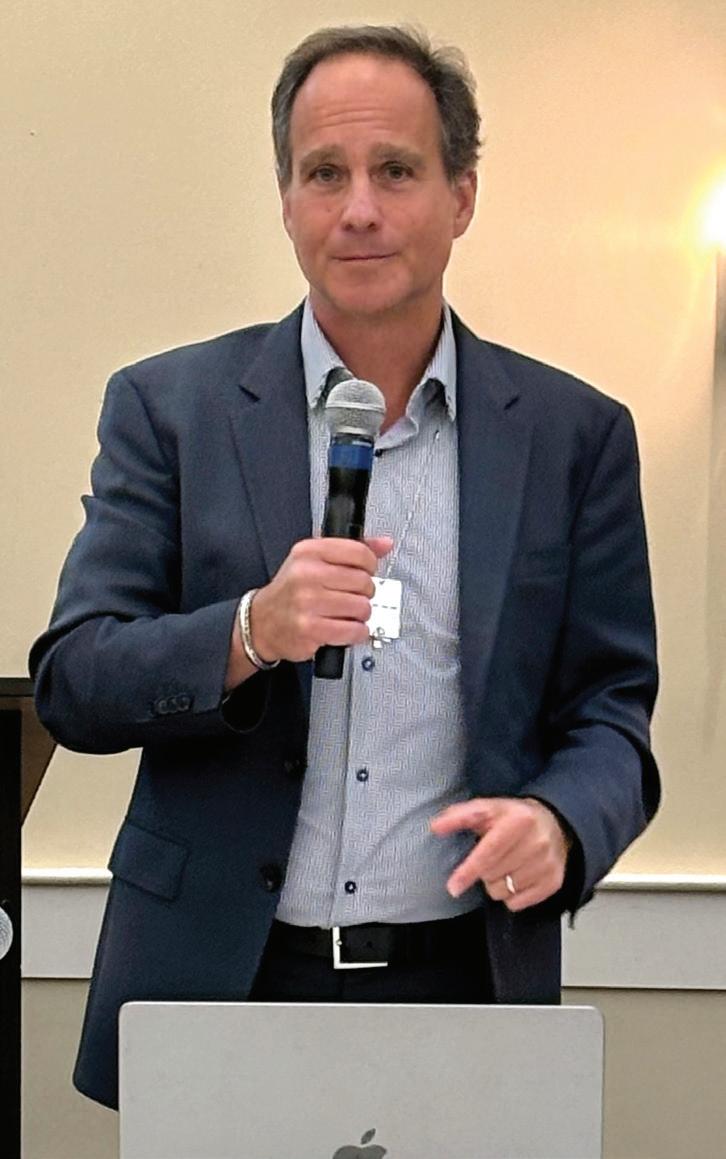

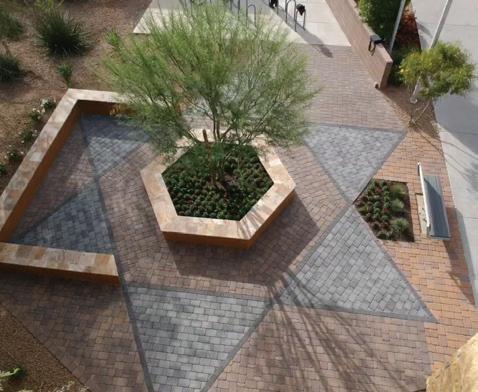
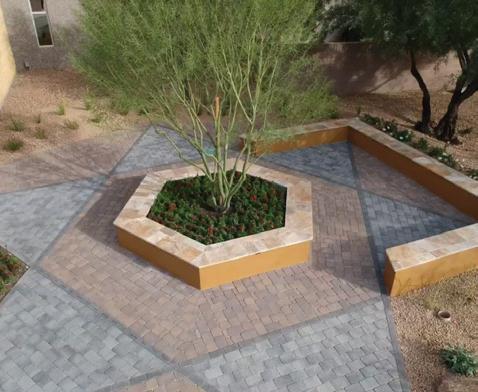
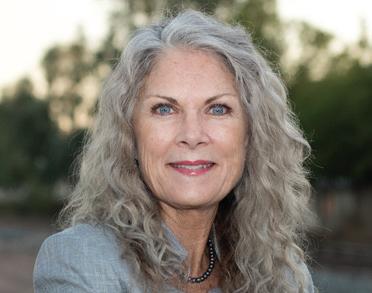
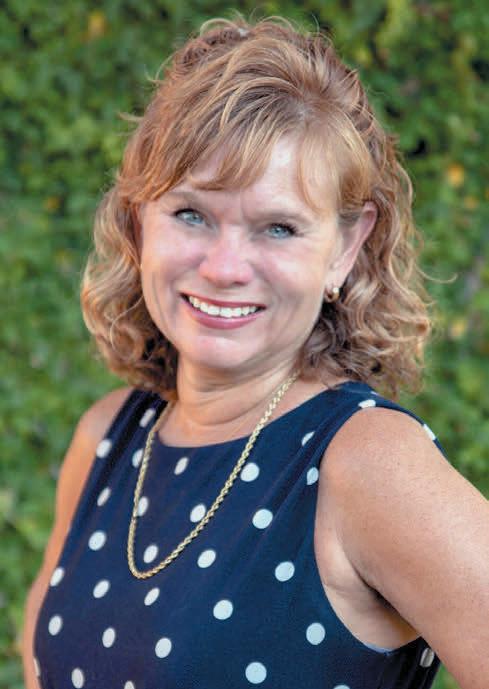
• 32 Year English Teacher
• 32 Year English Teacher
ormer AZ Teacher of the Year ears in the Arizona Senate
• 32 Year English Teacher
32 Year English Teacher
• 32 Year English Teacher
• 32 Year English Teacher
• Former AZ Teacher of the Year
• 32 Year English Teacher
• Former AZ Teacher of the Year
• First Term Scottsdale School Board Member
• First Term Scottsdale Unified School Board Member
• Former AZ Teacher of the Year
• Former AZ Teacher of the Year
Former AZ Teacher of the Year
• 4 Years in the Arizona Senate
• Former AZ Teacher of the Year
• Former AZ Teacher of the Year
• 4 Years in the Arizona Senate
• 4 Years in the Arizona Senate
• 4 Years in the Arizona Senate
4 Years in the Arizona Senate
• 4 Years in the Arizona Senate
• 4 Years in the Arizona Senate
by
Endorsed by Police and Firefighters
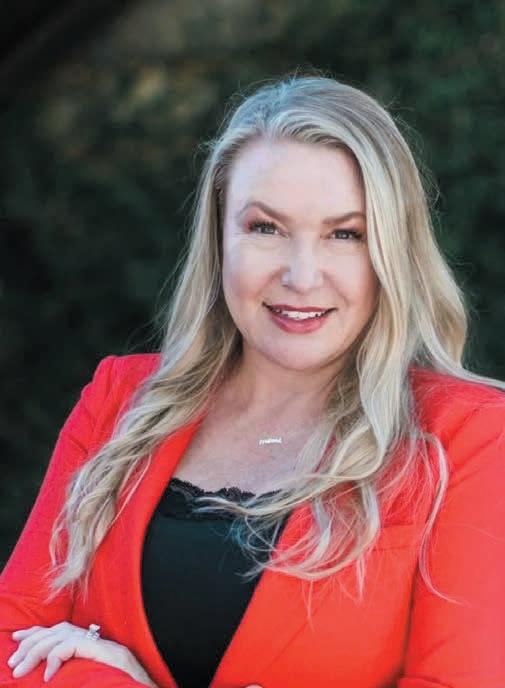
• 32 Year English Teacher
EDUCATION
• First Term Scottsdale Unified School Board Member
• First Term Scottsdale Unified School Board Member
• First Term Scottsdale Unified School Board Member
• First Term Scottsdale Unified School Board Member
• First Term Scottsdale Unified School Board Member
In 2022 Carine Werner was named as a Trusted AZ School Board Candidate by Education Advocates for Kari Lake.(5)
In 2022 Carine Werner named as a Trusted AZ Board Candidate by Education Advocates for Kari Lake.
• First Term Scottsdale Unified School Board Member
In 2022 Carine Werner was named as a Trusted AZ School Board Candidate by Education Advocates for Kari Lake.(5)
In 2022 Carine Werner was named as a Trusted AZ School Board Candidate by Education Advocates for Kari Lake.(5)
In 2022 Carine Werner was named as a Trusted AZ School Board Candidate by Education Advocates for Kari Lake.(5)
In 2022 Carine Werner was named as a Trusted AZ School Board Candidate by Education Advocates for Kari Lake.(5)
In 2022 Carine Werner was named as a Trusted AZ School Board Candidate by Education Advocates for Kari Lake.(5)
In 2022 Carine Werner was named as a Trusted AZ School Board Candidate by Education Advocates for Kari Lake.(5)
• First Term Scottsdale Unified School Board Member
Christine Marsh is a former Arizona Teacher of the Year, and she has led efforts to stop cuts to public schools, increase accountability, and restore education funding so Arizona no longer ranks in the bottom 5 in funding in the country.
• Former AZ Teacher of the Year
Christine Marsh is a former Arizona Teacher of the Year, and she has led efforts to stop cuts to public schools, increase accountability, and restore education funding so Arizona no longer ranks in the bottom 5 in funding in the country.
Christine Marsh is a former Arizona Teacher of the Year, and she has led efforts to stop cuts to public schools, increase accountability, and restore education funding so Arizona no longer ranks in the bottom 5 in funding in the country.
• 4 Years in the Arizona Senate
Christine Marsh is a former Arizona Teacher of the Year, and she has led efforts to stop cuts to public schools, increase accountability, and restore education funding so Arizona no longer ranks in the bottom 5 in funding in the country.
Christine Marsh is a former Arizona Teacher of the Year, and she has led efforts to stop cuts to public schools, increase accountability, and restore education funding so Arizona no longer ranks in the bottom 5 in funding in the country.
Christine Marsh is a former Arizona Teacher of the Year, and she has led efforts to stop cuts to public schools, increase accountability, and restore education funding so Arizona no longer ranks in the bottom 5 in funding in the country.
Marsh is a former Arizona Teacher of and she has led efforts to stop cuts to schools, increase accountability, and restore funding so Arizona no longer ranks in the funding in the country.
Christine Marsh is a former Arizona Teacher of the Year, and she has led efforts to stop cuts to public schools, increase accountability, and restore education funding so Arizona no longer ranks in the bottom 5 in funding in the country.
REPRODUCTIVE RIGHTS
• 32 Year English Teacher
Endorsed by Police and Firefighters
Marsh will protect women’s access to healthcare and will keep the government out of the deeply personal decisions made between a woman and her doctor.
Marsh will protect women’s access to healthcare and will keep the government out of the deeply personal decisions made between a woman and her doctor.
Marsh will protect women’s access to healthcare and will keep the government out of the deeply personal decisions made between a woman and her doctor.
• Former AZ Teacher of the Year
REPRODUCTIVE RIGHTS
Marsh will protect women’s access to healthcare and will keep the government out of the deeply personal decisions made between a woman and her doctor.
Marsh will protect women’s access to healthcare and will keep the government out of the deeply personal decisions made between a woman and her doctor.
Marsh will protect women’s access to healthcare and will keep the government out of the deeply personal decisions made between a woman and her doctor.
• 4 Years in the Arizona Senate
Werner has been criticized for opposing additional school funding for the school district she represents (4) and pushing hard to cut after-school programs(5). She will not help Arizona’s education climb out of the bottom 5 in the nation.
Werner has been criticized for opposing additional school funding for the school district she represents (4) and pushing hard to cut after-school programs(5). She will not help Arizona’s education climb out of the bottom 5 in the nation.
Werner has been criticized for opposing additional school funding for the school district she represents (4) and pushing hard to cut after-school programs(5). She will not help Arizona’s education climb out of the bottom 5 in the nation.
Marsh will protect women’s access to healthcare and will keep the government out of the deeply personal decisions made between a woman and her doctor.
protect women’s access to healthcare and the government out of the deeply personal made between a woman and her doctor.
Christine Marsh has fought for our democracy by sponsoring election legislation that supports poll workers (1), accessible voter registration (2), and increasing access to early voting (3).
1. HB2421, 2. HB2422, 3. SB1541
Christine Marsh has fought for our democracy by sponsoring election legislation that supports poll workers (1), accessible voter registration (2), and increasing access to early voting (3).
Christine Marsh has fought for our democracy by sponsoring election legislation that supports poll workers (1), accessible voter registration (2), and increasing access to early voting (3).
Endorsed by Police and Firefighters
Christine Marsh has fought for our democracy by sponsoring election legislation that supports poll workers (1), accessible voter registration (2), and increasing access to early voting (3).
Christine Marsh has fought for our democracy by sponsoring election legislation that supports poll workers (1), accessible voter registration (2), and increasing access to early voting (3).
Christine Marsh has fought for our democracy by sponsoring election legislation that supports poll workers (1), accessible voter registration (2), and increasing access to early voting (3).
1. HB2421, 2. HB2422, 3. SB1541
1. HB2421, 2. HB2422, 3. SB1541
Christine Marsh has fought for our democracy by sponsoring election legislation that supports poll workers (1), accessible voter registration (2), and increasing access to early voting (3).
1. HB2421, 2. HB2422, 3. SB1541
1. HB2421, 2. HB2422, 3. SB1541
1. HB2421, 2. HB2422, 3. SB1541
1. HB2421, 2. HB2422, 3. SB1541
Marsh has fought for our democracy by election legislation that supports poll accessible voter registration (2), and access to early voting (3).
EDUCATION
Christine Marsh is a former Arizona Teacher of the Year, and she has led efforts to stop cuts to public schools, increase accountability, and restore education funding so Arizona no longer ranks in the bottom 5 in funding in the country.
REPRODUCTIVE RIGHTS
Christine Marsh is a former Arizona Teacher of the Year, and she has led efforts to stop cuts to public schools, increase accountability, and restore
Marsh will protect women’s
Werner has been criticized for opposing additional school funding for the school district she represents (4) and pushing hard to cut after-school programs(5). She will not help Arizona’s education climb out of the bottom 5 in the nation.
Werner has been criticized for opposing additional school funding for the school district she represents (4) and pushing hard to cut after-school programs(5). She will not help Arizona’s education climb out of the bottom 5 in the nation.
REPRODUCTIVE RIGHTS
Werner has been criticized for opposing additional school funding for the school district she represents (4) and pushing hard to cut after-school programs(5). She will not help Arizona’s education climb out of the bottom 5 in the nation.
• First
In 2022 Carine Werner was named as a Trusted AZ School Board Candidate by Education Advocates for Kari Lake.(5)
Werner has been criticized for opposing additional school funding for the school district she represents (4) and pushing hard to cut after-school programs(5). She will not help Arizona’s education climb out of the bottom 5 in the nation.
Werner has been criticized for opposing additional school funding for the school district she represents (4) and pushing hard to cut after-school programs(5).
She will not help Arizona’s education climb out the bottom 5 in the nation.
Werner is backed by proponents of Arizona’s most extreme abortion ban laws, who agree with the 1864 law that has no exceptions for rape and incest and criminalizes doctors and nurses(6).
Werner is backed by proponents of Arizona’s most extreme abortion ban laws, who agree with the 1864 law that has no exceptions for rape and incest and criminalizes doctors and nurses(6).
Werner is backed by proponents of Arizona’s most extreme abortion ban laws, who agree with the 1864 law that has no exceptions for rape and incest and criminalizes doctors and nurses(6).
Carine
Werner is backed by proponents of Arizona’s most extreme abortion ban laws, who agree with the 1864 law that has no exceptions for rape and incest and criminalizes doctors and nurses(6).
Werner is backed by proponents of Arizona’s most extreme abortion ban laws, who agree with the 1864 law that has no exceptions for rape and incest and criminalizes doctors and nurses(6).
Carine Warner has garnered and promoted support from extremist election deniers (7) who promote conspiracy theories (9).
Werner is backed by proponents of Arizona’s most extreme abortion ban laws, who agree with the 1864 law that has no exceptions for rape and incest and criminalizes doctors and nurses(6).
Werner is backed by proponents of Arizona’s most extreme abortion ban laws, who agree with the 1864 law that has no exceptions for rape and incest and criminalizes doctors and nurses(6).
Carine Warner has garnered and promoted support from extremist election deniers (7) who promote conspiracy theories (9).
Werner
4. Town of Paradise Valley Independent, 10/5/22
Carine Warner has garnered and promoted support from extremist election deniers (7) who promote conspiracy theories (9). 4. Town of Paradise Valley Independent, 10/5/22
Werner is backed by proponents of Arizona’s extreme abortion ban laws, who agree with the law that has no exceptions for rape and incest criminalizes doctors and nurses(6).
East Valley Tribune
East Valley Tribune
ABC News 4/17/24
ABC News 4/17/24 7. https://americapack.org/
Carine Warner has garnered and promoted support from extremist election deniers (7) who promote conspiracy theories (9).
Carine Warner has garnered and promoted support from extremist election deniers (7) who promote conspiracy theories (9).
Carine Warner has garnered and promoted support from extremist election deniers (7) who promote conspiracy theories (9).
Carine Warner has garnered and promoted support from extremist election deniers (7) who promote conspiracy theories (9).
https://americapack.org/
https://americapack.org/about/
education climb out of the bottom 5 in the nation.
Carine Warner has garnered and promoted support from extremist election deniers (7) who promote conspiracy theories (9).
Werner
agent.
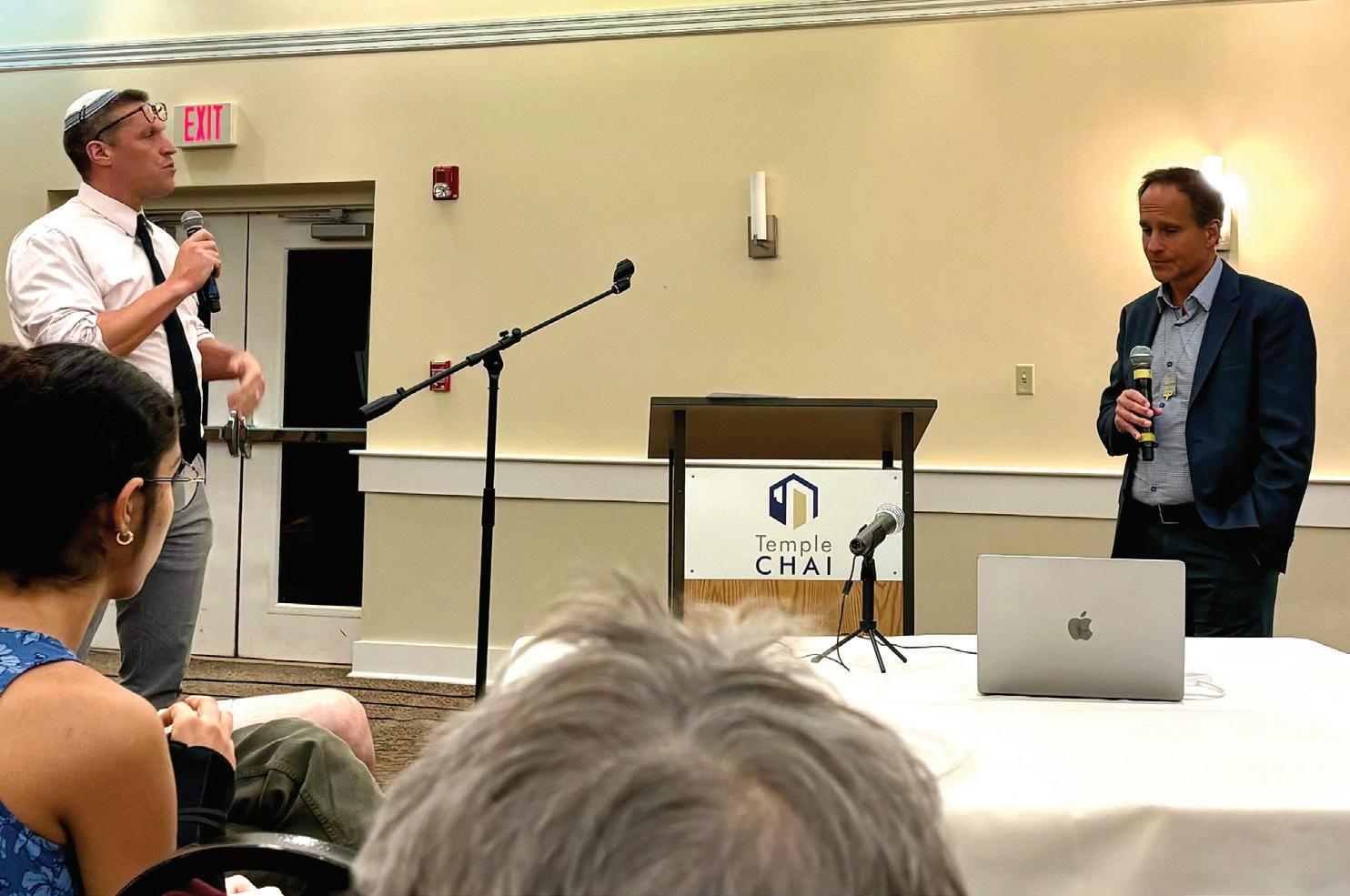


JONAH PESNER
CONTINUED FROM PAGE 14
Jewish engagement in American civil rights.
“Getting involved in this moment is a link in the chain of what it means to be an American Jew. Some days, it feels like everything will blow up. But there have been other moments like that in our history,” Yanklowitz told Jewish News.

your camera app to scan me:
redemption is possible when people of faith gather and organize. They believed in a higher power than Pharaoh, and that’s our collective origin story,” he said. Pesner’s talk was also a call to action in a time of rampant voter suppression efforts and election denialism, especially to the Jewish clergy in the room.

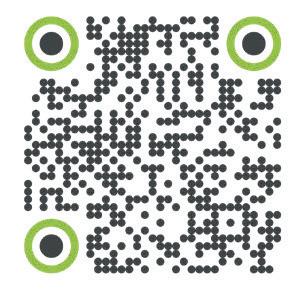

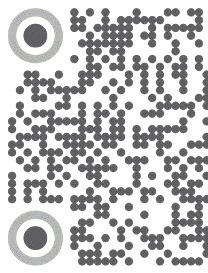
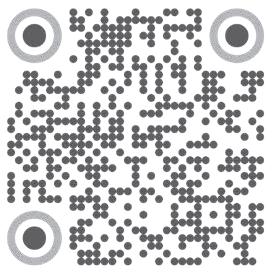
Temple Chai member Nona Siegel, who was honored that night for her volunteer work, found Pesner’s words inspiring.
“He was very passionate, humble, down to earth and presented voting as a right we should never take for granted,” she told Jewish News in a text.
Working in coalition with other marginalized groups also came to be seen as protective, something Pesner still sees as true despite recent rifts between some Jewish and other minority activists, which he acknowledged. Members of small groups have more success in withstanding oppression when they work together.
To illustrate his point, Pesner used the Exodus story of Shiphrah and Puah, the two midwives credited with preventing a genocide of Hebrew children by the Egyptians. Moses was saved by his mother, sister and even the daughter of Pharoah (the tyrannical leader).
“If Pharaoh’s own daughter could resist this thing with two of the lowest wage workers, along with two Hebrews, all of whom are women… We know
“I call on all my clergy colleagues to show up as a non-anxious presence at the polls. The data show that the folks who show up to disrupt and to intimidate voters, can be calmed and the situation de-escalated by clergy in their robes and vestments at the polls,” he said.
Yanklowitz has experience doing just that in previous elections and plans on being at a polling station once again on Tuesday, Nov. 5. In fact, his organization, Arizona Jews for Justice, is working with other local organizations to place volunteers at polling stations around the Valley to help lessen the chance of voter intimidation.
Pesner also brought along postcards for the audience to take home and write to voters with no voting history. The RAC’s data shows that if a low-propensity voter receives a handwritten note from a real person, they are more likely to vote. Many of these voters don’t even know if they’re allowed to vote or where to do it, but a nonpartisan postcard from another voter with a personal voting story often encourages them to find the answers.
“That’s the real work of democracy,” he said. JN
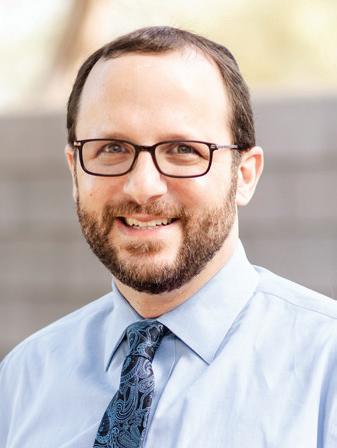
Every year, during the Yizkor service on Yom Kippur, I think of my mother. I miss her deeply. I miss going shopping with her. I miss hearing about how things are going for her at her job. I miss renting the classics from the 1950s and 1960s, climbing into bed with popcorn and watching the movie with her while she would recall the day she saw the movie in high school and who she was dating. I miss staying up late at night after I spent a day learning in rabbinical school because she wanted me to recite all my notes from my classes over the phone because her love for Jewish learning was so passionate it only rivaled mine. I do miss my mother deeply. And when I lost my mother to a heroic battle with leukemia in 2005, the absence and the silence that she left in my life has been deafening. Most of the time I’m just like you. I create my own noise, with the TV on, the AirPods stuck in my ear, music playing in the car, in the office and at home. As that famous author, Anonymous said, “… today’s world
… loves noise.” Why? Because it doesn’t want to stop and think. It doesn’t want to stop and meditate. It doesn’t want to stop and pray. It doesn’t want to stop and listen. What would it be like if some kind of solar ray suddenly caused all radios, DVRs, iPhones, and televisions to stop working?
Trembling hands would immediately begin to push buttons, adjust knobs and flip switches. Eyes would begin to dilate with fear of silence. Terrorized people would be running in the streets or fleeing in their cars. “Karl Marx was wrong,” someone has said, “religion is not the opiate of modern man, incessant sound is. People will listen to anything to avoid silence.”
But Judaism, like most other religions, values silence. Traditionally, the most important petitionary prayer of the service, so important that it is known simply as “The Prayer,” is said silently. An invitation to pray silently at any point in the service is an indication that this is a moment of great solemnity and importance. And of course, when we remember our loved ones who have died, we do so in silence. In the silence we can finally admit what we need to get from, and give to, the people we love. For example, in Ernest Hemingway’s short story, “The Capitol of the World,” a father comes to Madrid to find his son. His son, Paco, had left the
farm after a misunderstanding. If you have ever been to Spain, you would know Paco is a very popular name there. The father, to meet his son, put an ad in the newspaper which read, “Paco meet me at noon, Tuesday, at the newspaper office. All is forgiven. Signed your Father.” In the story, there were 500 young men named Paco who came the next day and stood silently in line, waiting to see if it was their father who had granted them forgiveness.
In the silence we can still be inspired by those who live on only through us. For example, a bus was bumping along a back road. In one seat, an old man sat holding a bunch of fresh flowers. Across the aisle was a young girl whose eyes came back again and again to the man’s flowers. The time came for the old man to get off the bus. Impulsively, he thrust the flowers into the girl’s lap. “I can see you love the flowers,” he explained, “And I think my wife would like for you to have them. I’ll tell her I gave them to you.” The girl accepted the flowers, then watched the old man get off the bus and walk through the gate of a small cemetery.
In silence we give, or get, forgiveness, approval, thankfulness and love, from those who are no longer physically present but who will always be alive in our memories. It is in the silence that we approach them so that these crucial, life-enhancing encoun-
CANDLE LIGHTING OCTOBER 11 - 5:40 P.M.
OCTOBER 18 - 5:31 P.M. SHABBAT ENDS
12 - 6:34 P.M.
ters can take place. It is in the silence that we finish those unfinished conversations we began so long ago. It is in the silence that we still receive the wisdom our loved ones gave so freely while they were yet alive. It is in the silence that we hold on to what we’ve had. It is in the silence that we let go, so that we can move on.
We are so accustomed to action, to responding immediately. We struggle with inaction. When we receive news of a medical diagnosis, within minutes we’re online, searching for every possible opinion — whether it’s from the leading experts or from charlatans offering false remedies. We don’t even allow ourselves the space to fully feel the deep grief that comes with losing a loved one, a grief essential for healing. Instead, we often feel the need to stand up, to say something, to do something about death — yet death is the one thing over which we have no control.
This year, during Yizkor, share the quiet that shouts silently within your soul. JN
Rabbi
I’m Haitian and Jewish. I refuse to have my identities be weaponized.
RACHEL LAFOREST | JTA
Over the past weeks, MAGA Republicans launched a brazenly racist campaign targeting Haitian immigrant communities in Springfield, Ohio. Their propaganda has lit a match under white supremacist forces in the small town and beyond, resulting in Proud Boys marching through its streets, children staying home after bomb threats targeted their school and local Haitian businesses shutting down due to threats.
I bring a unique perspective to this issue as the child of both Haitian and Jewish parents who worked tirelessly for community safety and democracy here in the United States. These horrific scenes recall some of the darkest chapters of my Jewish history. It’s no accident that some labeled what was happening in Springfield as a “pogrom,” the term originating from mob violence against Jews in the Russian Empire.
That’s why it was so disturbing to read
the words of Cary Kozberg, Springfield’s only rabbi, taking aim at Haitian residents as lacking “Western civilized values.” Not only do these words — which Kozberg recanted after a backlash — stand directly at odds with Jewish leaders in the Ohio who said they support the Haitian community — they also belie a fundamental misunderstanding of the Haïtian community in this country as well as the roots and machinery of antisemitism and racism.
I learned early on that racism and antisemitism are intimately linked, two sides of the same ugly coin used together to stoke fear and spread lies.
My parents worked tirelessly for community safety and democracy here in the United States. My father fled his cherished homeland, Haïti, in his early 20s, leaving behind beloved family and friends, organizations he’d helped build and strengthen, and a seemingly ceaseless battle with a vicious dictator. For more than a decade,
he’d worked across class, religious and cultural differences, banded together, in solidarity, with his siblings, friends and neighbors, to fight for communities and a country where families could be safe and thrive.
Because of the racism, greed and constant quest for power under the dictatorship, with his life being threatened, he was forced to leave for safety in the United States. Under related circumstances, 200,000 other Haitians call the United States home under the Temporary Protected Status, granted by the Department of Homeland Security, to those who cannot safely return home.
My parents successfully fought for labor unions and built one of the most powerful tenants’ associations in the nation. They knew they couldn’t do it alone. Their success is owed to the coalition they built with their Haitian, Jewish, Italian, Irish, Puerto Rican and Indian immigrant neighbors.
They knew that their unity wasn’t just for unity’s sake. It was strategy.
The extremist forces behind the Springfield attacks know that they can only succeed with division. They employ the machinery of antisemitism and racism to distract from the root causes of our collective struggles and turn us against each other.
I walk in the footsteps of my parents, having worked with unions like my dad, and grassroots efforts like my mom. And I’ve also set out my own way, co-leading the largest domestic policy group organizing Jews against these attempts to divide us from our communities. I know the machinery of racism and antisemitism can be slowed down at the ballot box, and that it can be broken with solidarity. JN
The views and opinions expressed in this article are those of the author and do not necessarily reflect the views of JTA or its parent company, 70 Faces Media.
MALA BLOMQUIST | MANAGING EDITOR
Growing up, Janet Horvath knew something horrible had happened to her parents. “We knew vaguely about the Holocaust, but as far as particular stories, we did not know those,” she said.
It wasn’t until 2009 — the last year of her father’s life — when she was in her 50s that she learned the whole story and went on to write the book, “The Cello Still Sings: A Generational Story of the Holocaust and the Transformational Power of Music,” which she will share as part of the Red Rocks Music Festival on Oct. 24 at the Arizona Jewish Historical Society and on Oct. 26 at the Mary D. Fisher Theatre in Sedona.
On a winter day in Toronto, her father’s past started to come to light while she was driving him to a doctor’s appointment. Being a difficult man to make small talk with, Horvath decided to “talk shop” with him. She was the Minnesota Orchestra’s associate principal cello from 1980 to 2012, a passion she inherited from her father. Before the war, her father
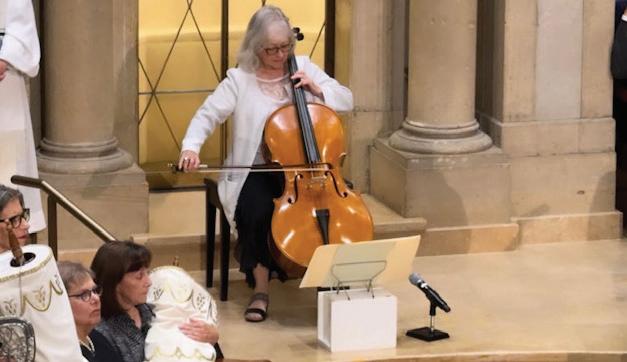
had played with all the most famous maestros in Europe, but she had never asked him about her own personal idol.
“Dad, did you ever play with Leonard Bernstein?” she asked.
“He suddenly looked like he had
passed out, but when he came to, his eyes were blazing and he was animated and said, ‘Yes, it was a very hot day. I was in the DP (displaced persons) camps in Germany, and was just a kid and we played ‘Rhapsody in Blue’ and it was just fantastic. I told him I wanted to come to America, and he said, “No, you’re a great Jewish musician. You should go to Palestine,”’ and he remembered other works on the program and then the memory seemed to be gone,” she said.
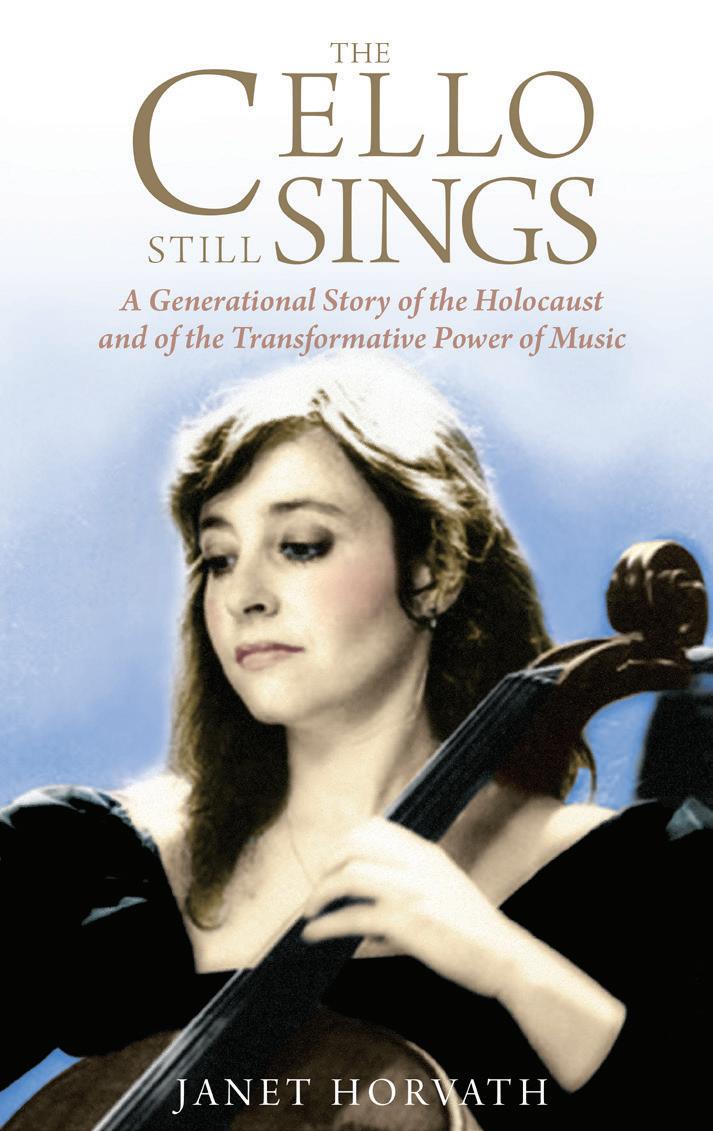
Bernstein’s concerts in the archives at the Museum of Jewish Heritage in New York. When the Minnesota Orchestra played at Carnegie Hall, she carved out some time to meet with the archivist and view the program.

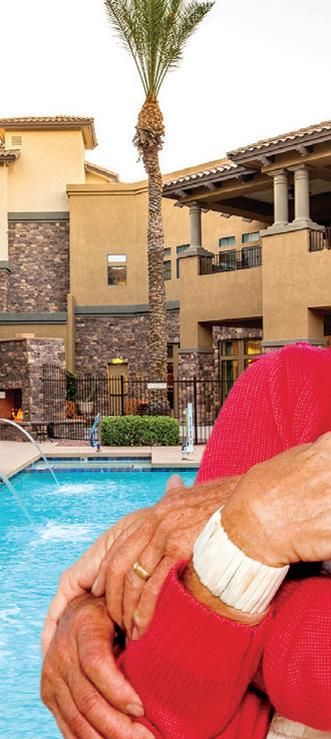



Feeling strong and energetic is easier to achieve in a stimulating & supportive setting. That’s where La Siena shines—where premium amenities, gourmet dining, and innovative programs create an environment for abundant & immersive experiences. Book a tour and take it all in.



He huddled to the side of the car and shook his head as if he didn’t remember any more or didn’t want to say anything further.
Horvath said her mind was swirling with questions: What were you doing in Germany? Was my mother there? Where did you get the strength to play? Where did you get an instrument?
Her questions led her on a quest for answers that started with a Google search. She found a signed program from one of


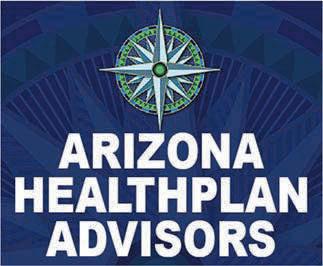
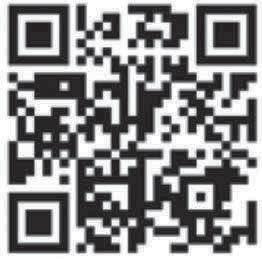
“I raced down to Battery Park to go to the museum, and the archivist met me at the door and donned elbow-length white gloves to reach into these little archival boxes,” said Horvath. “She pulled out four tiny black and white photographs and I said, ‘There’s my dad,’ standing next to Bernstein. She then put me in a little cubicle where I could watch the video, and I was transported to another world.”
She had imagined her father playing in an orchestra of 100 people, like she did. But it turned out to have been just 17 musicians, with her father being one of two cellists. She also found out he played two concerts with Bernstein but 200 concerts overall from 1946 to 1948, being bused twice a week to 100 different DP camps all over Bavaria, sponsored by the American Jewish Joint Distribution Committee (JCD) and the United Nations relief organizations that believed these programs would boost morale for those still languishing in camps.
Horvath also connected with other children whose parents were part of this orchestra. Her father noticed how much energy she was putting into tracking down this information. It was then that his caregiver told Horvath that her father had been writing late into the night and suggested she ask him what he was working on.
JON ARIES | SPECIAL TO THE JEWISH NEW
I
f you have original Medicare, this year it is important to review the changes to your plan, and if you do not like the changes, you have time to consider some other options. By now, you should have received a letter from your insurance company referred to as the Annual Notice of Change (ANOC). You have from October 15 to December 7 to decide whether to keep your current plan or make a change.
Regardless of the type of Medicare plan you have, Medicare Advantage (Part C) or Medicare Supplement (Medigap), each will have a companion Prescription Drug Plan (Part D) and starting Jan. 1, 2025, there are new rules for all Prescription Drug Plans.
Changes in 2025
Medicare plans will be driven by higher costs to insurance carriers, due, in part, to increased post-pandemic utilization and Medicare payment adjustments not keeping pace with inflation.
To look at each area we can start with those that will have the biggest impact.
Prescription Drug Plans
Whether as part of your Medicare Advantage plan, or if you have a Medigap plan as a separate annual contract, these changes will affect your drug coverage. (Drugs that are administered at a medical facility such as chemotherapy are covered by Medigap plans, or as specified in Medicare Advantage plans where there may be cost sharing. These drugs are not part of a Prescription Drug (Part D) plan.)
Significant change in drug plans:
• Elimination of the coverage gap.
• A $2,000 limit on out-of-pocket Part D costs.
• An opt-in payment plan to spread costs throughout a calendar year.
Impact:
• The potential savings to someone needing an expensive drug is significant.
• For someone who will reach the limit in a very short timeframe, the opt-in program (which is revenue-neutral) is a dramatic help.
In 2024, a typical medication plan would have no deductible, so the 2025 calculation is also based on no deductible. The chart illustration is using the example of a single medication that costs $12,000 a year or $1,000 per month. The columns to the right show the same drug with a $300 deductible and $40/month premium.
Starting in August, the insured person has no medication costs beyond $329, other than a monthly premium.
If the 2025 plan has a $300 deductible, it is added to the first payment and the annual cost is $629, still much less than the $2,000 cap because of the way the cap is now calculated.
By adding in a $40/month premium brings the total cost for the Prescription Drug Plan to $1,109, less than the cost in 2024 of $1,985.
The chart also shows that the insurance company’s cost will increase from $5,115 in 2024 to $9,030 in 2025. Insurance companies have all the data to shape plans that in their judgement will address anticipated losses and still attract clients.
Some of the changes to plans in 2025 may include:
• Insurance companies are terminating a number of their 2024 plans; both Medicare Advantage plans and stand-alone Prescription Drug plans.
• There are some new plans being offered and existing plans are being modified, adding a monthly premium or an increase in an existing premium.
• A deductible for Part D medications. Some plans will apply this to all medications while other plans will start this at tier 3 drugs and maintain no deductible for the less expensive drugs.
• A shift from fixed copays to a percentage of cost (coinsurance).
• Medications may be moved from an existing tier or removed from a plan’s list of covered drugs. There are federal rules on some specific drugs and tier and generally regarding each category of medication; however, it is worthwhile to check your medications.
To address a potential spike due to a very expensive drug during the first months prior to reaching the $2,000 limit, there is a new cost-neutral benefit called the Prescription Payment Plan. The insurance company will spread out the costs over the remainder of a calendar year. The insured person has to complete a form, and the insurance company will bill its member.
To see and compare how different policies impact cost based on your current medications, the best approach is to visit medicare.gov, consult an insurance broker or visit each insurance company’s website.
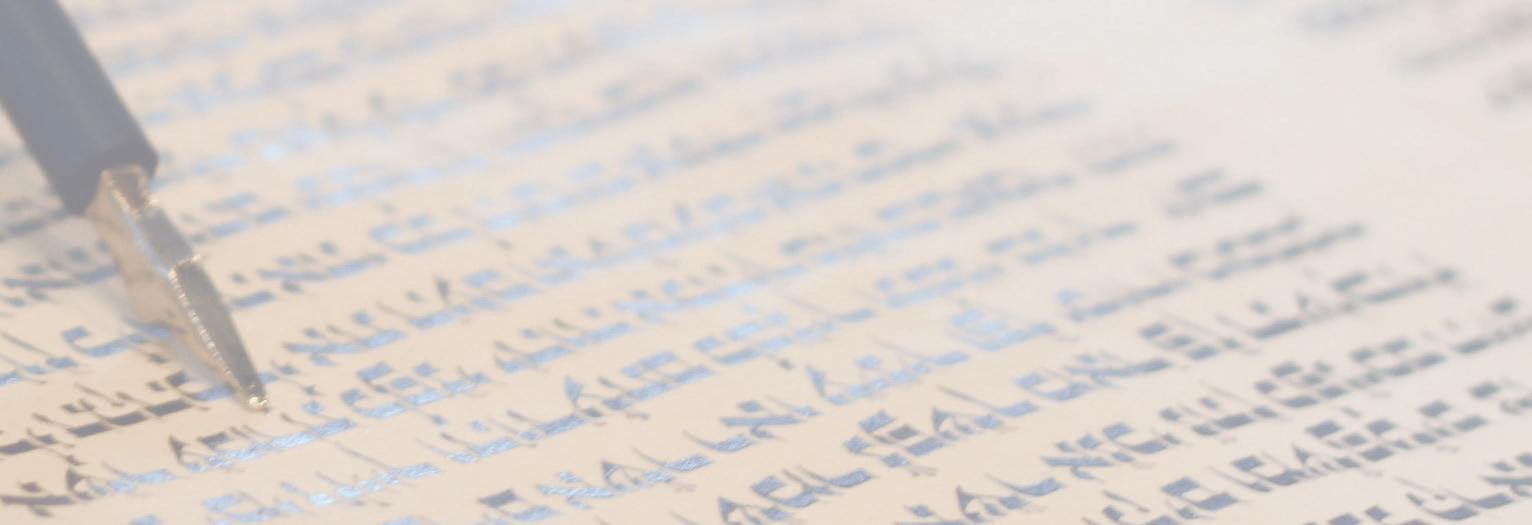
9 a.m. Wednesdays at the EVJCC: Parsha discussion: Through Dec. 18 10 a.m. Thursdays (online): Jewish Ethics and Morals 11 a.m. Thursdays (online): What are the 613 Commandments? Oct. 31-Dec. 19
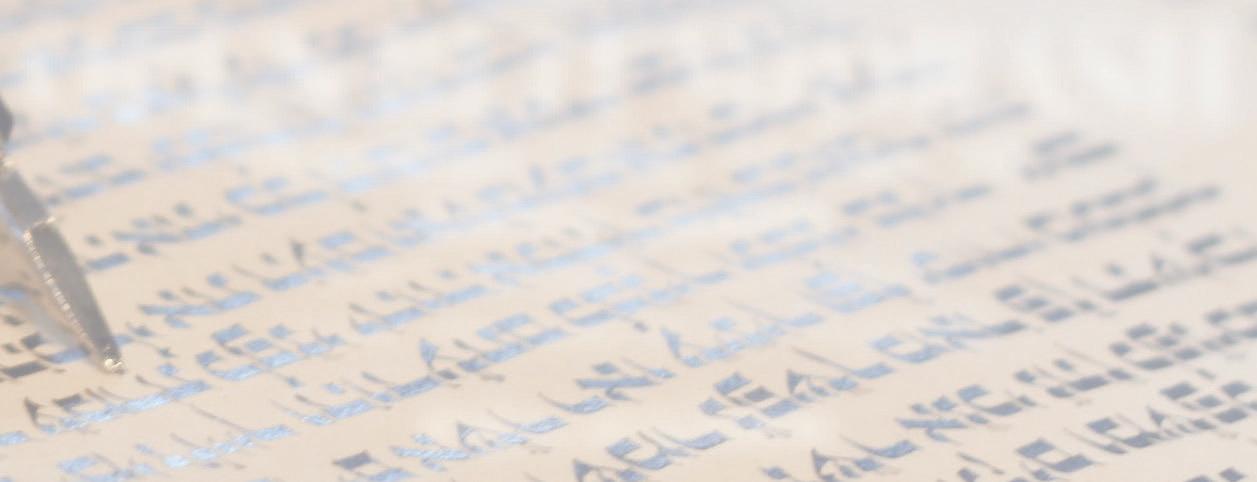
TUESDAYS AT THE J
Tuesdays | 10-11:30 a.m.
Oct. 15: Alan Handelsman
Oct. 22: Sandor Lubisch
Oct. 29: Dan Fellner
Nov. 12: Phoenix Art Museum
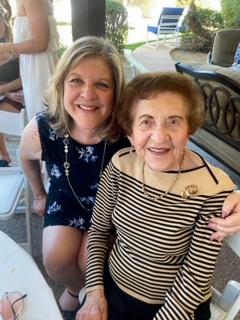
evjcc.org/tuesdays
Nov. 19: Leisah Woldoff 480-897-0588 | evjcc.org Wednesday, Oct. 16 10-11:30 a.m. ‘We Must Never Forget: My Parents’ Story of Survival’ with Renee Karson evjcc.org/generations-after evjcc.org/obm



Specific to Medicare Advantage Plans
If you have a Medicare Advantage plan the insurance company has a new requirement that affects plans in 2025. Each member must be informed of unspent benefits mid-year, so more clients will actually use the benefits as proposed. While this may not be a major influence, overall Medicare Advantage Plans are expected to return to the core mission of providing direct medical care with fewer peripheral benefits. Depending on the insurance company you are covered by this may include:
• Lowering comprehensive dental allowances or only offering preventative services for no cost.
• Reducing vision and hearing allowances or limiting benefits to every other year.
• Trimming benefits that are believed to be inefficient, or not as attractive in the marketplace.
• The good news is that the benefits you may consider to be most useful may not be impacted or available at a lower level.
Specific to Medigap Plans
• One feature of Medigap policies is that they are standardized. With
CONTINUED FROM PAGE 18
The next time she visited her father, he sat formally at the dining room table, holding paper with his scrawled handwriting. She thought his urgency to share the documents was because they were tax records, but he started reading in Hungarian and told her, “I’m going to read you my testimony as to what happened to me in the Holocaust.”
She grabbed her computer and began to type while he spoke, interrupting him to ask how to spell some Hungarian words. Before long, she just sounded the words out and looked them up later. “I got his entire testimony of what he went through, and my father passed away six weeks later,” she said.
small exceptions every insurance company offers the same benefits and if it is an expense approved by Medicare, it is covered per the various Medigap plans (N, F, G etc.).
• One change made by Medicare for 2025 is that telehealth from home is no longer covered (with limited exceptions including mental health and end stage renal disease; consult page 51 of Medicare & You 2025, available at medicare.gov, for more information).
• If you have a Medigap policy you typically have two increases each year:
• On the anniversary you joined, there is an adjustment for being a year older (up to an age limit which varies by company).
• The more significant increase is the anniversary of the plan itself. Each year the carrier files revenue and expenses with Medicare, and the resulting loss ratio determines rates going forward.




• Before changing to a different insurance company, or a different plan offered by the same carrier, check to see if your plan has overlooked discounts available for multi-insured households or, for some carriers, if there is another person living in the home over 18. Changing in most cases will involve underwriting, which is not an option for many. During the October 15 to December 7 period, you can also leave a Medigap plan for a 2025 Medicare Advantage plan. Don’t delay, review your plan today. JN
Horvath’s mother had passed away before her father, and she regretted never asking her to share her story. But it was during her mom’s shiva in 2008, that her cousin gave Horvath a tape he had made at an uncle’s shiva years earlier. Her cousin had asked Horvath’s mother about life with her brother and growing up in Hungary and taped the stories she told him that day.
“So, I have my mother telling her story on this tape and it was mind boggling,” she said. “I was able to transcribe it, and that’s in the book, and I bring the two stories together.”
During her research, Horvath traveled to Europe, even hiring a Hungarian archivist

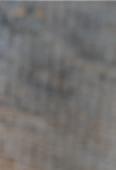


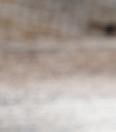





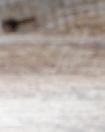




Jon Aries is principal of Arizona Healthplan Advisors LLC, contact him at jon@ azhealthplanadvisors.com or 602-400-2632. Arizona Healthplan Advisors is focused on Medicare options as an independent licensed agent representing eight insurance companies with 156 different policies for Arizonans in 2025.
For more information, contact 1-800-MEDICARE, visit medicare.gov, or the local State Health Insurance Program (SHIP) at des.az.gov/ medicare-assistance.
to trace her father’s footsteps through some of the DP camps and places he played. In 2018, she was invited to play in a concert commemorating the 70th anniversary of the concert with Leonard Bernstein in Landsberg, Germany, known as the site of one of the largest DP camps after WWII. She was asked to perform “Kol Nidre” with the Landsberg School Orchestra.
“I played 70 years to the day that my father played in that very spot in Landsberg displaced persons camp, which is about an hour from Munich and an hour from Dachau,” she said. “I was able to take the time to explain to the audience what the piece means to us and to our family. Forty people whose parents were in the displaced person’s camp came from all over the world. It was an out-of-body experience.”
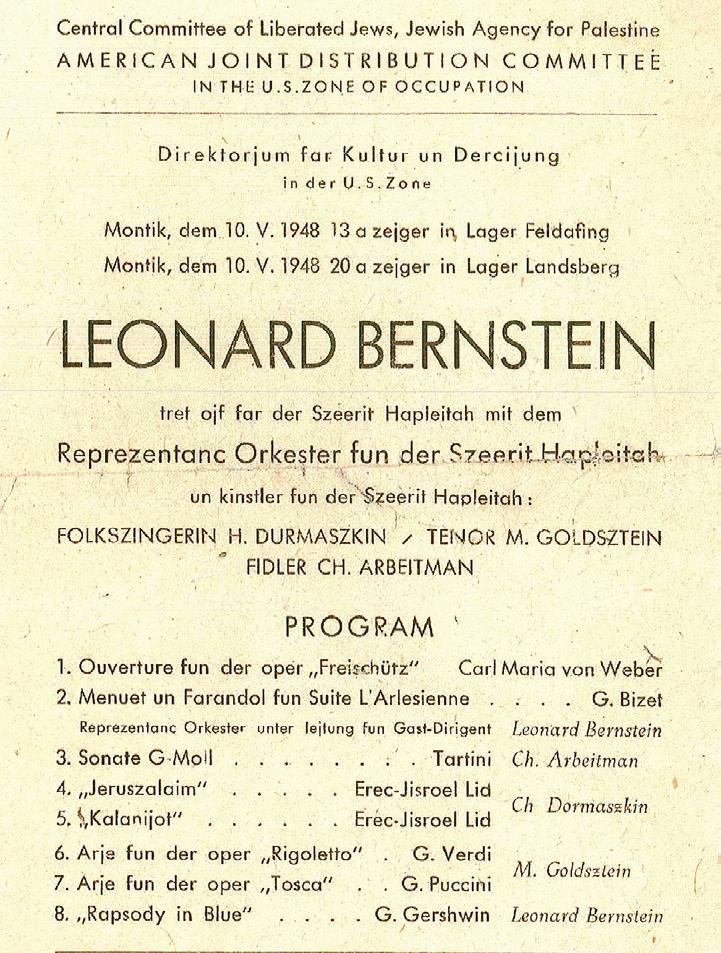
Since the book’s publication in 2023, Horvath has given more than 60 presentations all over the country, to mostly non-Jewish audiences.










“I’m stunned by the conversations afterward, which is the most important part for me,” she said. “A lot of these people don’t necessarily know this history and would not even consider picking up a so-called Holocaust book. But because of the cello, because of music, because of Leonard Bernstein, people are reading my book, and the questions have led to wonderful conversations. It’s been quite amazing.”
She said writing the book has been
cathartic and has helped her not to hide her Judaism, as she was told to do as a child. “I feel strongly that I not only can’t hide, but I mustn’t because of what my parents went through,” she said. “It enabled me to kind of come out of the closet and feel that if I can do anything to make a difference today and send some positive vibrations to the world, this is it.” JN
For more information on Janet Horvath’s performances, visit redrocksmusicfestival.com.

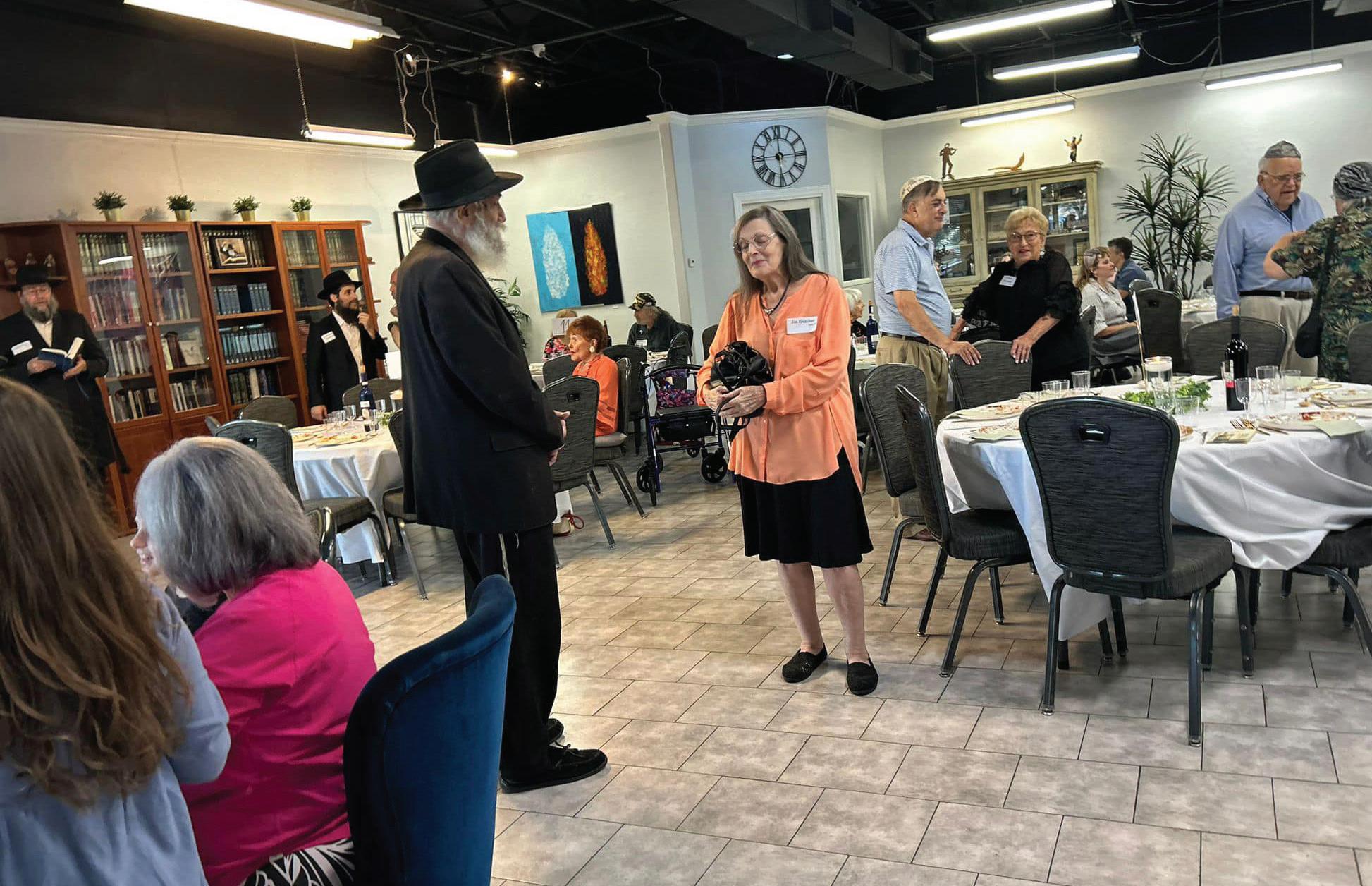
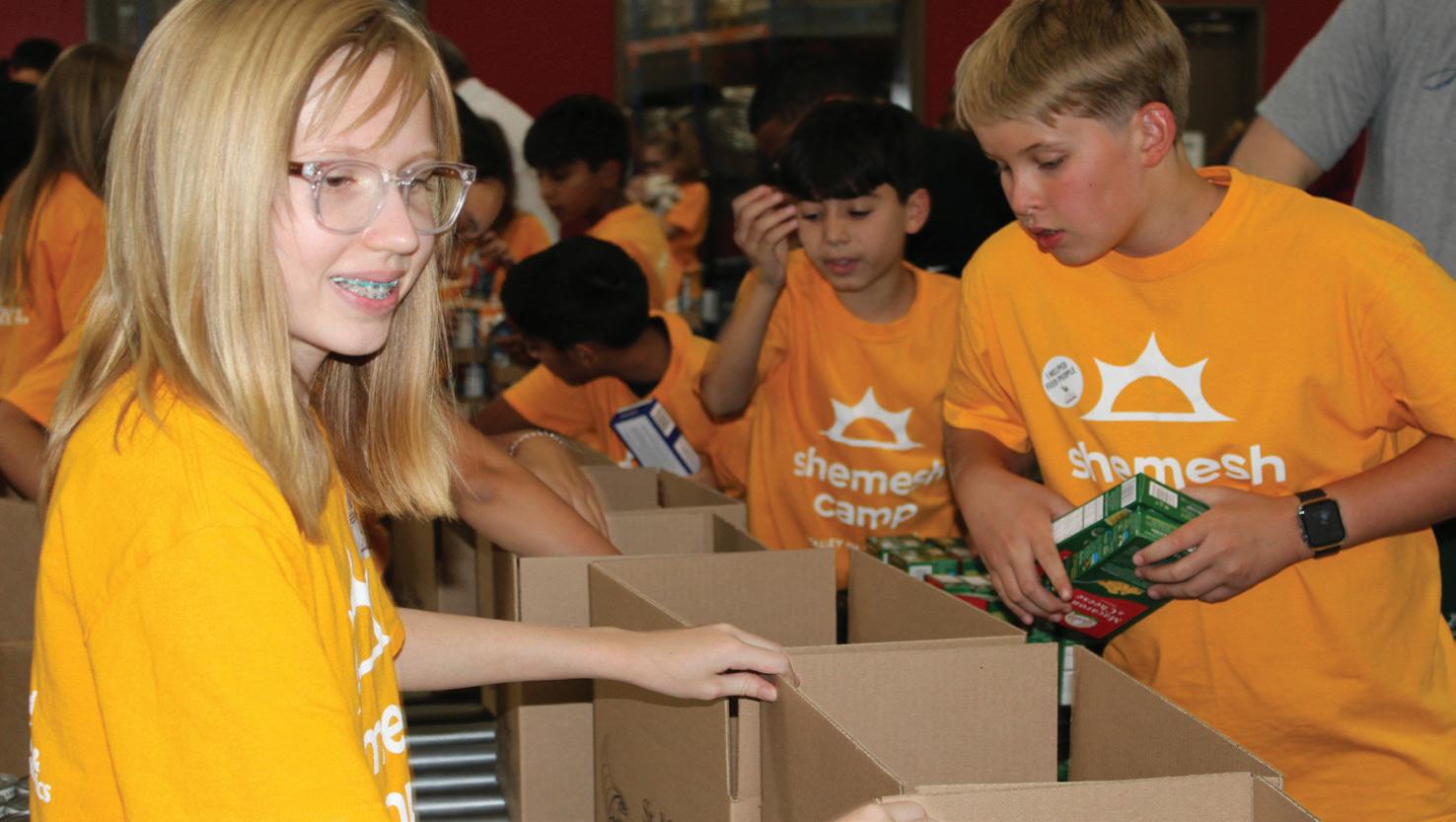
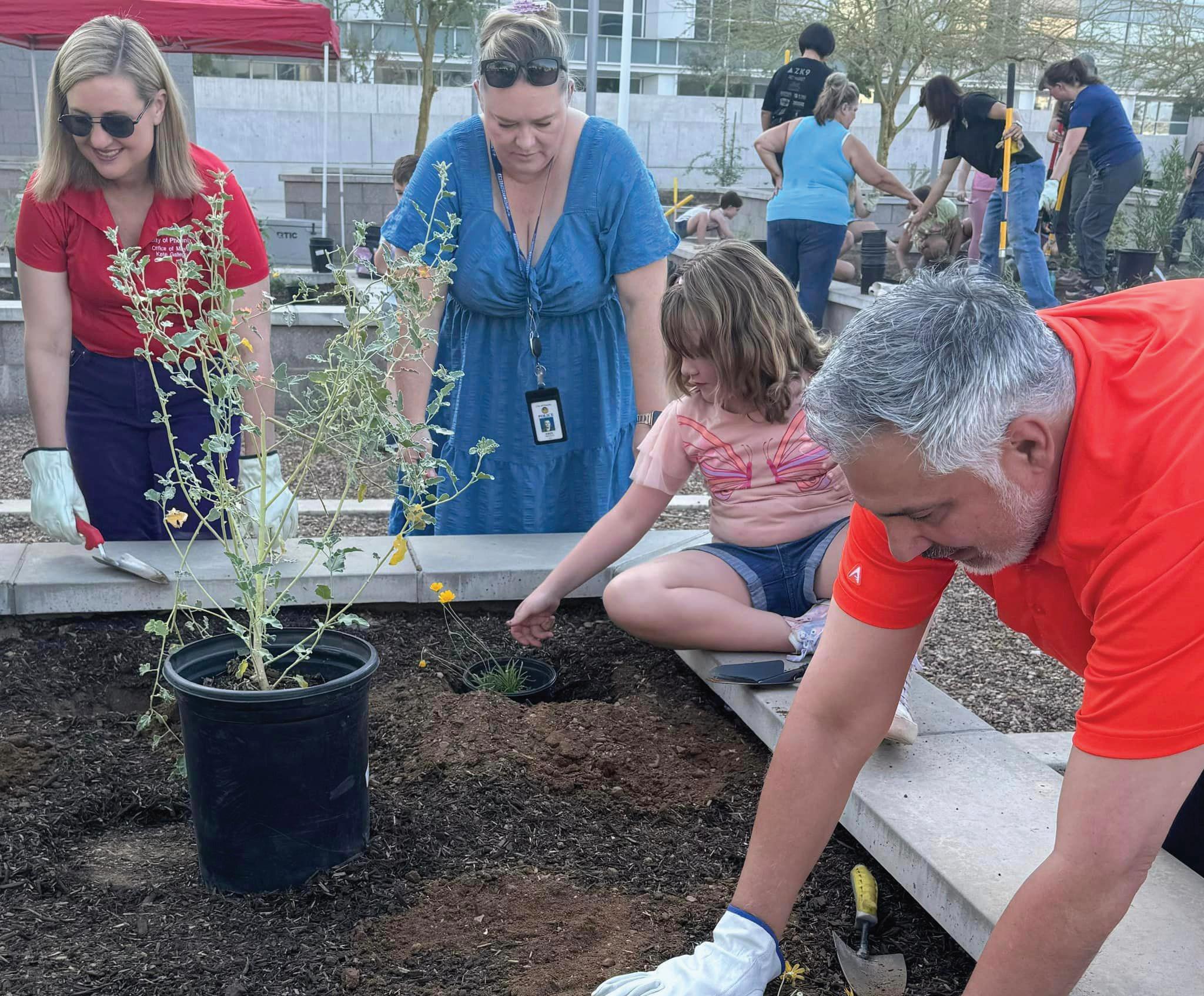
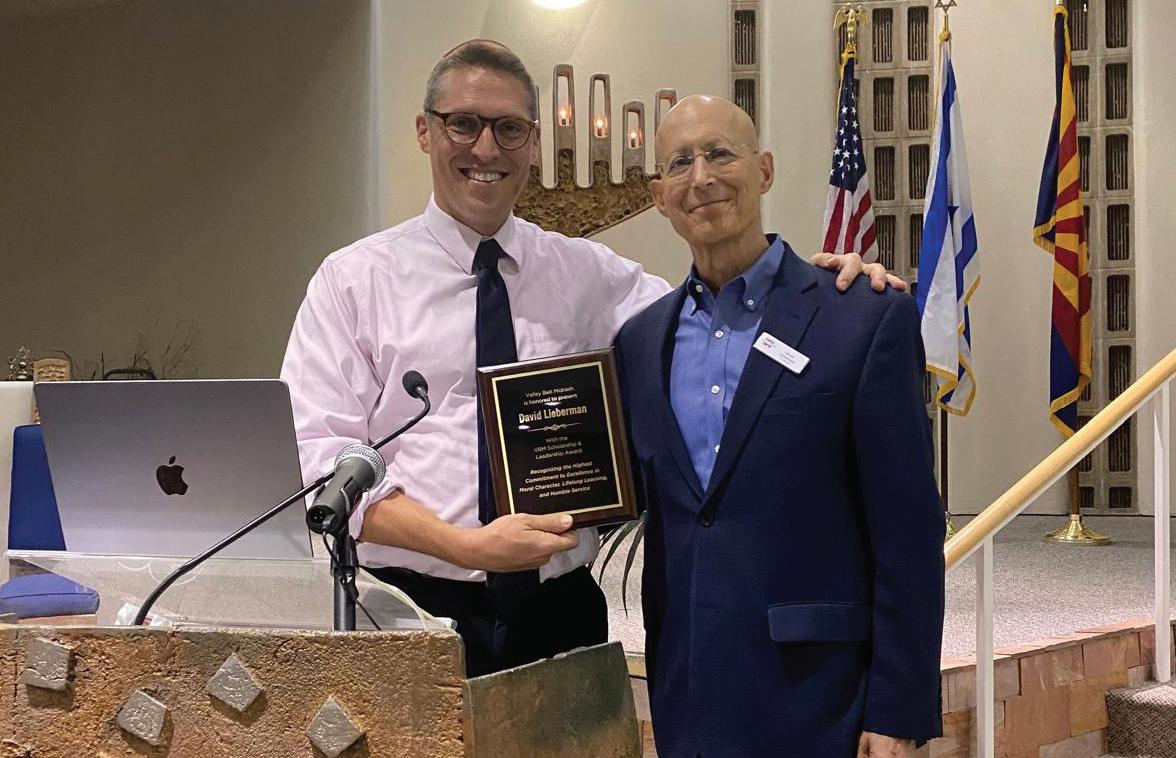
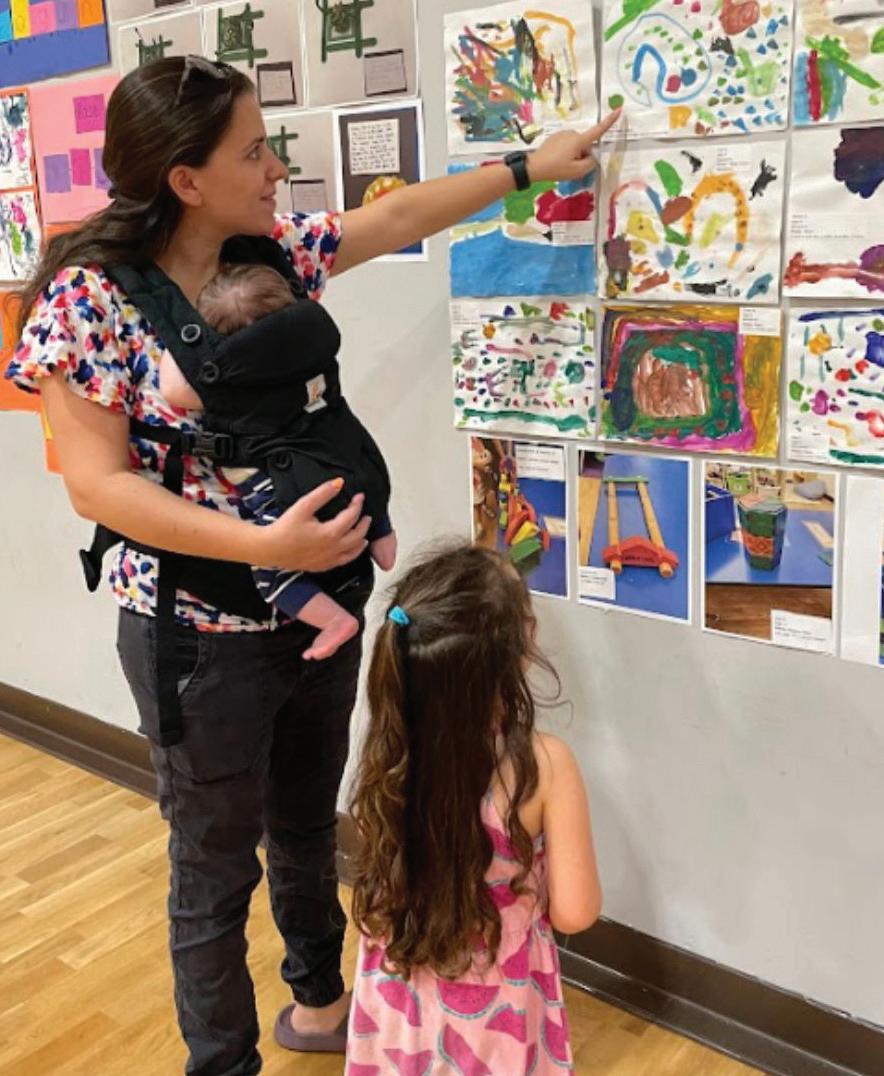
Tashlich at the Park:
4-5 p.m. Chaparral Park, 5401 N. Hayden Road, Scottsdale. Join Valley Beit Midrash, Arizona Jews for Justice and the Center for Jewish Philanthropy of Greater Phoenix for a community-wide tashlich event. Dinner and refreshments will be served. Cost: $18 adults, $10 children. For more information, visit valleybeitmidrash.org/event/tashlich-2.
SUNDAY, OCT. 13
Israeli Film Series: “Telling Nonie:” Available online all day. Join the East Valley Jewish Community Center for a virtual movie about an elderly Israel Shin Bet agent who re-examines his role in a 1950s targeted assassination in Gaza as he reaches out to the daughter of the target, Nonie Darwish, who is now a prominent voice against radical Islam. Cost: Free. For more information, visit evjcc.org/film.
THURSDAY, OCT. 17
Pride in the Sukkah: 6:30-8:30 p.m. Valley of the Sun Jewish Community Center, 12701 N. Scottsdale Road, Scottsdale. Join The J in partnership with AZ Jews for Pride for a gathering in the sukkah for LGBTQ+ and allies to enjoy refreshments and shake the lulav and etrog. All are welcome. Cost: $18. For more information, visit valleyofthesunj.org.
SATURDAY, OCT. 19
Circle of Sharing Event: In a Sukkah Under the Stars!: 7-9 p.m. Private location in Phoenix, address provided upon registration. Join 3GAZ and the Phoenix Holocaust Association for a gathering for grandchildren of Holocaust survivors to share stories and create community. Cost: Free. For more information, contact 3gaz@phxha.com.
SUNDAY, OCT. 20
Join the Jewish Community in the Phoenix Pride Parade: 9 a.m. meetup (Central Phoenix, cross streets TBA); 10 a.m. start of parade. Join AZ Jews for Pride, Valley community organizations, LGBTQ+ Jews and Jewish allies of the LGBTQ+ community to march in the Phoenix Pride Parade. Cost: Free. For more information, contact AZ JewsForPride@gmail.com.
JWV Post 619 Speaker Event: 9:30 a.m. Oakwood Country Club, Bradford Room, 24218 S. Oakwood Blvd., Sun Lakes. Join Jewish War Veterans Post 619 for a presentation by Marcus Lamar Brown, founder and president of Veterans 5-9, which helps veterans after hours. Cost: Free. For more information, contact Arthur Uram at 702-884-4175 or uramarthur@gmail.com.
Sukkot Tot Program: 9:30-11:30 a.m. Temple Emanuel of Tempe, 5801 S. Rural Road, Tempe. Join TEOT for Jewish learning and play for families with 2- and 3-year-old children. Cost: $10; free for TEOT members. For more information, contact Heidi Goldsoble at rs@emanueloftempe.org.
Story Telling, Crafts & Book Signing: 10:30 a.m. Beth Emeth Congregation of the West Valley, 13702 W. Meeker Blvd., Sun City West. Join Beth Emeth for a Sisterhood special event featuring the book “The Onion Bird.” Light lunch in the sukkah provided. Cost: Free; RSVP required. For more information, contact 623-584-7210 or bethemethaz@gmail.com.
Western BBQ and Hoedown: 3-5:30 p.m. Temple Beth Shalom of the West Valley, 12202
N. 101st Ave., Sun City. Join TBSWV for a barbecue, catered by Rudy’s, and activities including a cake walk, face painting, corn hole throw and a piñata filled with lots of goodies! Cost: $20 per adult, $10 for kids under 13 and free for kids under 5. Call the temple office at 623-977-3240 for reservations by 3 p.m. Wednesday, Oct. 17.
Sukkot Events: 6-8 p.m. barbecue dinner; 8-10 p.m. shots and shmoozing. Temple Beth Sholom of the East Valley, 3400 N. Dobson Road, Chandler. Join Temple Beth Sholom for events in the sukkah. Join the Men’s Club for games, socializing, shots and schmoozing after a barbecue dinner. For more information, visit tbsev.org.
MONDAY, OCT. 21
Will My Vote Count?: 10 a.m.-12 p.m. Location provided upon registration. Join the Jewish Women’s Conservative Forum for a presentation by Scot Mussi, president of Arizona Free Enterprise Club, who will speak about your vote and election integrity. Cost: $34.95; includes brunch buffet. For more information and to register, contact lks19@cox.net.
WEDNESDAY, OCT. 23
Gene Wilder, Jewishness and Me: My First Movie Star: 12-3 p.m. Ross-Blakley Hall, ASU, 1102 S. McAllister Ave., Tempe. Join Arizona State University Jewish Studies for a presentation about actor Gene Wilder by Professor Kevin Sandler. Lunch will be served. Cost: Free. For more information, visit jewishstudies.asu.edu/JSWilder.
SUNDAY, OCT. 27
Arizona Monument and Memorial Tour: 8 a.m. Meet in the parking lot at Beth Emeth Congregation of the West Valley, 13702 W. Meeker Blvd., Sun City West. Join Beth Emeth for a tour presented by Launa Winegrad of 33 points of interest along a walking tour around the State House. Cost: Free; RSVP required. For more information, contact 623-584-7210 or bethemethaz@gmail.com.
Peace, Politics and Propaganda: An Insider’s Look at the Fight for Israel on the Military and Media Battlefields: 2 p.m. Locations provided upon registration. Join Sun Lakes Jewish Congregation Friends of Israel and the SLJC Adult Education Committee in partnership with the East Valley Jewish Community Center for a presentation by Gil Hoffman, executive director of Honest Reporting in Israel and former chief political correspondent and analyst for The Jerusalem Post. Cost: Free. For more information, visit evjcc.org.
SUNDAYS
B.A.G.E.L.S: 9-11 a.m.; last Sunday of the month. Valley of the Sun Jewish Community Center, 12701 N. Scottsdale Road, Scottsdale. Grab a bagel and a cup of coffee at Bagels And Gabbing Every Last Sunday and enjoy some time with your friends and make new ones. You must register to attend. Bagels and coffee will be provided. Cost: Free for members, $5 for guests. For more information and to register, visit vosjcc.org.
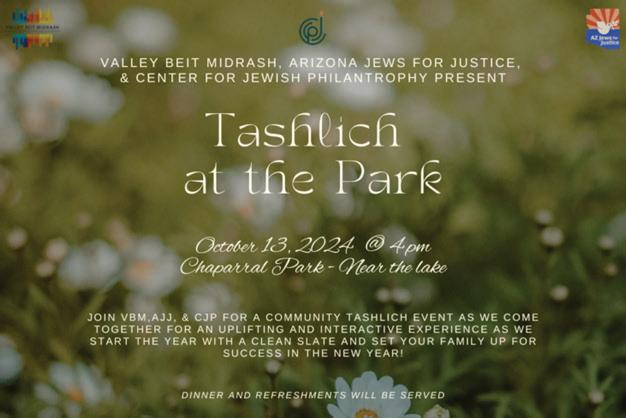
THURSDAYS
Storytime at Modern Milk: 9:30 a.m. Modern Milk, 13802 N. Scottsdale Road, #163, Scottsdale. Storytime for babies, toddlers and preschoolers. Integrates children’s books and songs while giving parents new ideas for play. Cost: $5. For more information and to register, visit modernmilk.com/after-baby.
SUNDAYS
Chassidus Class: 9 a.m. Online. Learn about the Chasidic movement with Rabbi Yossi Friedman. Use this link: ChabadAZ.com/LiveClass. Cost: Free. For more information, visit chabadaz.com.
Jewish War Veterans Post 210: 10 a.m. Online. Any active duty service member or veteran is welcome to join monthly meetings, every third Sunday. Cost: Free. For more information, email Michael Chambers at c365michael@yahoo.com.
Sundays are for the Family Weekly Feed: 3-5 p.m. Tempe Beach Park, 80 W. Rio Salado Pkwy., Tempe. Join Arizona Jews for Justice and AZ HUGS for the Houseless every Sunday to serve food to those in need. For more information and to RSVP, email Arizonajews4justice@gmail.com.
MONDAYS
Middle East Update: What is Happening Now and Why in Israel: 10-11 a.m. Oct. 7, 14, 21 & 28. Temple Beth Shalom of the West Valley, 12202 N. 101st Ave., Sun City. The existential conflict in Iran and its proxies against Israel is the focus of a four-part interfaith adult education course led by Rabbi Dana Evan Kaplan. For more information, visit tbsaz.org.
Pomegranate Guild of Judaic Needlework, Desert Cactus Chapter: 10 a.m. The Oasis at Sagewood, 4555 E. Mayo Blvd., Phoenix. The guild meets the third Monday of the month, adjusted when necessary to accommodate Jewish holidays. For more information, visit pomegranateguild.org.
Mahjong: 1:30-3:30 p.m. East Valley Jewish Community Center, 908 N. Alma School Road, Chandler. Come play mahjong each week. For all levels. Cost: Free; registration required at evjcc.org/mahjong.
Ethics of Our Fathers: 7 p.m. Online. Learn with Rabbi Zalman Levertov. Use this link: bit. ly/2Y0wdgv. Cost: Free. For more information, visit chabadaz.com.
Learning to Trust in God: 7:30 p.m. Online. Learn with Rabbi Yossi Friedman. Use this link: ChabadAZ.com/LiveClass. Cost: Free. For more information, visit chabadaz.com.
Single Parent Zoom: 8 p.m. First and third Monday of every month. Join The Bureau of Jewish Education’s Family University single parents’ group for those looking to form friendships and build their support system with like-minded
people. For more information or to register, visit bjephoenix.org/family-university.
TUESDAYS
Let’s Knit: 1:30 p.m. Ina Levine Jewish Community Campus, 12701 N. Scottsdale Road, Scottsdale. Share the pleasure of knitting, crocheting, etc. outside the social hall in the campus. Can’t knit? They will teach you! Every level welcome. Cost: Free. For more information, visit vosjcc.org.
Maintaining an Upbeat Attitude: 7 p.m. Online. A class exclusively for people in their 20s and 30s, learn how Jewish Mysticism can help with your attitude with Rabbi Shlomy Levertov. Use this link: JewishParadiseValley.com/YJPclass. Cost: Free. For more information, visit chabadaz.com.
Torah Studies: 7:30 p.m. Online. Learn with Rabbi Mendy Levertov. Use this link: ourjewishcenter.com/virtual. Cost: Free. For more information, visit chabadaz.com.
WEDNESDAYS
Torah Study with Temple Beth Shalom of the West Valley: 11 a.m.-12:30 p.m. Online. Weekly study group explores that week’s portion and studies different perspectives and debates the merits of various arguments. Intended for adults, Torah study is open to students of all levels. For more information, contact the TBS office at 623-977-3240.
Happiness Hour: 11:30 a.m. Online. Class taught by Rabbi Pinchas Allouche that delves into texts and references culled from our traditions to address a relevant topic. For more information or to join, visit cbtvirtualworld.com.
Lunch & Learn: 12 p.m. Online. Grab some food and learn with Rabbi Yehuda Ceitlin. Use this link: Facebook.com/ChabadTucson. Cost: Free. For more information, visit chabadtucson.com.
Torah Study with Chabad: 12 p.m. Online. Take a weekly journey of Torah with Rabbi Yossi Levertov. Cost: Free. For more information, visit chabadaz.com.
Grief Support Group: 5-6 p.m. Online via Zoom. Therapist Susan Charney MCW, LCSW, leads a grief support group every first and third Wednesday of the month virtually for individuals experiencing the loss of an adult child or sibling. In lieu of any fees for these sessions, donations to Temple Solel are appreciated. For more information, contact susancharneycounseling@ gmail.com.
JACS: 7:30-8:30 p.m. Online. Zoom support group for Jewish alcoholics, addicts and their friends and family on the first and third Wednesdays of the month. Cost: Free. For more information, email jacsarizona@gmail.com or call 602-692-1004.
THURSDAYS
Ladies Torah & Tea: 10:30 a.m. Online. Learn about the women of the Torah with Mrs. Leah Levertov.
Use this link: ourjewishcenter.com/virtual. Cost: Free. For more information, visit chabadaz.com.
Weekly Mahjong: 1-3 p.m. Temple Solel, 6805 E. McDonald Drive, Paradise Valley. Join Temple Solel each Thursday afternoon for mahjong. Lessons available for beginners. Cost: Free. RSVP via email to dottiebefore@gmail.com so they know how many tables to set up.
MILESTONES
OBITUARY
JUDITH LOVINS
SATURDAYS
Saturday Mindfulness Gatherings: 9:30 a.m. Online. Hosted by Hospice of the Valley. To join by phone, dial 1-253-215-8782, meeting ID 486 920 2119#. To get the Zoom link or for more information, contact Gill Hamilton at ghamilton@hov.org or 602-748-3692. JN
Judith Lovins of Phoenix, died on Oct. 1, 2024. She was 92. She was born in Hartford, Connecticut and affiliated with KAET Channel 8 in the Valley.
Judith was preceded in death by her husband, Richard, and her sister, Roan Wetstone; she is survived by her daughter, Susan Eick; son Michael Lovins; and four grandchildren.
Services were held on Oct. 7, 2024, at Green Acres Mortuary and officiated by Rabbi Alan Lovins.
Donations in her name can be made to KAET Channel 8. JN
CARL HARRIS ZIMMERMAN
Carl Harris Zimmerman of Phoenix, died on Sept. 30, 2024. He was 85. Carl was born in Philadelphia, Pennsylvania and served in the Army.
Carl was preceded in death by his wife, Sandee Zimmerman; he is survived by his daughters Ronna Susan Silberman and Fara Hope Zimmerman; son, Stephen Eric Zimmerman; and grandchildren Michael Ethan Silberman, Jarod Austin Zimmerman and Kyle Lennon Truett.
Services were held on Oct. 6, 2024, at Green Acres Mortuary and officiated by Cantor Sharon Friendly.
Donations in his name can be made to the Diabetes Foundation or the American Cancer Society. JN
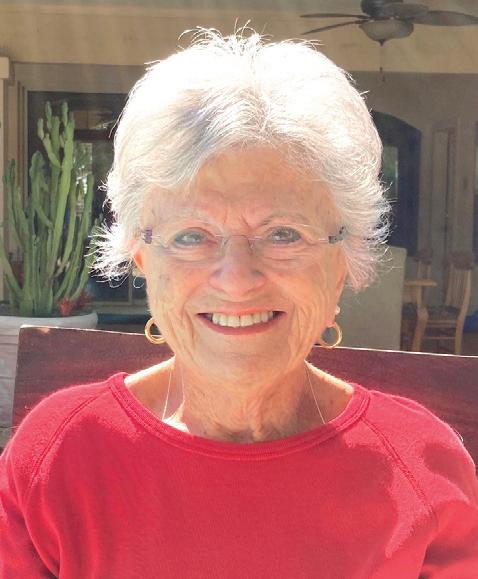
Janice Sperber passed away on July 31, 2024. She was a longtime resident of Phoenix and Paradise Valley.
Janice grew up in Brooklyn, New York, where she met and married Herb, her childhood sweetheart. Herb and Janice moved to Arizona in the mid-1960s and owned and operated Tux & Tails Formalwear in the Phoenix area and Tucson until 1998.
Janice was preceded in death by husband Herb (2014) and daughter Sherri (2015). In addition, her daughter Hope passed away unexpectedly a few weeks after Janice. Janice is survived by son, John (Sarah), and was the proud Mimi to four grandchildren: Halle, Emma, Aaron and Lauren. Janice is also survived by Hindi Jacobs, Melanie Jacobs Botney (Peter), Robyn Jacobs (Jim) and Shoshanna Jacobs of New Jersey. Janice volunteered and was involved in numerous organizations. One of her proudest moments was receiving The Jewish National Fund’s Tree of Life Award, which recognizes commitment to the community, the nation and the State of Israel. She made several trips to Israel and often spoke about the experiences of those trips and serving the Jewish community. Janice was also a voracious reader and enjoyed going to the movies and musical events with her friends.
She will be missed by her family and many friends. She provided the Jewish community and the Phoenix area with a spirit of giving and enjoyed living life to its fullest.
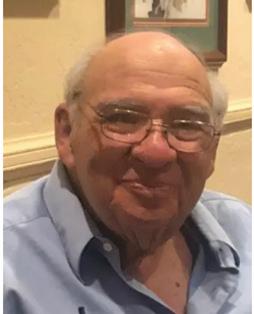
Kenneth B. Diamond, age 88, passed away Saturday, Sept. 21, 2024.
He was born in Phoenix on May 18, 1936, to Harold and Helen Diamond.
Ken graduated from the University of California at Berkeley, and graduated law school at the University of Arizona, where he met his wife Lynda, and they were married for 61 years.
Ken was a true gentleman and a devoted family man. Ken is survived by his wife Lynda; children Eldon and Tamara; sister Rochelle Diamond. He was preceded in death by his brother, Dr. Ronald Diamond. In memory of Ken, donations can be given to the Arizona Jewish Historical Society or favorite charity.
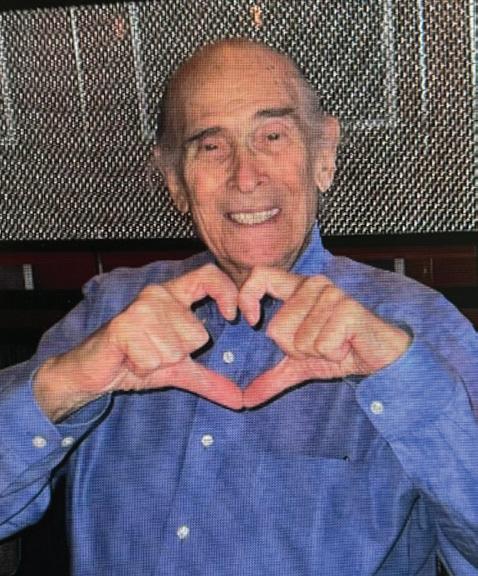
Steve Kaplan passed on June 25, 2024. Born to parents, Ruth and Louis Kaplan, Steve grew up in Brooklyn, New York, and attended Yeshiva grade school. He graduated from Mannes College of Music, with a degree in music education. Upon moving to Phoenix, he created The VIP’S, a music and entertainment company, and became a Jewish musical sensation in Arizona, bringing traditions from the east coast and debuted at the first annual gala for the Jewish Community Center.
Of his many performances, Steve played the first kosher bar mitzvah and then wedding at the Camelback Inn for Rabbi David Rebibo’s family. He was always grateful to the Jewish community of Greater Phoenix for the opportunity to play his “happy” music and bring meaning to life’s celebrations and joys.
He performed with many celebrities also appearing in Arizona and even for May Britt’s birthday party, the wife of Sammy Davis Jr., with dozens of celebrities in attendance.
Steve also founded Arizona’s first travel consortium, which later became ATAA. He was highly regarded in the travel industry. In his later years, he worked with his son, Jason, at The Driver Provider and was active in the Arizona Limousine Association.
Steve was always there as a friend, mentor, supporter and encourager in all his pursuits, sharing his love and guidance with his family, friends and colleagues. He was known for his jokes, always wanting to make people smile and laugh. The center of Steve’s life was always his family. He was most proud of his family’s accomplishments and was always there to love, support and cheer them on.
He is survived by his wife, Barbara; son, Jason (Kendra); daughter, Jennifer (Anthony); his beloved brother, Dr. Barry Kaplan; and his greatest joys, his grandchildren Kennedy, Colin, Benjamin and Lincoln.
Steve’s lifelong contributions will live on.
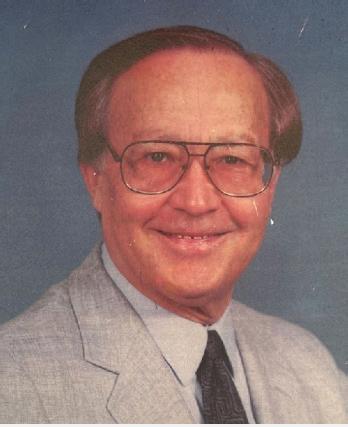
Ken Abrams was an Eagle Scout and played the saxophone in Phoenix’s North High School marching band and was president of AZA.
He attended Phoenix College for two years and played in the Phoenix College marching and concert band. Ken received a band scholarship to attend Arizona State University and was president of AEPi fraternity. He majored in marketing and advertising and graduated with a Bachelor of Science degree. He attended law school at the University of Arizona, established a new colony of AEPi and became president of AEPi. Ken was admitted to the bar in 1956.
He accepted direct commission as first lieutenant in the U.S. Air force Judge Advocate’s General’s Corp and was employed by Fennimore, Craig, Allen and McClennen until called to active duty in May 1957. Ken established private Law Practice in 1960. He was on the board of directors for the Jewish Federation, Jewish Community Center and the Arizona Jewish Historical Society, was president of Thunderbird Lodge of Bnai Brith, received several gold medals at the Senior Olympics for badminton and played saxophone in the Phoenix College Band.
Ken was appointed chairman of Phoenix Mayor’s Committee for action against crime, which made 56 proposals which were later adopted. He taught real estate law at Glendale Community College and served on the Disciplinary Committee and the Public Relations Committee of the State Bar of Arizona. He received an award as attorney of the month from the Maricopa County Bar Association for his pro bono work. He was also awarded a certificate of merit from the Arizona Volunteer Lawyer’s Program and also received recognition for 50 years of membership in the State of Arizona Bar Association.
He is survived by his wife, Joy; children Nancy Gayle (deceased), David Robert, Michael Joseph and Lisa; grandchildren Kaitlin and Marley; and beloved pet, Paris.
Donations in his name may be made to the Nancy Gayle Abrams Research Fund for Scleroderma, Scleroderma Foundation, 220 Montgomery St., San Francisco, California, 94104.
Matt Gress has a solid record supporting Arizona’s Jewish community:
Authored legislation signed into law that increases penalties against those who terrorize synagogues with false bomb threats or other serious offenses

Voted YES on a legislative resolution supporting Israel’s right to defend itself against terrorists
Supported legislation to require Arizona’s education standards to include teaching students about the horrors of the Holocaust
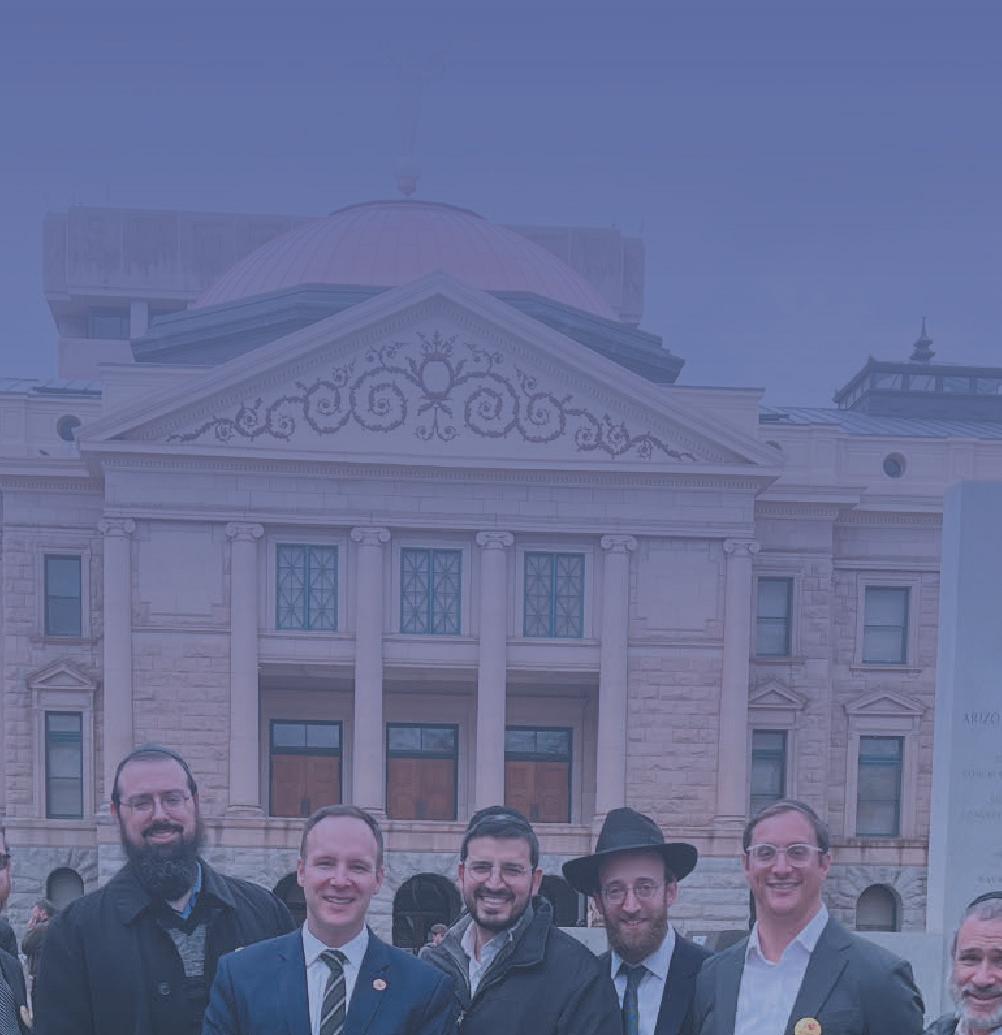
Defends the right of Jewish families to use their tax dollars to educate their children according to their faith
Co-sponsored legislation that would spend $10 million to establish an Arizona Holocaust education center
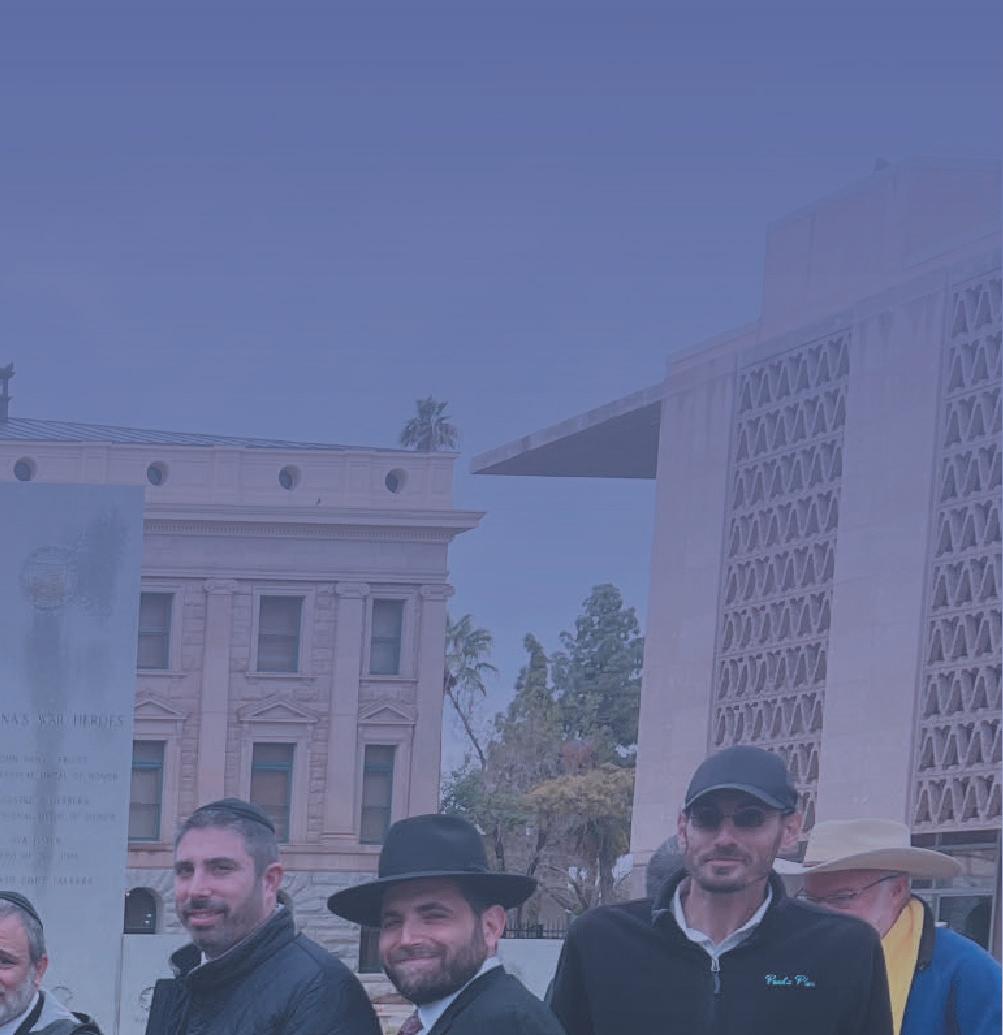

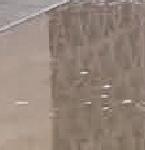
On or before Nov 5th, vote
